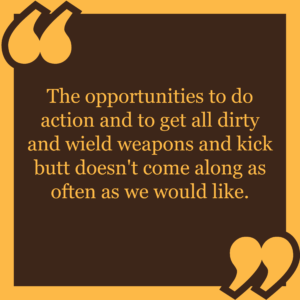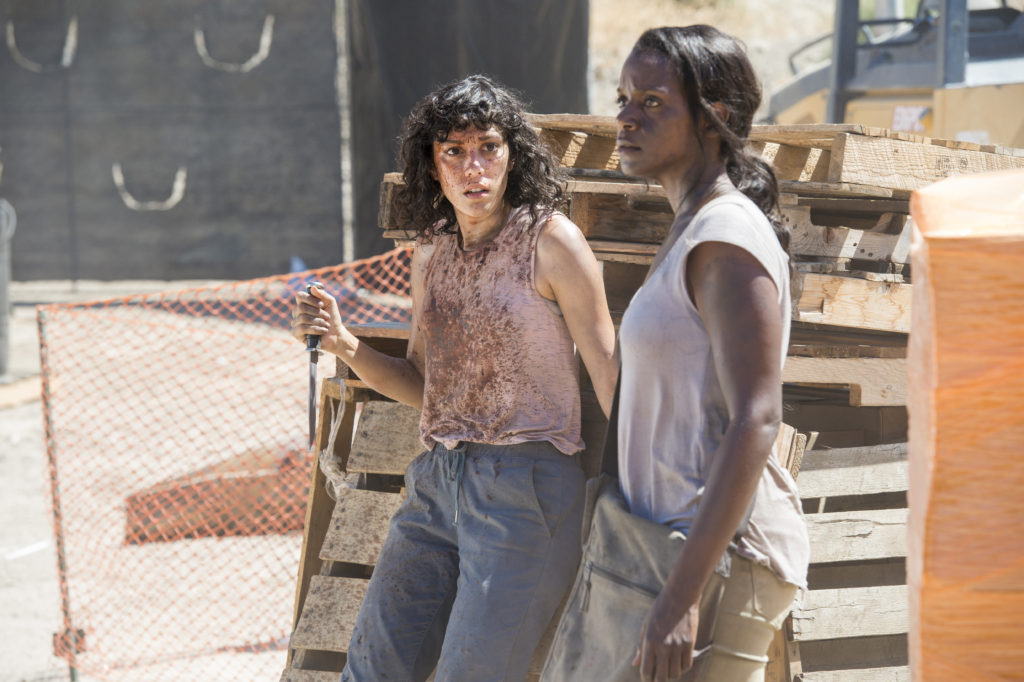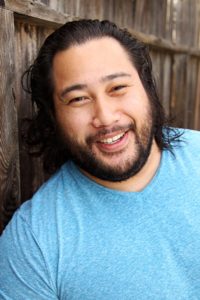
 Whenever established shows attempt to introduce new characters well into the life of a series, generally it feels like sharks are being jumped. But when meeting new characters is ingrained in the very premise of a show, such as “The Walking Dead,” the audience is more accepting of a revolving door and even anticipates first-time faces, often while simultaneously having to say goodbye to longtime favorites.
Whenever established shows attempt to introduce new characters well into the life of a series, generally it feels like sharks are being jumped. But when meeting new characters is ingrained in the very premise of a show, such as “The Walking Dead,” the audience is more accepting of a revolving door and even anticipates first-time faces, often while simultaneously having to say goodbye to longtime favorites.
Few characters in the history of “The Walking Dead” have brought synchronous smiles to the faces of the fandom more so than Jerry, King Ezekiel’s ax wielding, peace sign flashing right-hand man. Portrayed by Cooper Andrews with a jovial perfection, the affable resident of the Kingdom offers hope in a world where it, much like their resources, is becoming increasingly scarce.
Landing a memorable role in one of the most popular shows in all of television has a tendency to impact a career, and for Andrews, the after-effects have been no exception. Later this week the New York native will appear in the crime drama “Den of Thieves” opposite Gerard Butler and 50 Cent, and as it has been reported, he is set to star as Victor Vasquez in the highly anticipated “Shazam!,” due in theaters April 5, 2019.
We recently sat down with Andrews to discuss the fandom’s acceptance of Jerry, building a backstory for his undersized chest pad, and how he went full circle on “The Walking Dead,” from boom operator to star.
TrunkSpace: Not every job in the world has the power to change someone’s life, but we have to imagine that landing a role in “The Walking Dead” is one of those gigs where you can sort of feel the crackle in the air of things to come?
Andrews: Yes. Once I started on the show, I didn’t have a clue how people would respond to him (Jerry), but it’s been going well. I’ve been getting some cool opportunities from the show, just getting to go around the country and getting to go to other countries now. Just as an actor, working with all those performers, it gave me a confidence that I didn’t have as an actor before, I don’t think.
TrunkSpace: And from what we read, things moved pretty quickly. You auditioned, and then you knew within a couple of days that you were going to Georgia. Did the fact that it happened so quickly allow you to not overthink it?
Andrews: Yeah, pretty much. From me finding out to me leaving was just a few hours. I was with my friend shooting a fight sequence, and I got the phone call. I was sitting with all of this camera gear in a swimming pool. So yeah, I really didn’t have time to process it.
TrunkSpace: How soon did you feel the reach of “The Walking Dead” fandom and their acceptance of both Jerry as a character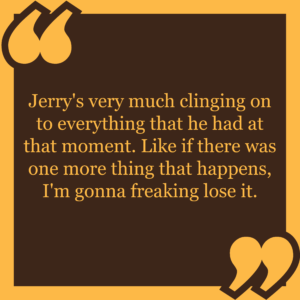 and you as a performer?
and you as a performer?
Andrews: The day after it aired I was already bumping into people who were like, “Hey, are you…” You know, with that kind of surprise, “Are you that guy?” But to the point where people just say my name now, that’s weird.
TrunkSpace: We mentioned this to Khary Payton recently as well, but with all of those from the Kingdom, the characters have made such a big impact, but in the grand scheme of things, you guys haven’t been around that long. For fans, it feels like folks like Jerry and King Ezekiel have been around for many seasons.
Andrews: And honestly when I was watching it, it does feel that way. I do a yearly binge of the show. I’m on Season 4 right now, and it was just one of those things where I’m like, “Man, I forgot how much I love this show.” I never forgot that, but with just how much story happens before we even get there, I’m like, “Wow, I feel like we’ve been on here forever, but it has not been that long.”
TrunkSpace: Jerry’s comic relief is often injected into the series at times where it feels like, as an audience, we need it. Do you feel like Jerry and other characters who offer those playful moments are important to the success of the series – a sort of balance of light and darkness?
Andrews: I don’t know how Jerry affects any of the series, but as far as I feel how I try to make him effective is, and I think when they gave me all the cool writing stuff, all these awesome one-liners, I think it’s important for people to remember that there is something other than fighting. And Jerry, I think, is a big part of that. He’s an optimist. For me, that’s an awesome thing to be on a show like that. And I think the other characters on the show kind of need that optimism. So yeah, I definitely think that the show needs it, too.
TrunkSpace: We know fans love to obsess about backstory, but one of the things that we love is that we can take a character like Jerry and try to read between the lines and dissect who he is and why he is. Like with Jerry’s affable nature, a part of that, for us, feels like perhaps it’s a bit of a coping mechanism for him in this new world. Maybe it’s how he gets through all of the darkness, by being the light.
Andrews: Yeah. I definitely feel that. I feel like Jerry’s whole goal is to move forward. And I had this… there’s this joke about me and the chest plate. I like Jerry not having a backstory. I like that idea, because Jerry is a very forward person. He thinks about the future. He thinks about what’s to come. But when I wear that chest pad, it’s so tight and so small that I always wonder, “Huh, I wonder if this was always my chest pad?” I’ve had that thought recently, or since Season 8 I’ve had that thought, I should say. I just always thought, maybe if there was a backstory, I wondered if there was a kid involved or something that he had, and he tried to set the example for his kid. But that’s just a thought. Maybe there’s nothing to do with it, and they just don’t make my size. (Laughter)
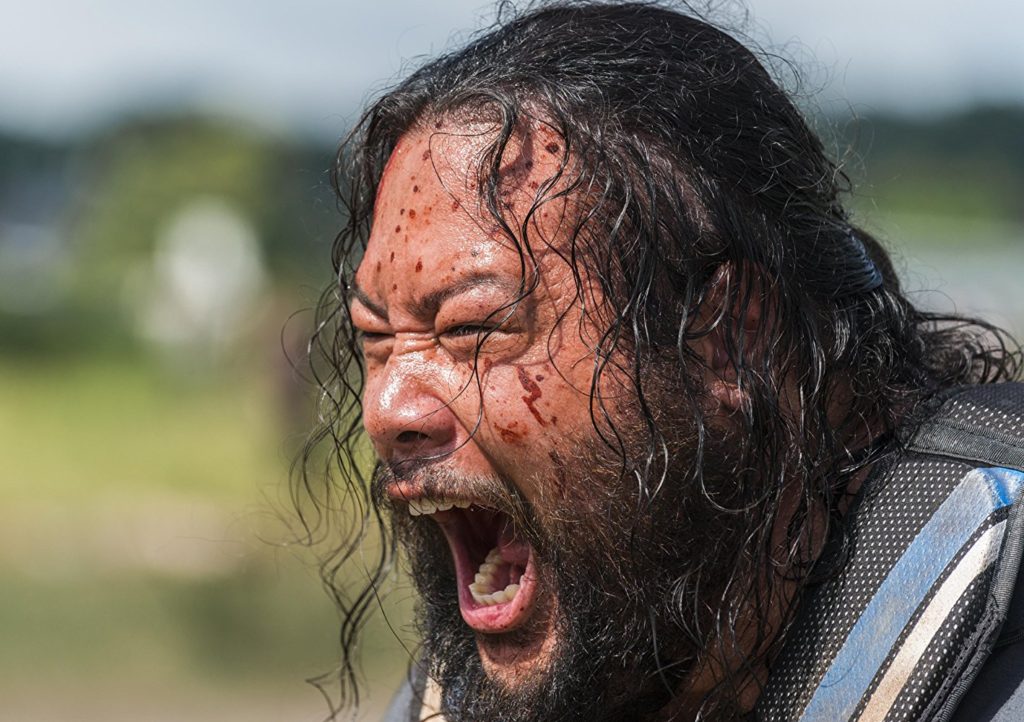
TrunkSpace: Another item that became synonymous with your character was the ax. In the episode “Some Guy,” you lose that item, which got us to wondering, from a performance standpoint, did you approach Jerry differently after that? As if, by losing the ax, it altered the way he carried himself?
Andrews: I played it like this… when Jerry loses the ax, and he’s like, “Shit balls,” I definitely had more of a, “It’s just an ax” mentality about it. The reason I was upset is that, “Oh, I kind of needed this weapon right now to go through all of these things. This stick might not handle it.” I think a very big thing about the Kingdom is that they’re all spirit. Even right now, everyone has run from the Kingdom, but they’re still the Kingdom. They don’t need the Kingdom to be the Kingdom. I don’t need my ax to be complete. It’s just an extension of what we can do. So that’s how I played it.
TrunkSpace: In that same “Some Guy” episode, there was this really great, powerful moment for your character that we felt you played perfectly. At some point, and we’re paraphrasing here, but you call Ezekiel, “Your Majesty” and he says, “You don’t need to call me that.” And you respond with, very seriously, “Yes, I do.” That was such a great moment for Jerry and the season as a whole because we suddenly saw the character’s vulnerable side.
Andrews: Yeah. Jerry’s very much clinging on to everything that he had at that moment. Like if there was one more thing that happens, I’m gonna freaking lose it. “Yes, I do have to call you that, like more than ever right now.” Yeah, that was… I love that line.
TrunkSpace: It’s an exciting time for you because not only are you dealing with all out war in “The Walking Dead,” but you also have a film due out this week called “Den of Thieves” and it was recently announced that you’ll be starring in “Shazam!,” which is due out next year. People are always talking about “overnight successes,” but nobody’s an overnight success. Most people are always working towards a goal.
Andrews: First off it’s fun, but it’s one of those things where I’m like, “Huh, is this my life now? Is this what’s happening, or is this just a moment?” So I try not to get my head into that space too much because then I’m afraid I’ll try to give myself an expectation. But I do set goals for myself every year film-wise, working in the industry-wise. It’s always silly things. Last year my New Year’s resolution was to be in a movie. And then like four days later I was cast in “Den of Thieves,” and I was like, “Oh, sweet.”
TrunkSpace: (Laughter) It’s good to get those resolutions out of the way very early.
Andrews: (Laughter) Yeah. I was wanting to clear it.
TrunkSpace: And not only did “Den of Thieves” help you achieve that resolution, but it must have been a great experience because that cast is stacked.
Andrews: It was such a great experience. I love movies because we can really take our time to just focus on doing like two or three pages a day. When we’re shooting the show, we’re shooting maybe eight and nine pages a day and going through it quickly. We all put our best in, but we have to keep to a schedule, so it’s like we don’t get to take that extra time that a film gets to.
TrunkSpace: When we started our chat we talked about what a game changer “The Walking Dead” was, but fast forward about a year from now and “Shazam!” could change things for you again in a single opening day weekend.
Andrews: The biggest thing I’m excited about is, I’m a DC guy over Marvel. I was raised on Superman, reading his comics for like over a decade. I knew about Shazam, but I didn’t know the details about everything. I always read when he crossed over into Superman’s world or things like “Kingdom Come,” but the idea of Shazam I thought was always incredible. Just his honesty, just his pureness to be given the ability to shape the world, in a sense, is exciting. Getting to play this character is gonna be a lot of fun.
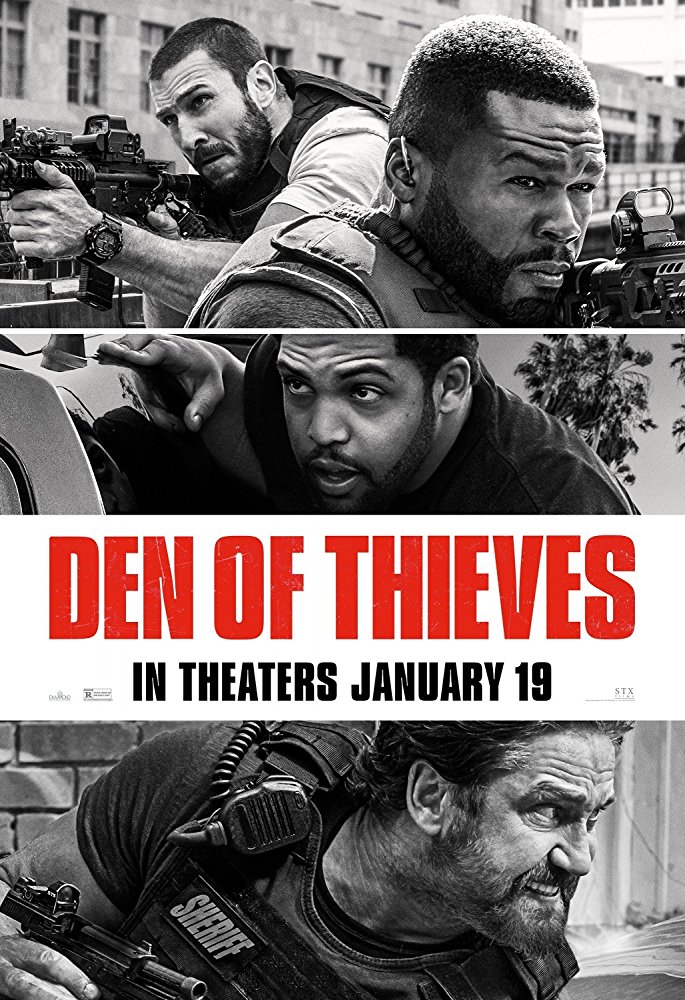 TrunkSpace: And I think a lot of the comic-loving population feels the same way you do. We knew of Shazam as a character, but we didn’t know every single detail about him, which may actually lead to the film being one of DC’s biggest cinematic successes… much like “Guardians of the Galaxy” was for Marvel.
TrunkSpace: And I think a lot of the comic-loving population feels the same way you do. We knew of Shazam as a character, but we didn’t know every single detail about him, which may actually lead to the film being one of DC’s biggest cinematic successes… much like “Guardians of the Galaxy” was for Marvel.
Andrews: Oh for sure. I don’t know if you remember, but back when “Batman Begins” came out, everyone was like, “Michael Keaton is Batman! Michael Keaton is Batman! There was no other Batman!” I love Michael Keaton, don’t get me wrong. I loved it. But I was like, “I could see a new Batman.” And then Christian Bale happened. And then it was so funny because when Ben Affleck was announced, I then was reading, “Christian Bale is the only real Batman!” (Laughter) It’s just funny how that works.
With Shazam, there isn’t gonna be, “This is the only true Shazam!”
TrunkSpace: Maybe in 20 years from now people will be like, “This is not Victor Vasquez! Cooper Andrews is the only Victor Vasquez!” And it will come full circle!
Andrews: (Laughter) Yes!
I had an awesome full circle moment on that last episode of “The Walking Dead” that we did. So two or three years ago, Season 5, I was doing second unit boom operating. And so that means we do a section of a scene from this episode, then a section of a scene from another episode, throughout the season, because they’re just trying to cover everything. And there’s this scene where Andy Lincoln is behind the wheel of this car. I’m on the radio with my mixer, and I’m like, “All right, I’m just gonna get perspective from the camera side. I don’t think anything’s happening here.” And then Andy just starts yelling in the car. He’s like, “Ahhhhhhhhhhh!” I was like. “Whoa. Okay. I’m gonna move the microphone inside the car, and we’re gonna see what happens.” I put the mic in and then I hear, “And action.” And it goes quiet. And then nothing. And then I hear, “And cut.” And I was like, “I don’t know what just happened, but we got whatever that was.”
And it was him just yelling at himself to get into that moment, because it’s hard when you do these pickup shots. You have to get your head in there quick, and you can’t do like two pages of dialogue to build up an emotion, so he just yells it out. And with this last episode that aired, when you see me in the car at the beginning, I did that same exact thing like 50 yards away from when he originally did it – the same exact shot. It was the camera outside the car looking in, and it was just on my face and me having to go intense. And I was thinking, “Man, what do I… Oh, yeah!” And I just did it. And I was like, “This happened, full circle, 50 yards away.”
“Den of Thieves” arrives in theaters this Friday.
“The Walking Dead” returns February 25 on AMC.
“Shazam!” is is due in theaters April 5, 2019.


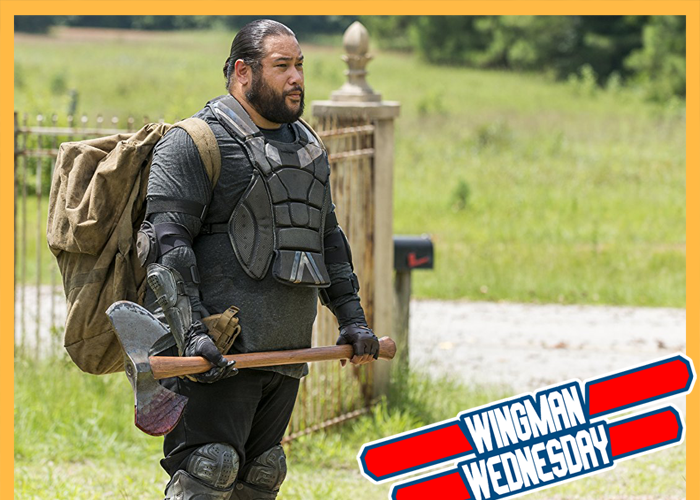
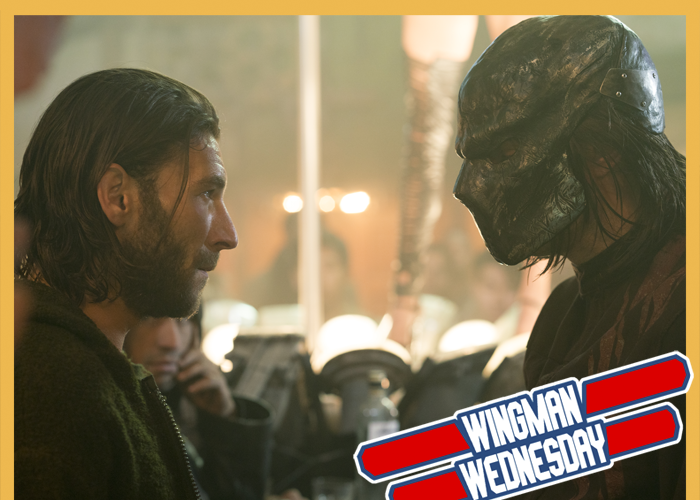
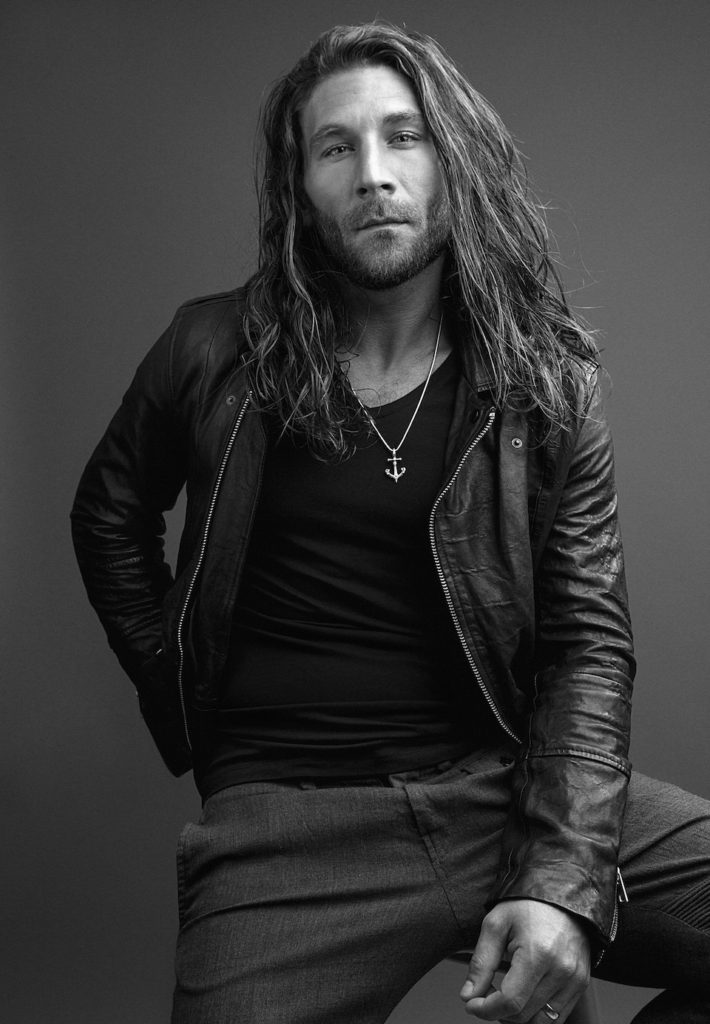 On your mark. Get set. Let’s go!
On your mark. Get set. Let’s go!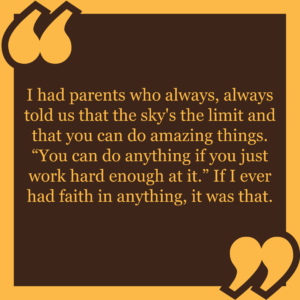 character I was like, “Oh, this is like Kurt Russell in ‘Escape from New York’ or something.” That was what I saw. Don (Michael Paul) explained to me that they were actually building the cars and they were going to do everything practical and not rely upon the visual effects and all that. That’s when I knew it was going to be awesome, or at least I hoped that it could be. I’ve seen it, and I think that really shines through, so I think the original fans will dig those elements of it.
character I was like, “Oh, this is like Kurt Russell in ‘Escape from New York’ or something.” That was what I saw. Don (Michael Paul) explained to me that they were actually building the cars and they were going to do everything practical and not rely upon the visual effects and all that. That’s when I knew it was going to be awesome, or at least I hoped that it could be. I’ve seen it, and I think that really shines through, so I think the original fans will dig those elements of it.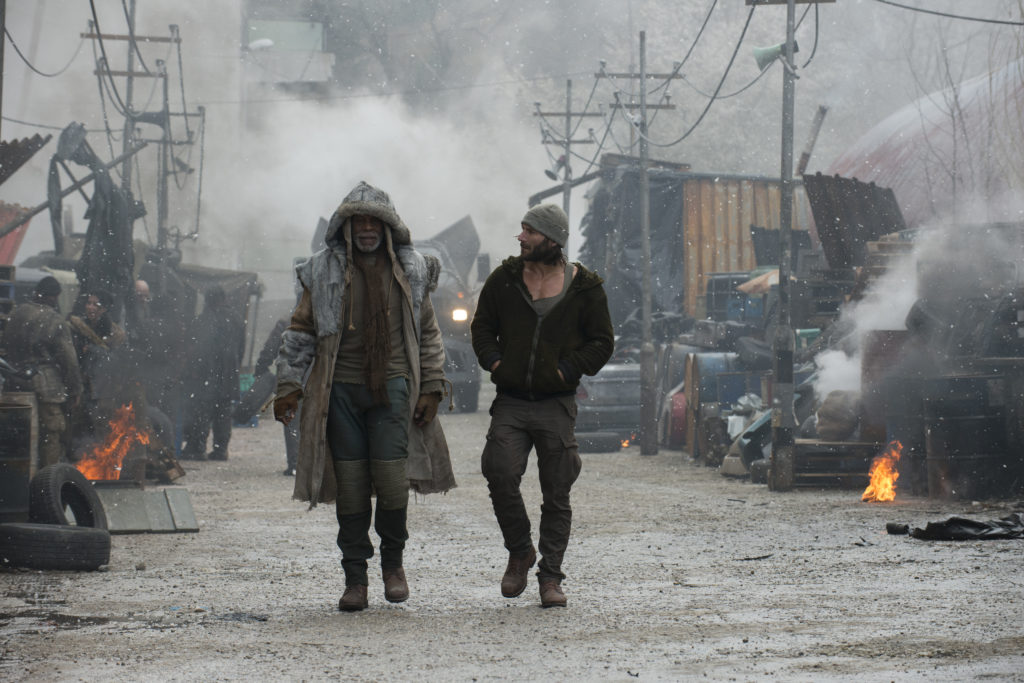
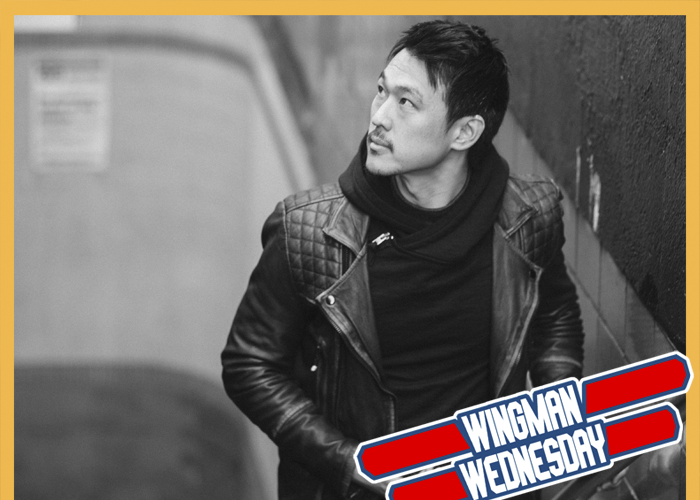
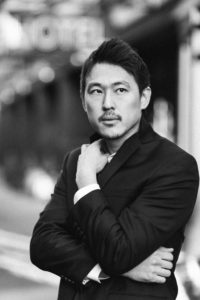
 . Marvel projects are so shrouded in plot point secrecy that you’re really in a conversational holding pattern about it until it’s released.
. Marvel projects are so shrouded in plot point secrecy that you’re really in a conversational holding pattern about it until it’s released.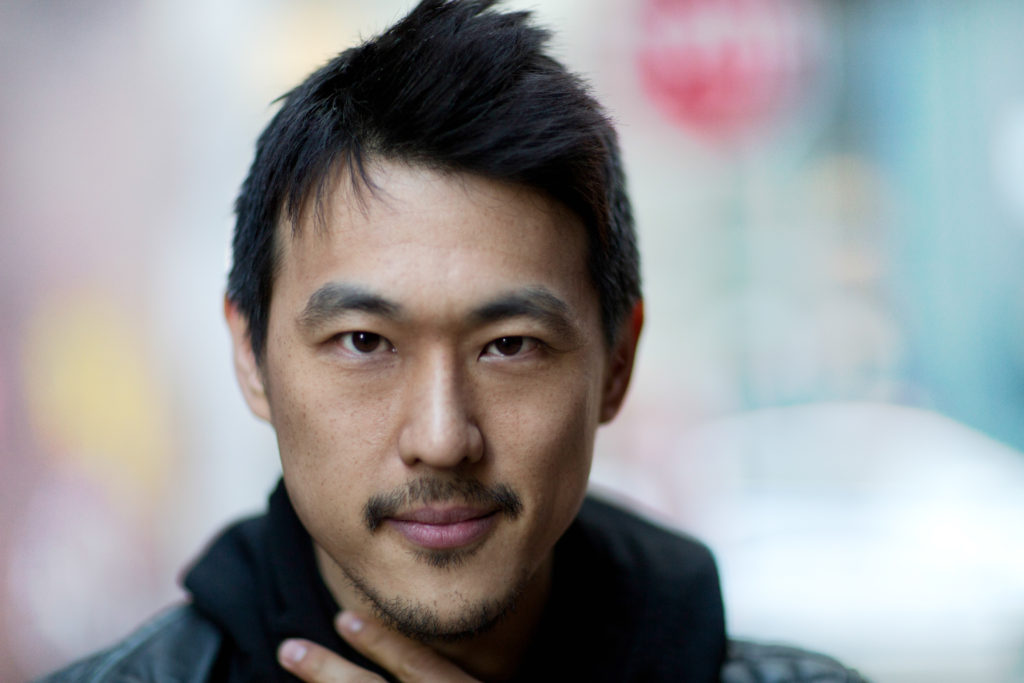
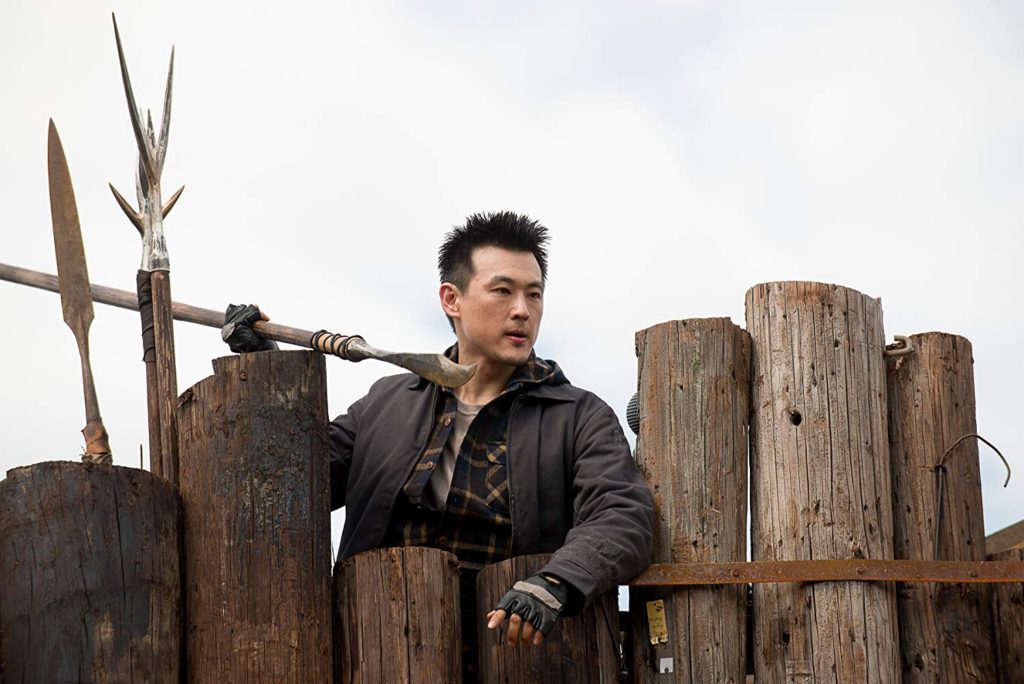
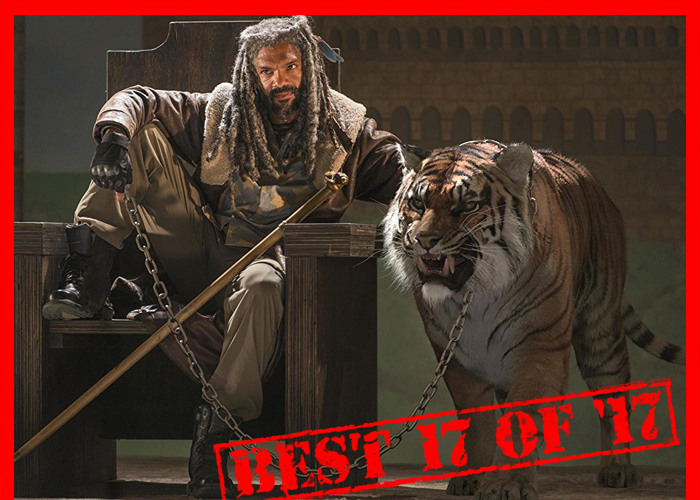
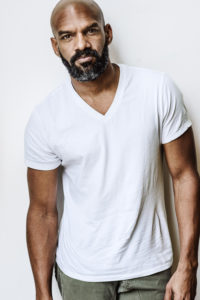
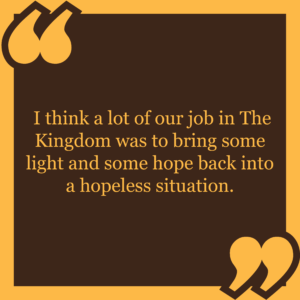 the people of The Kingdom know, and Ezekiel, the more vulnerable man he shared with Carol, as the same character? Are you playing two different people?
the people of The Kingdom know, and Ezekiel, the more vulnerable man he shared with Carol, as the same character? Are you playing two different people?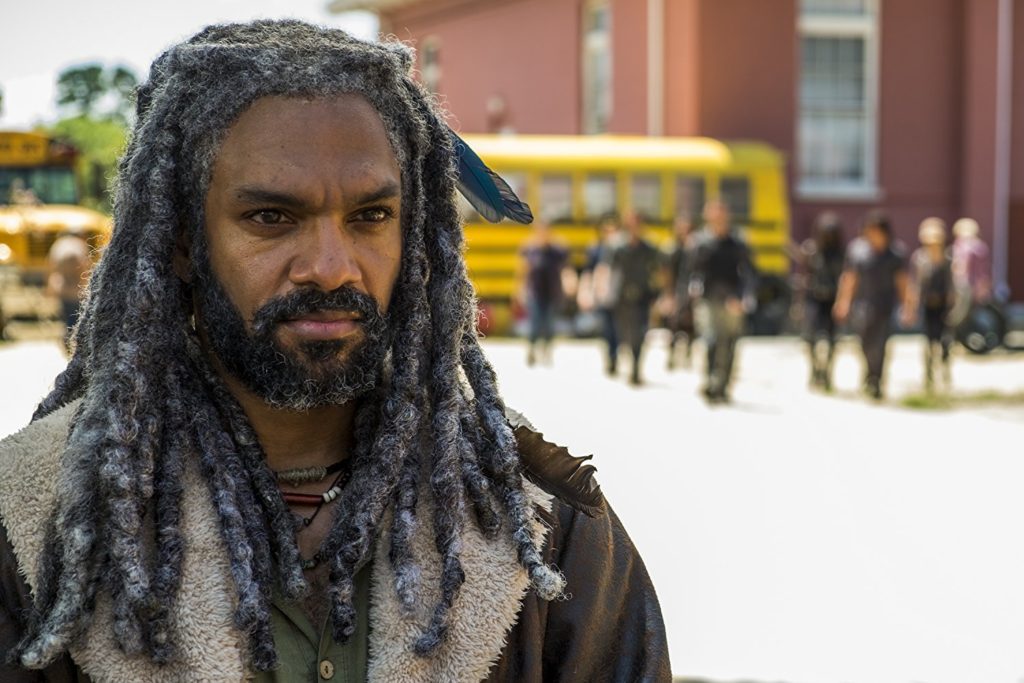
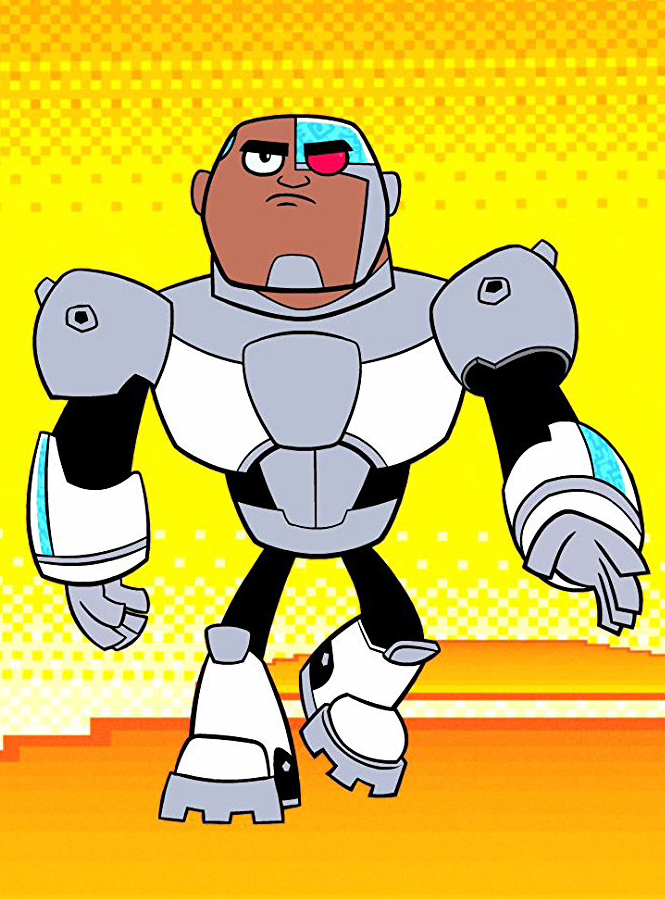
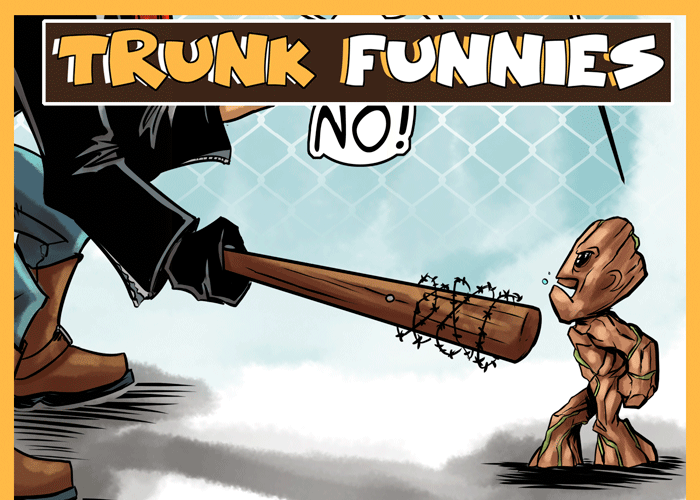
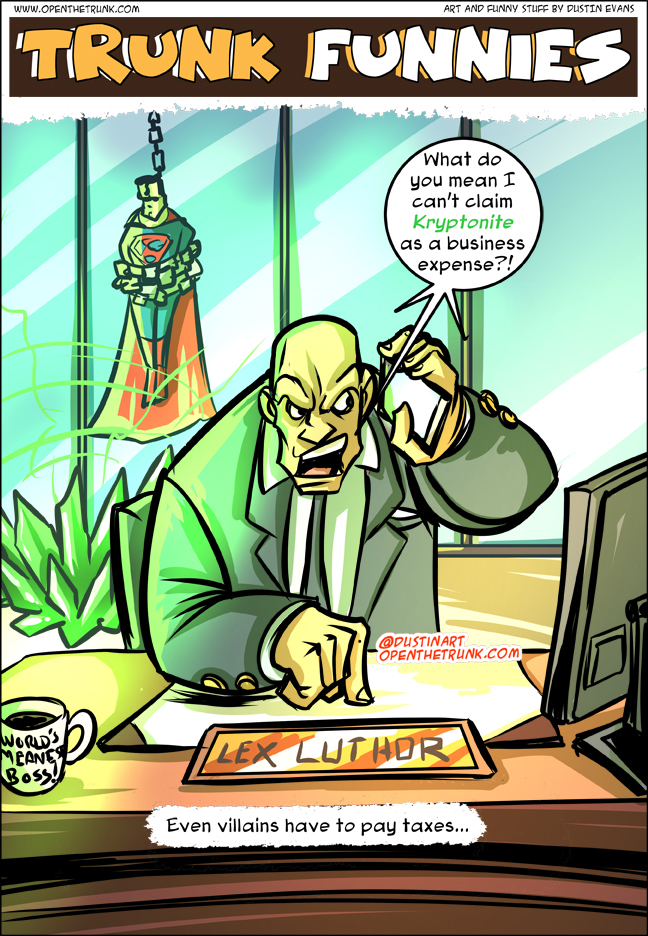
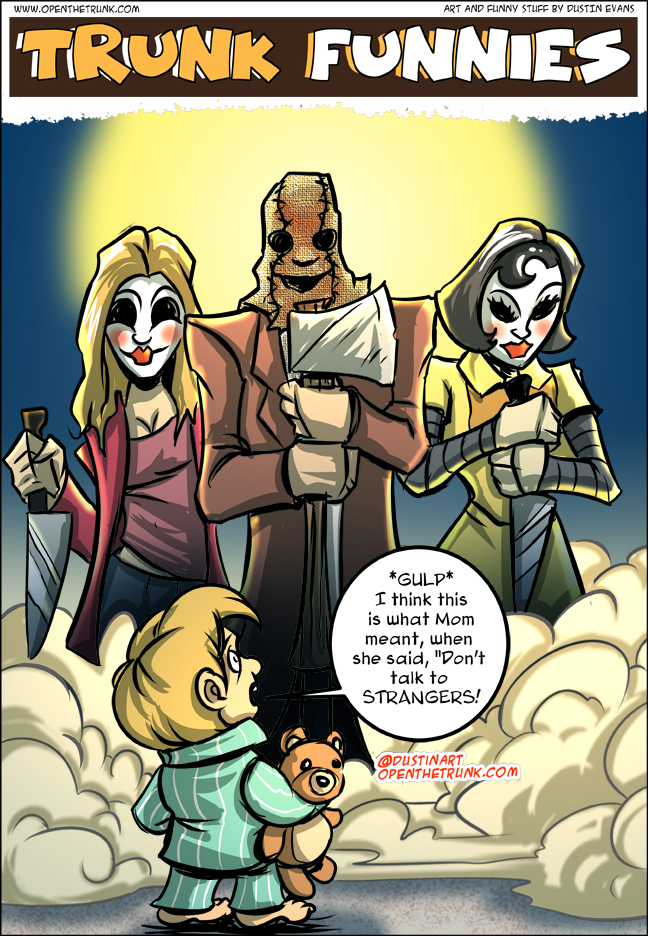
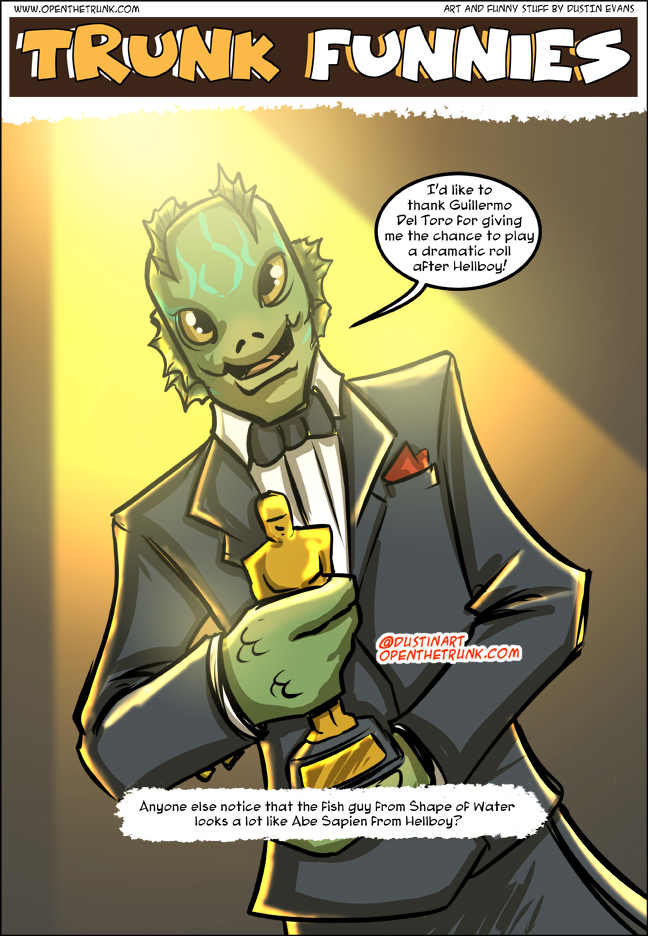
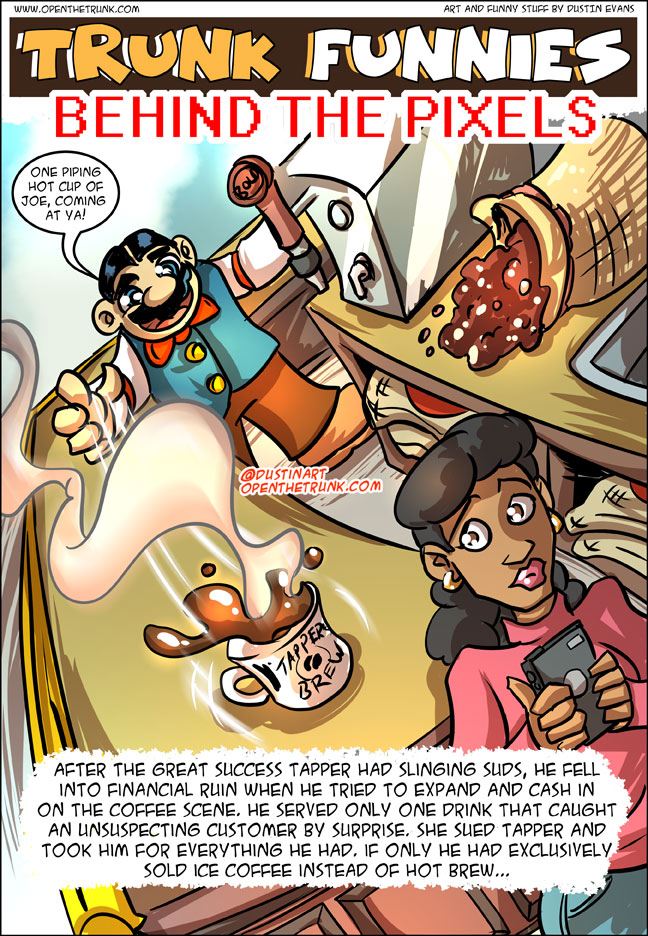
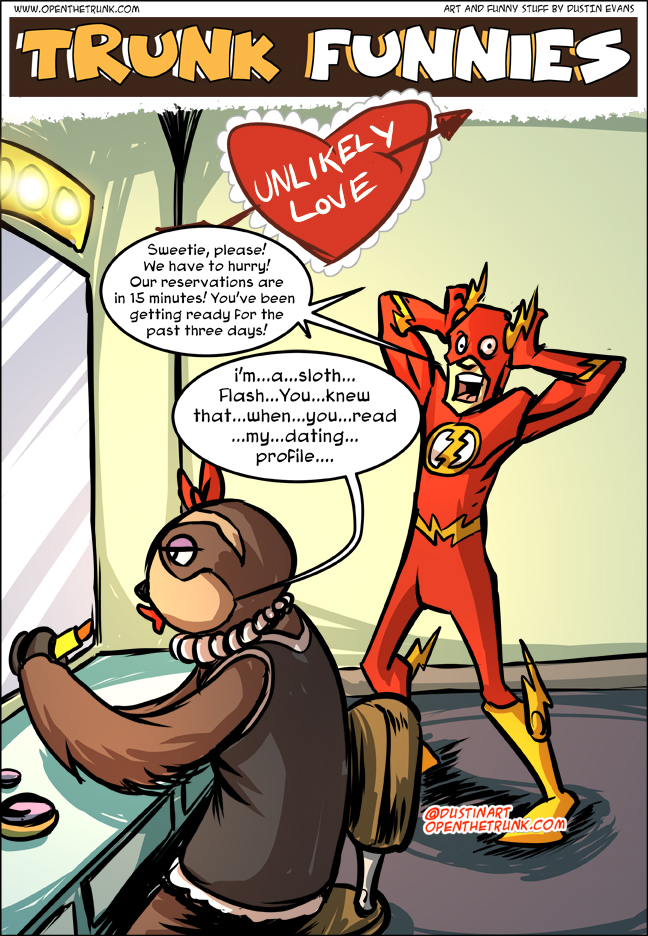
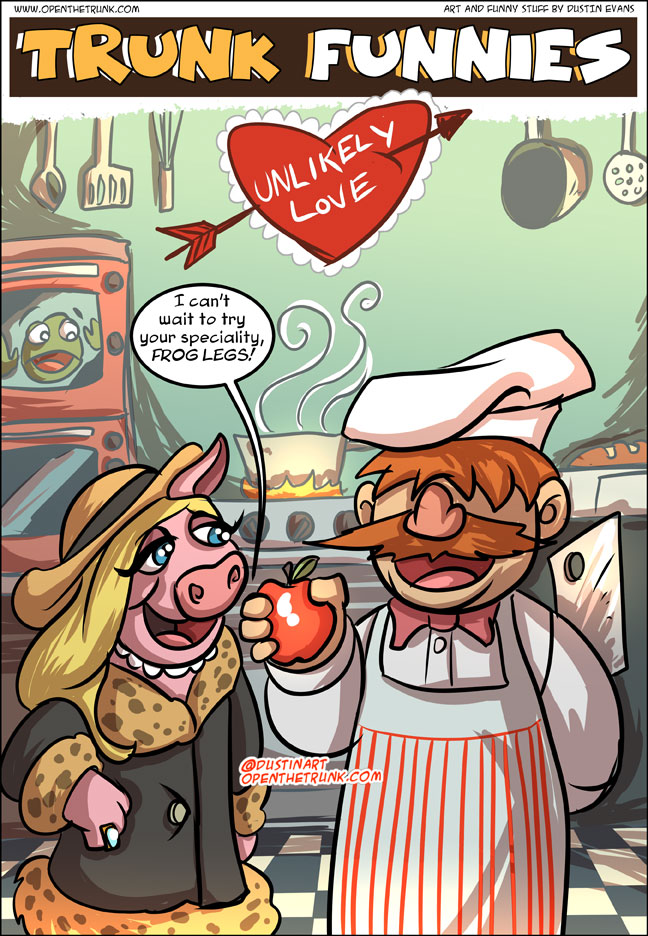
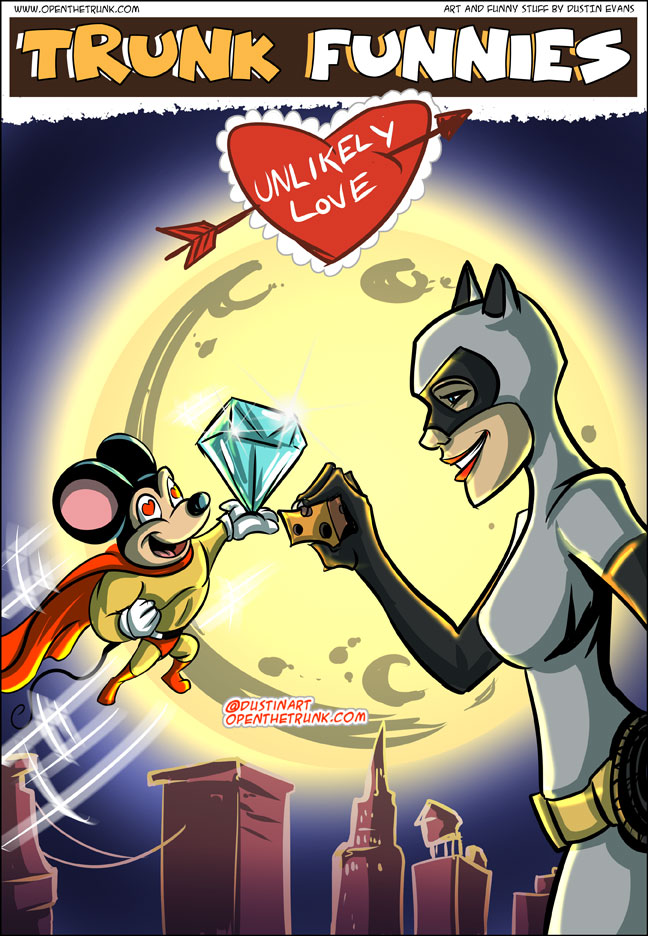
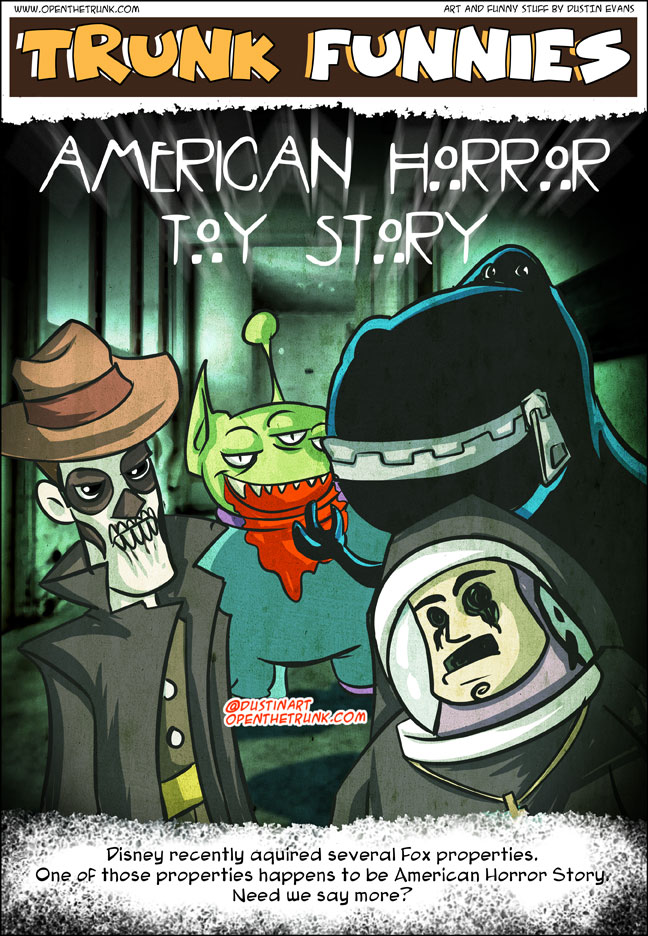
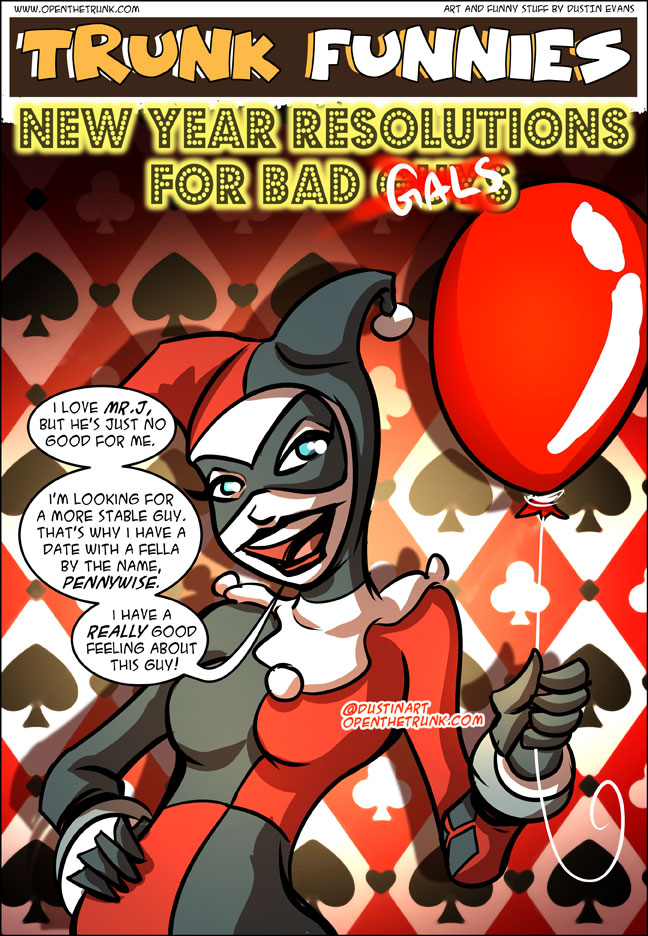
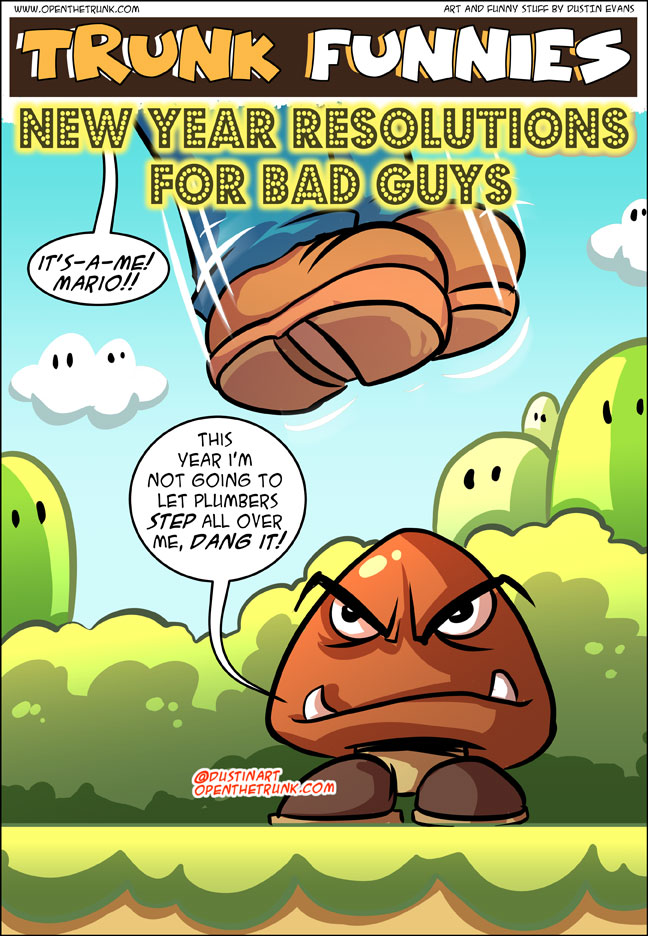
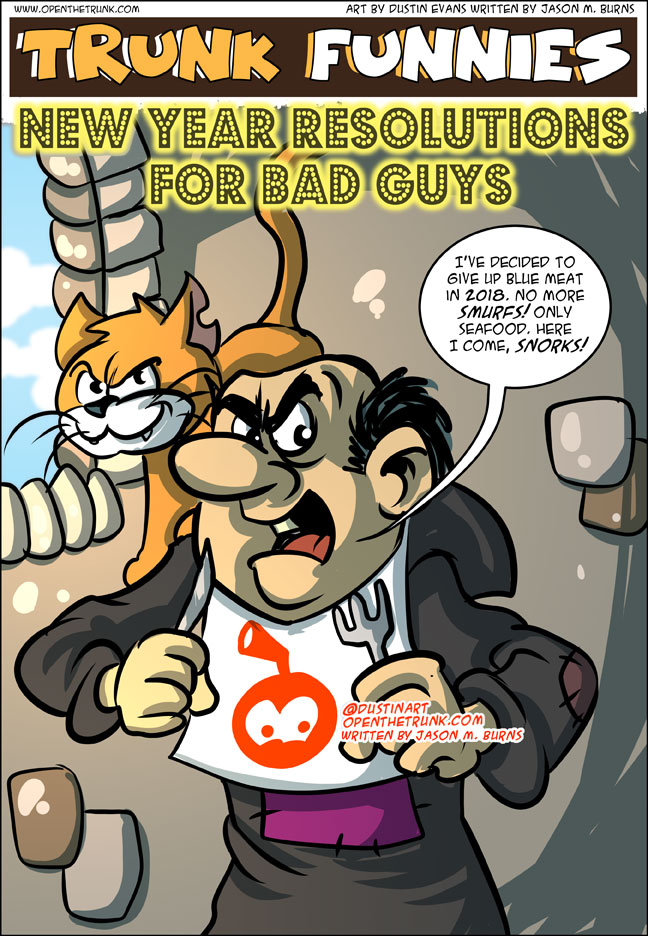
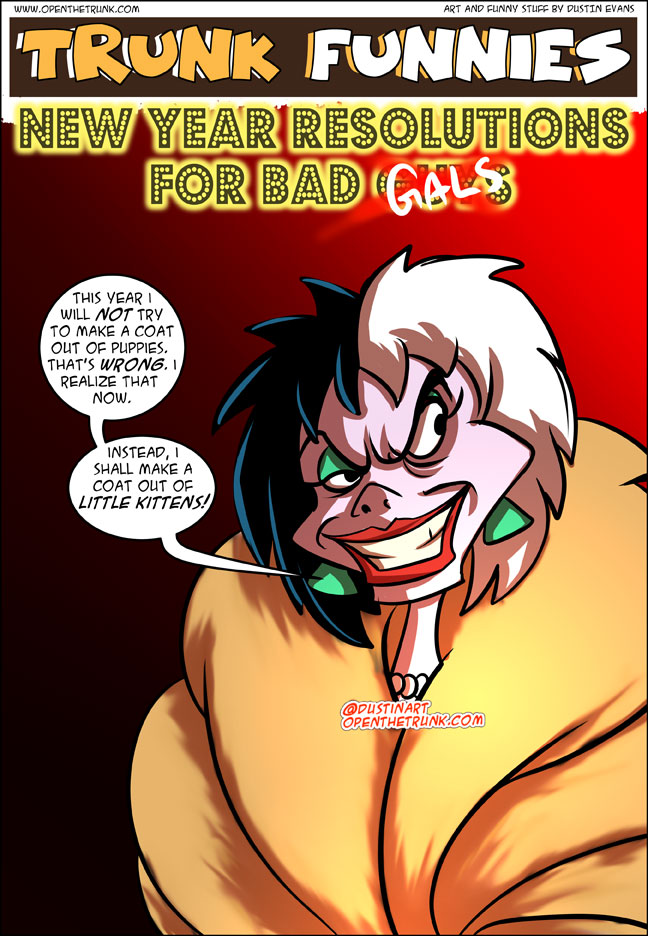
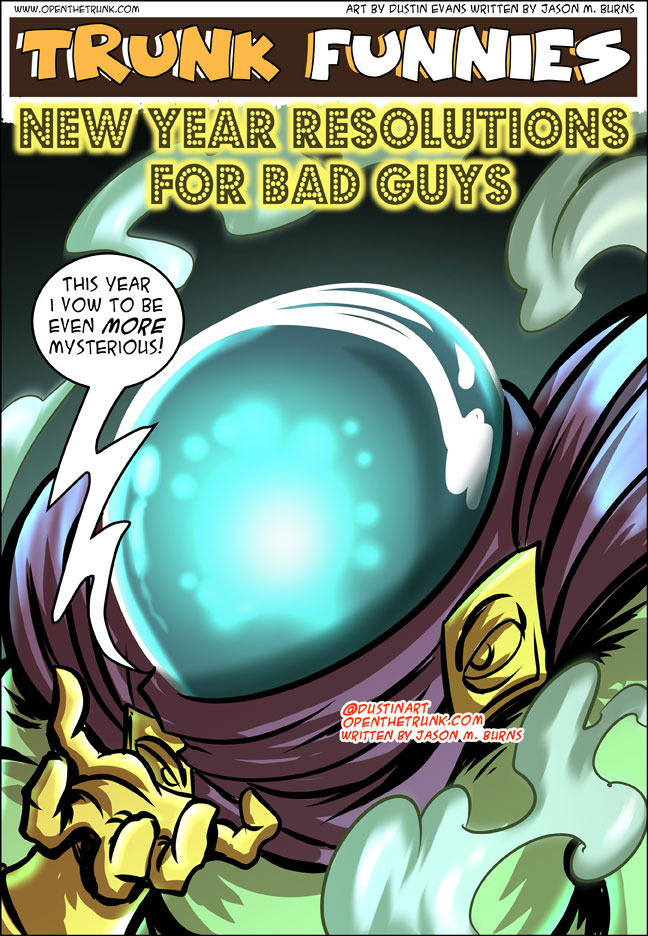
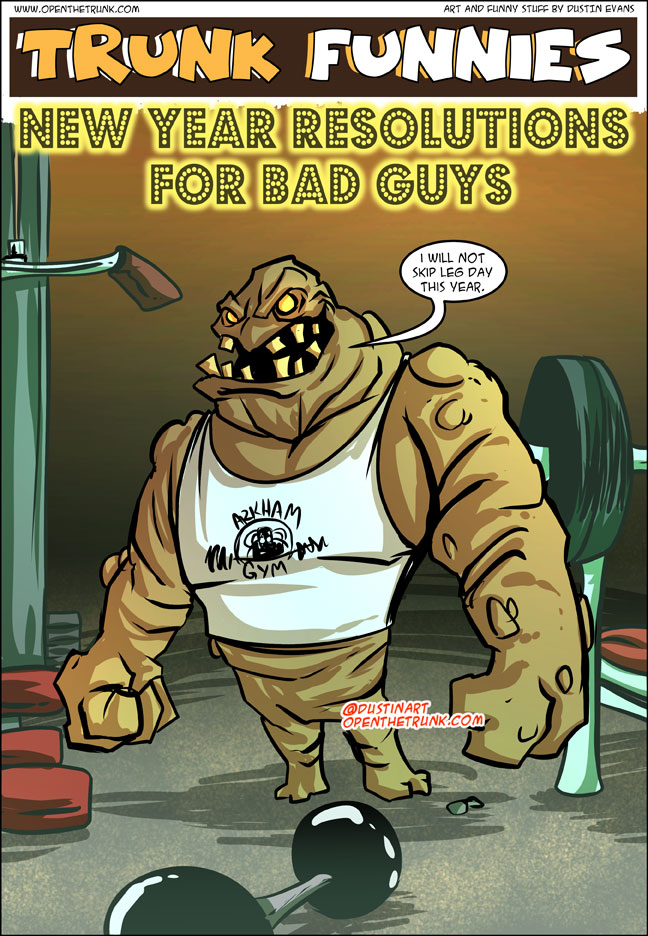
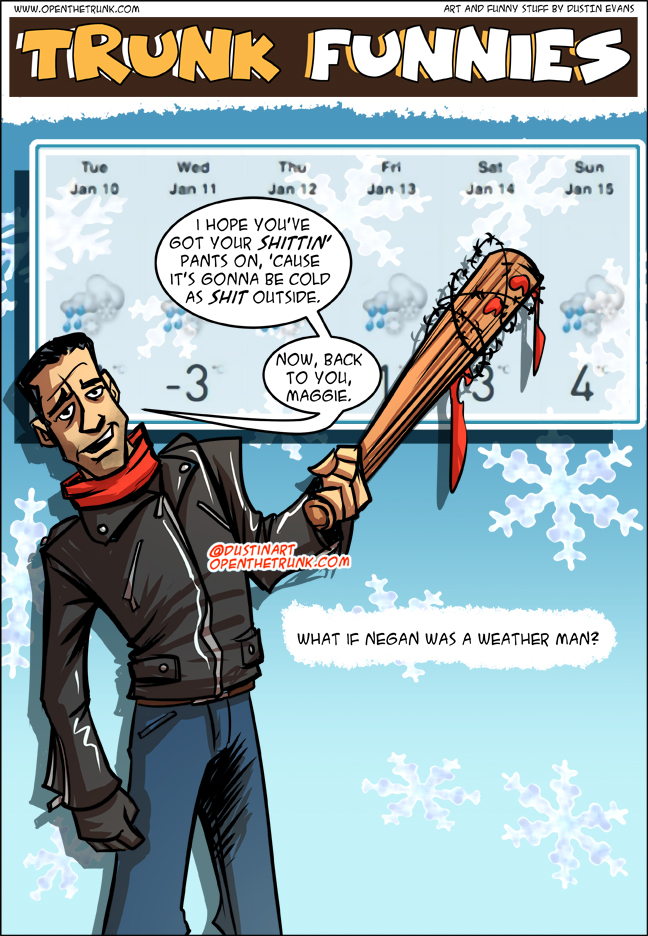
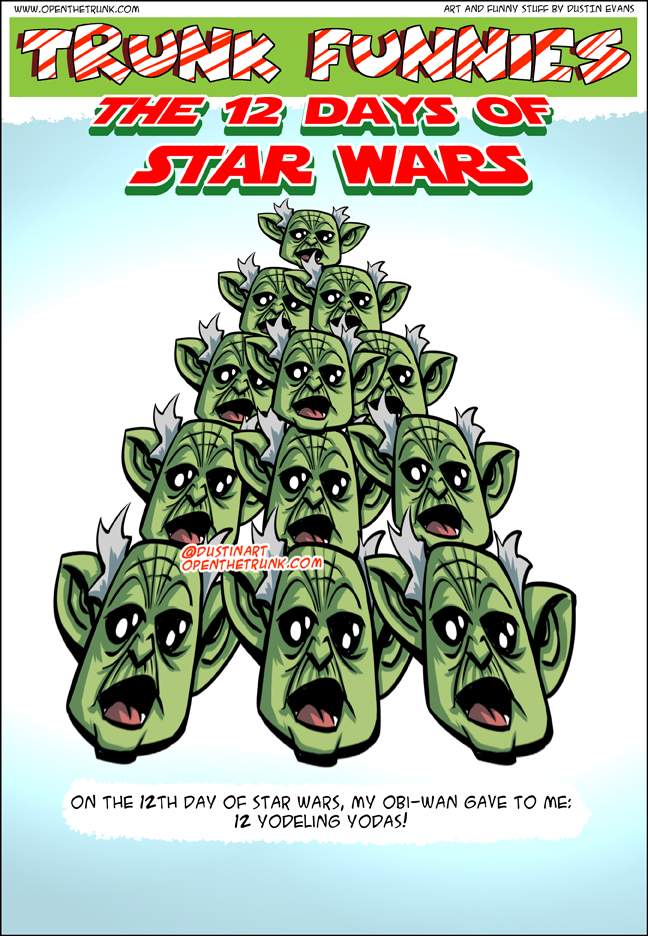
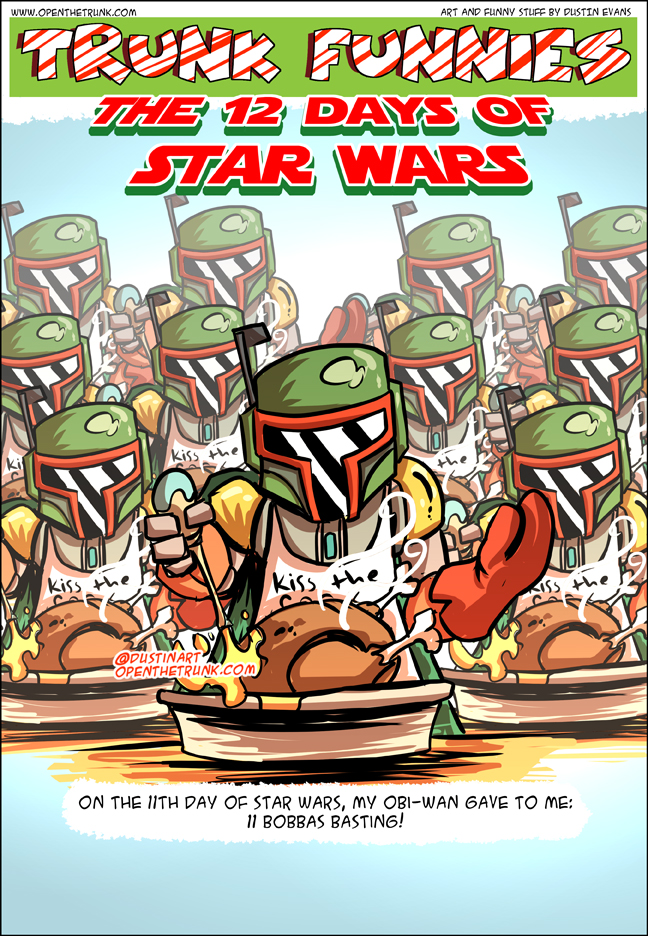
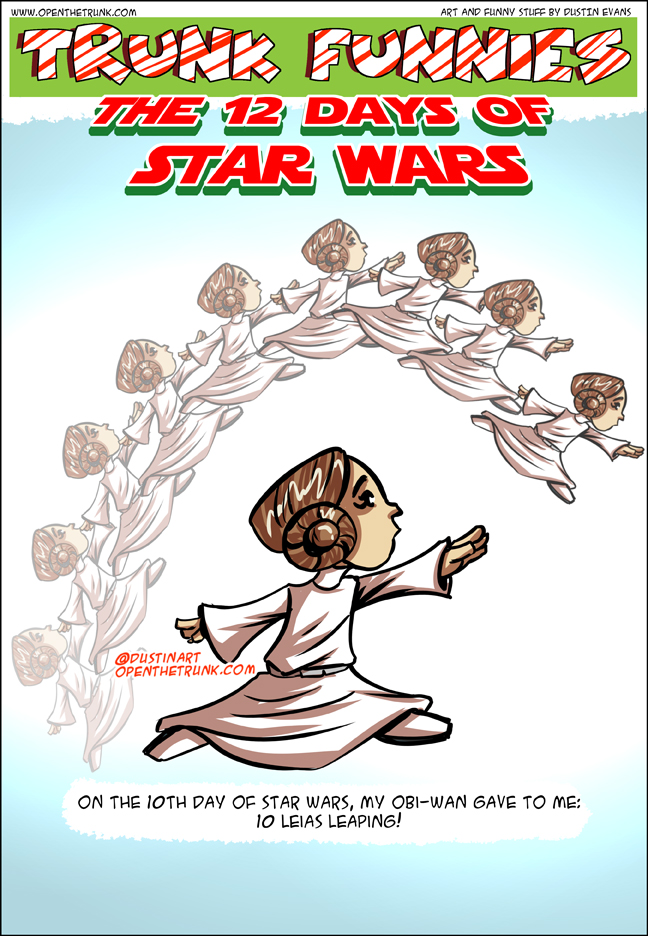
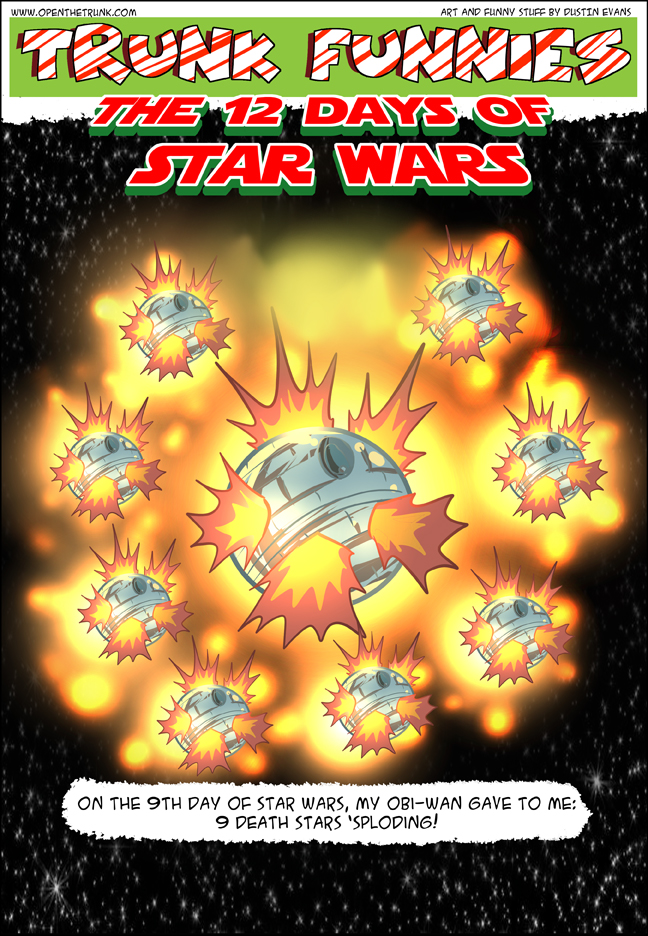
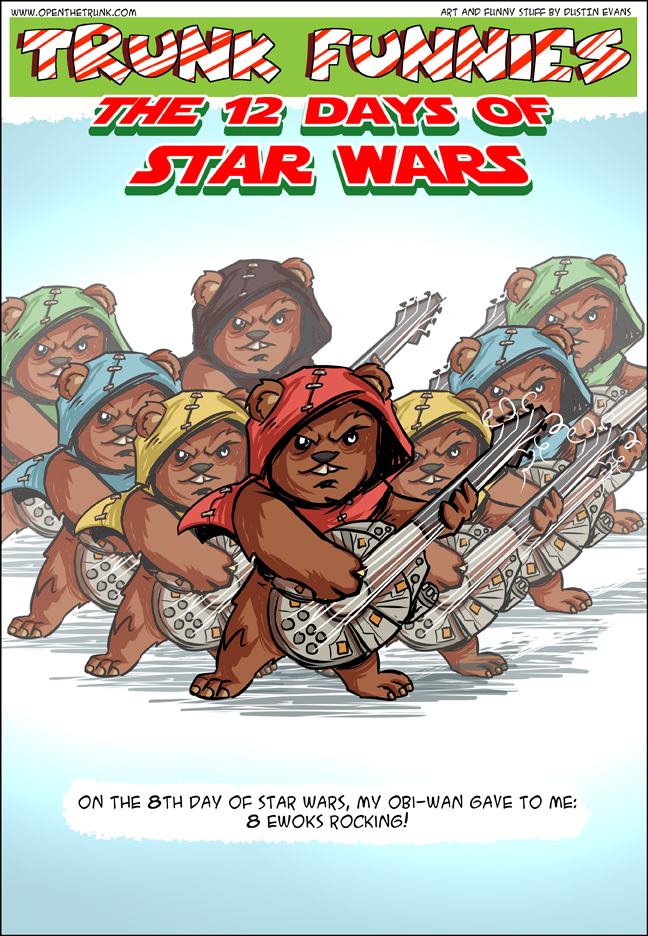
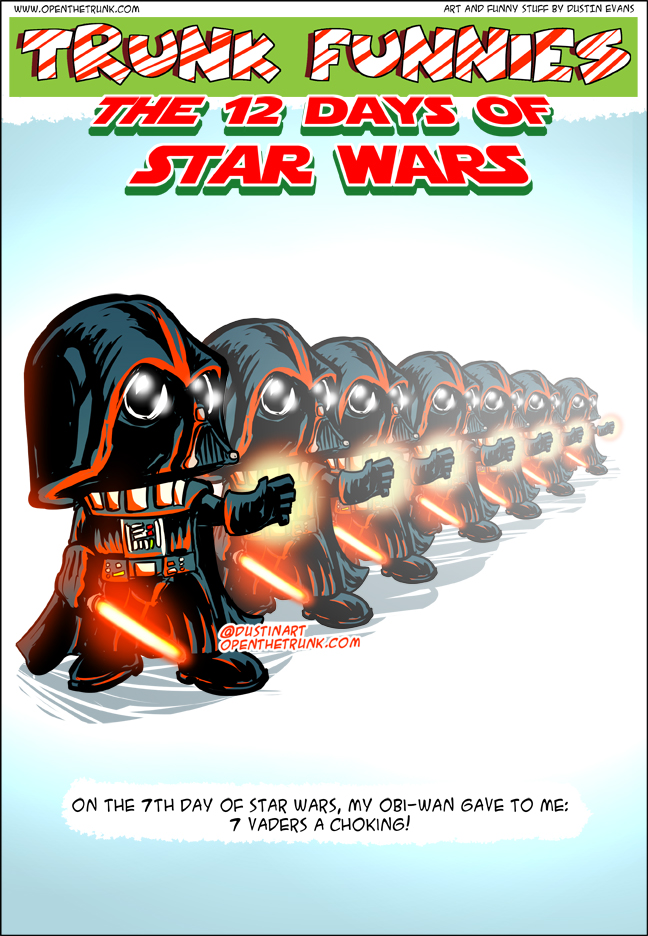
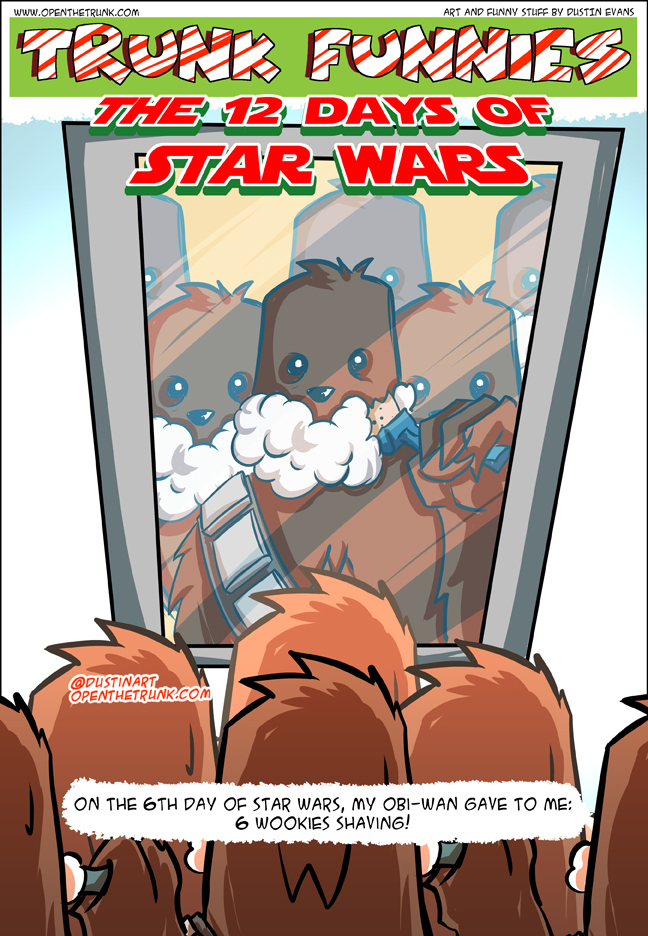
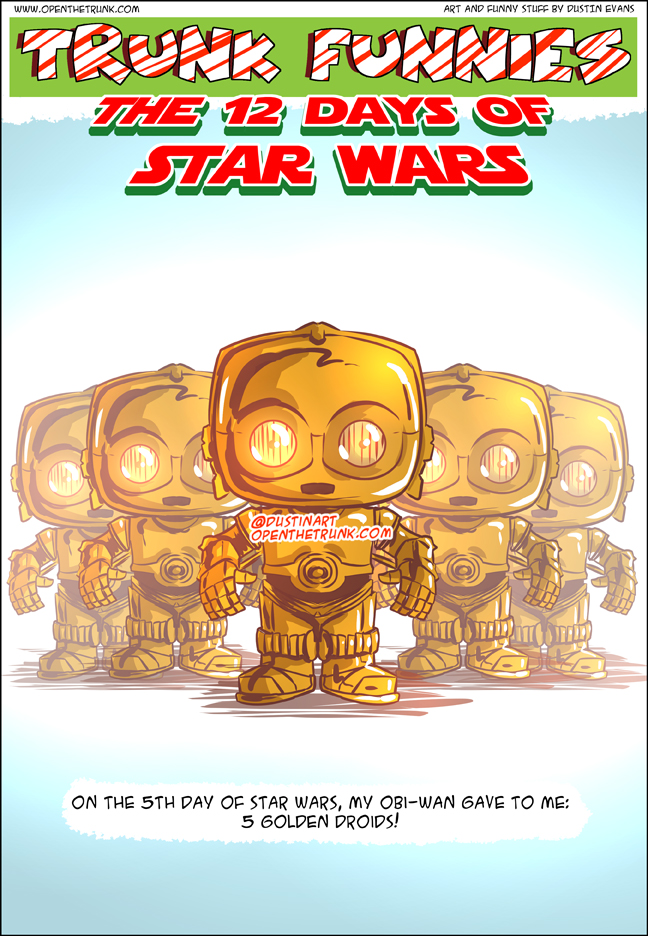
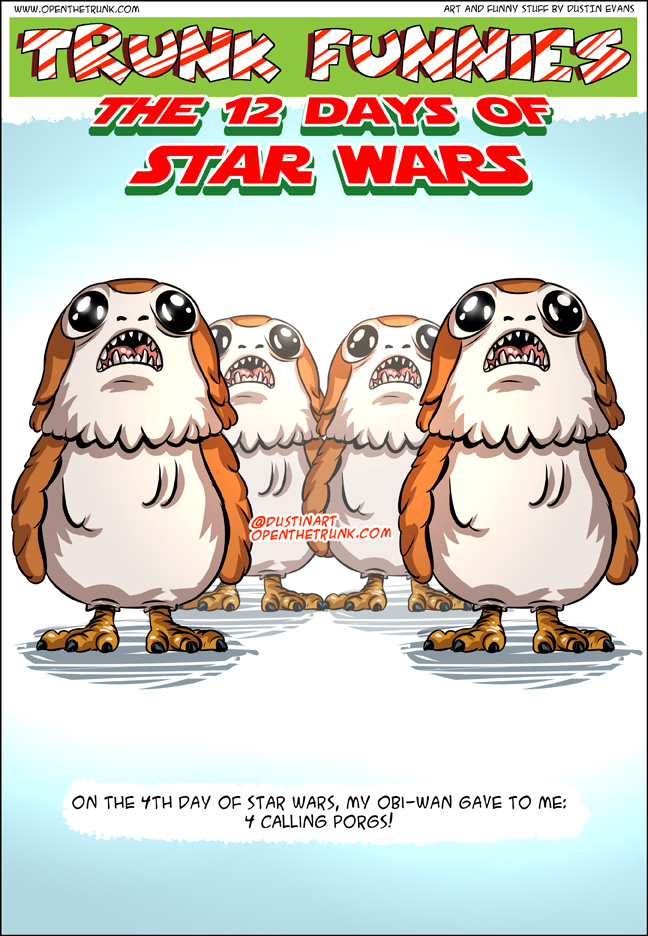
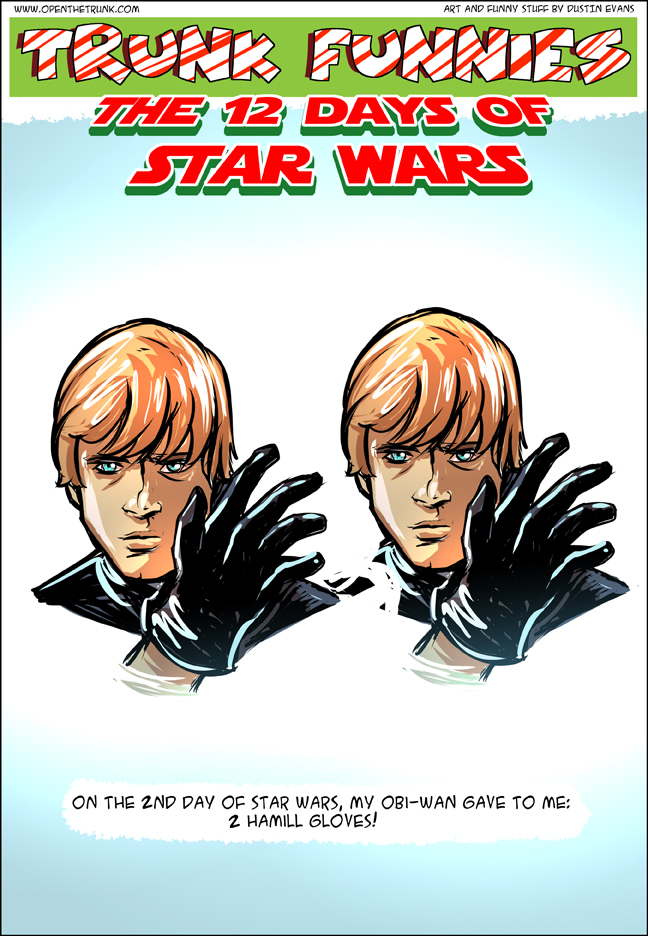
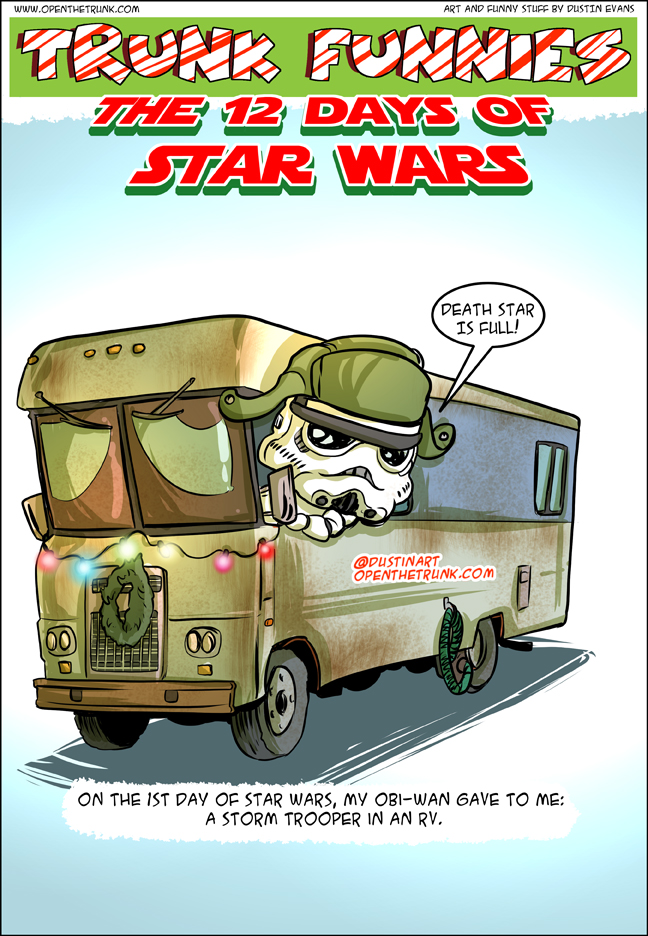
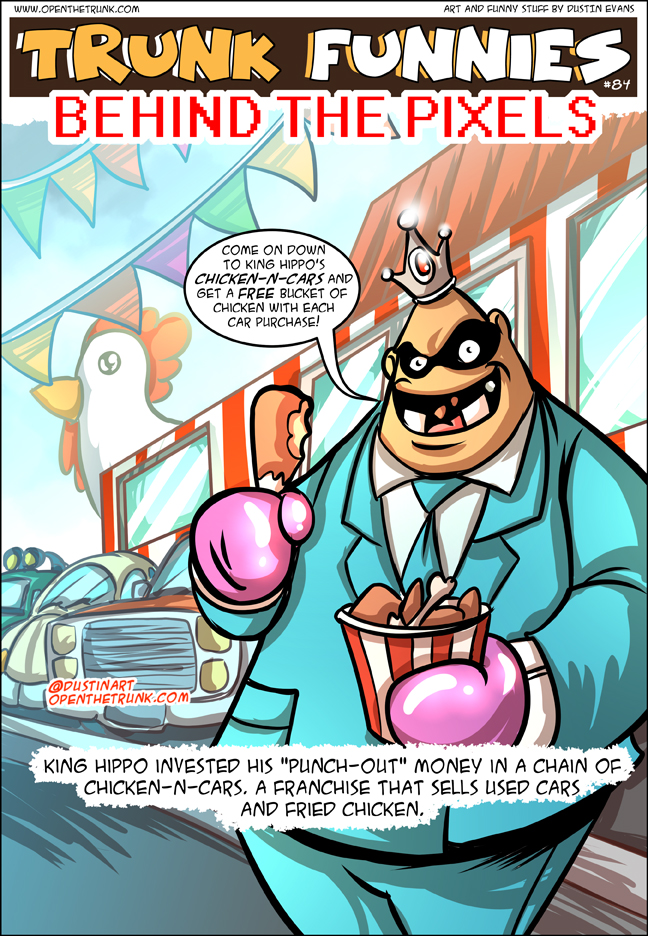
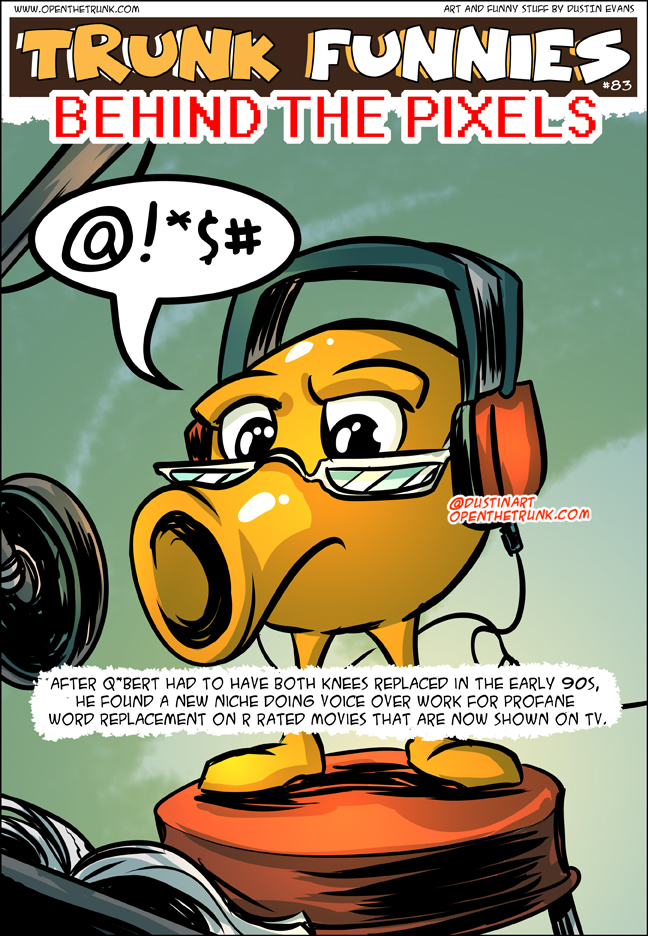
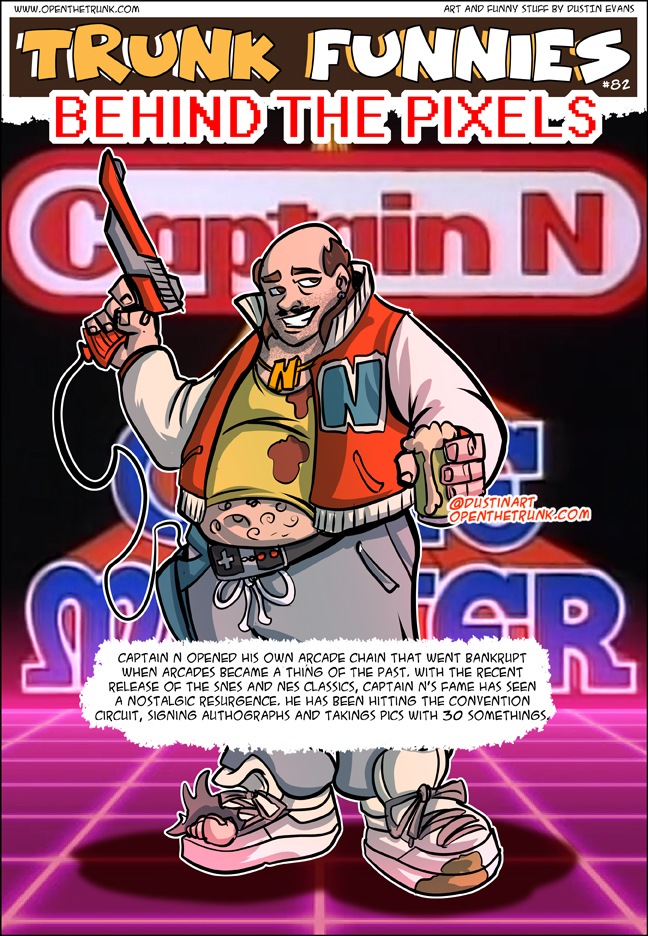
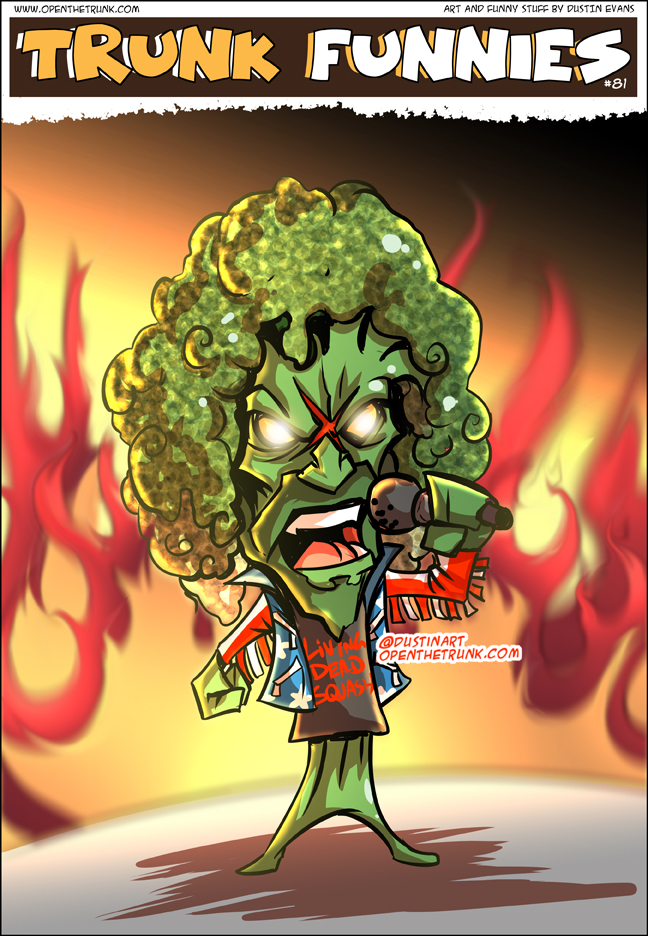
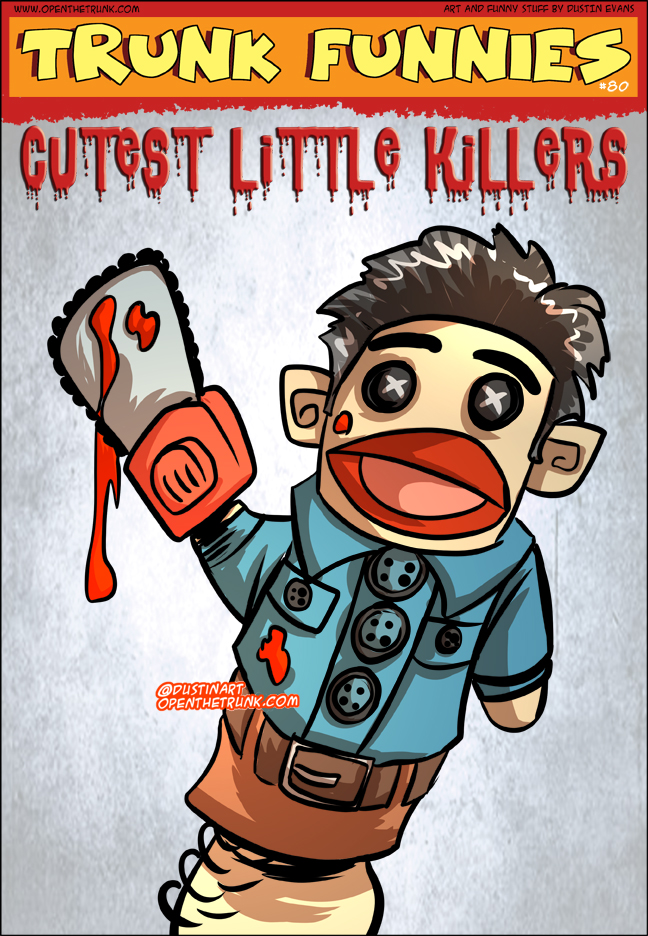
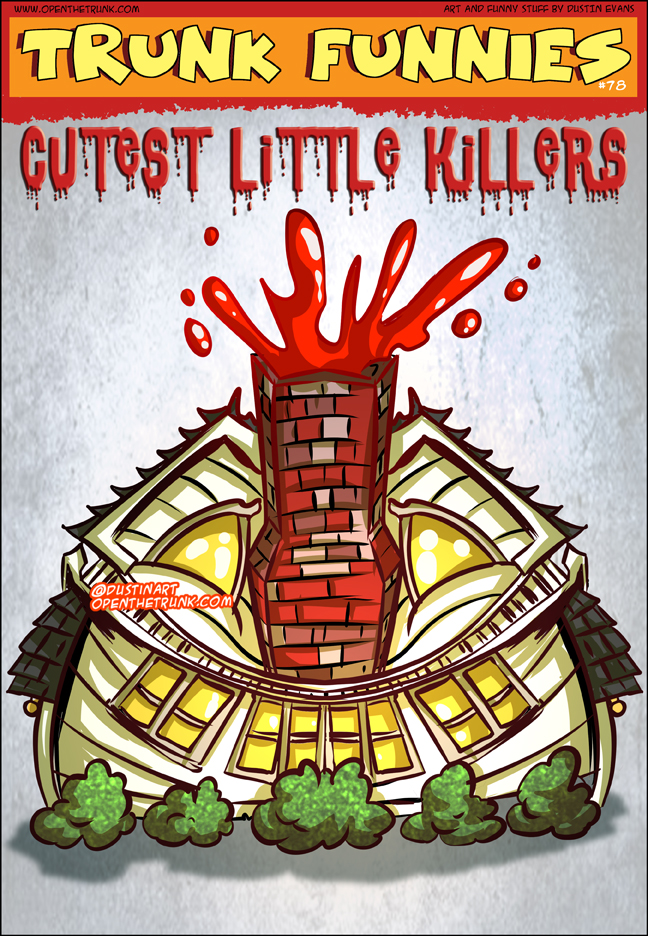
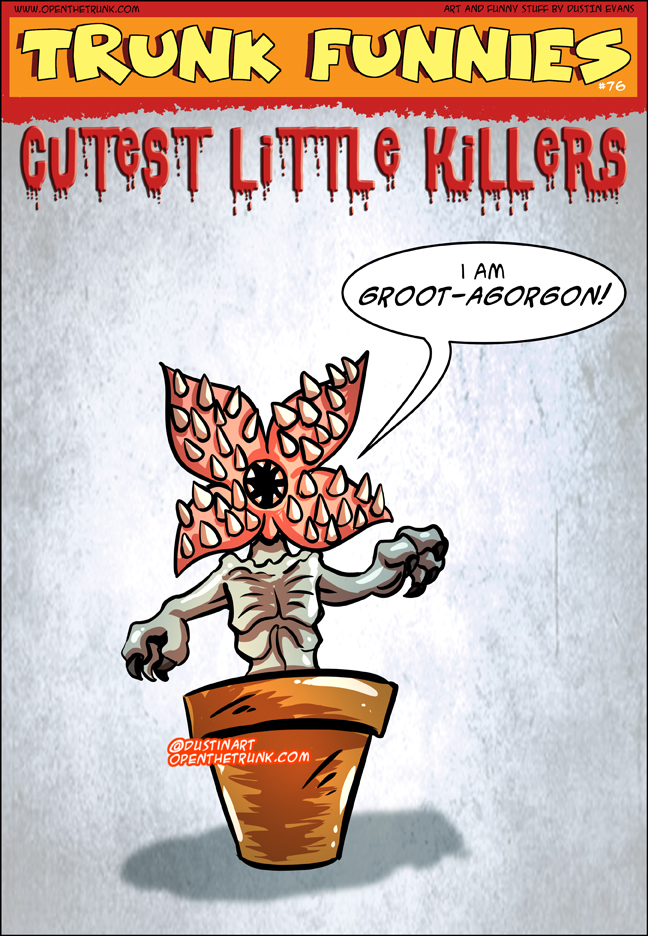
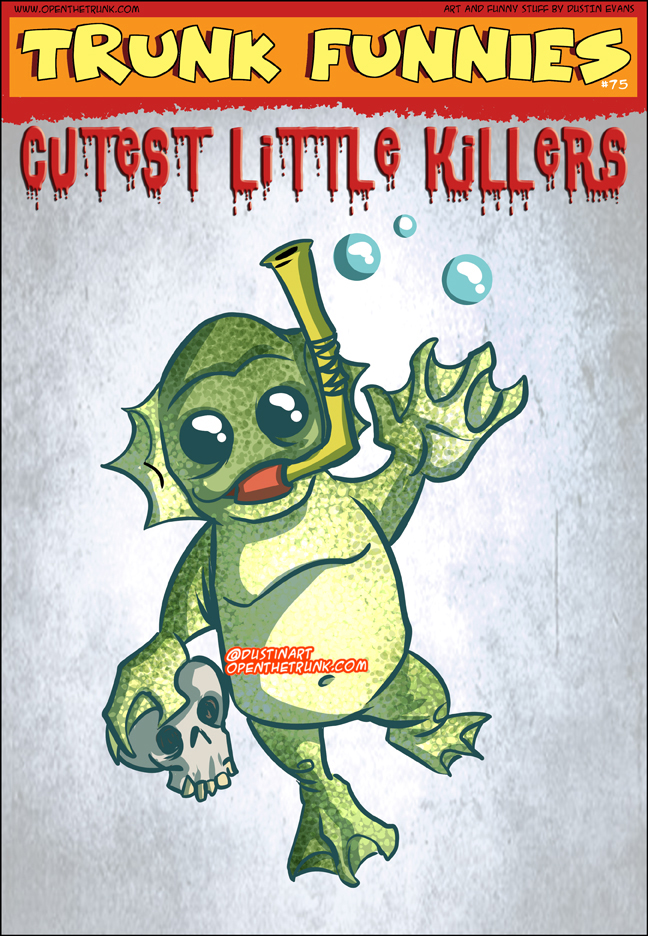
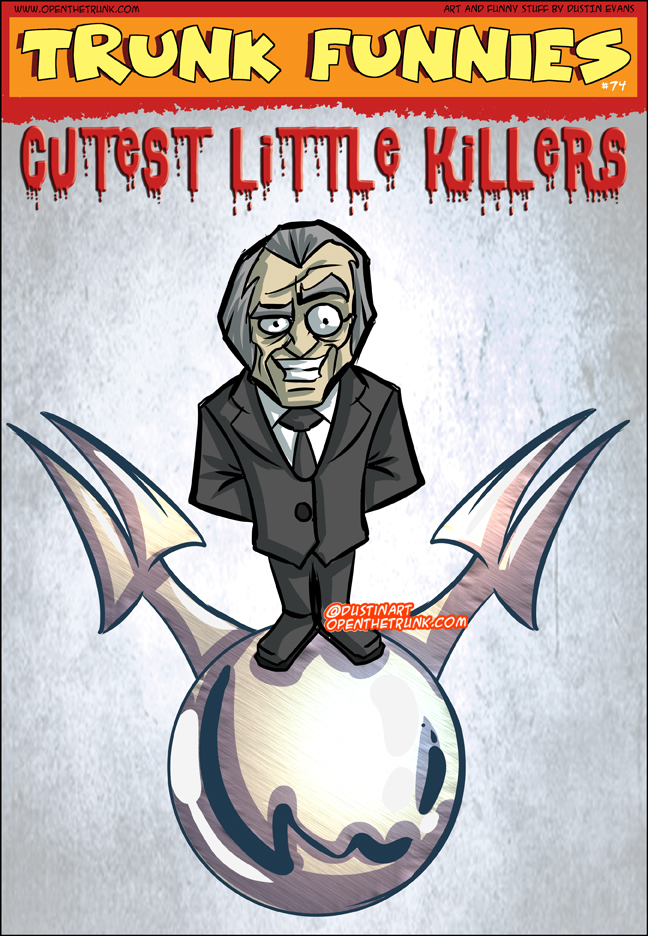
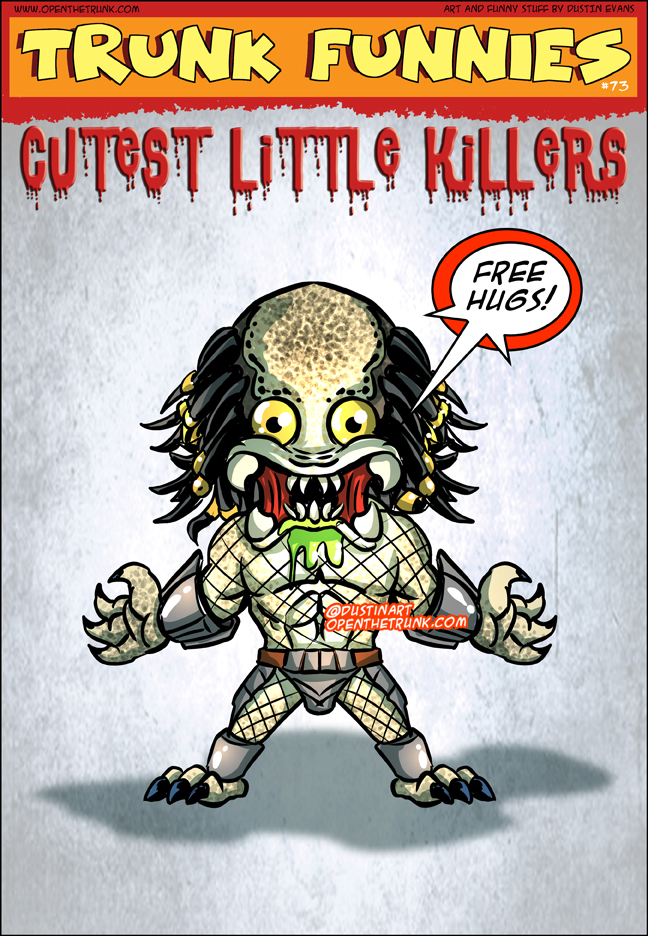
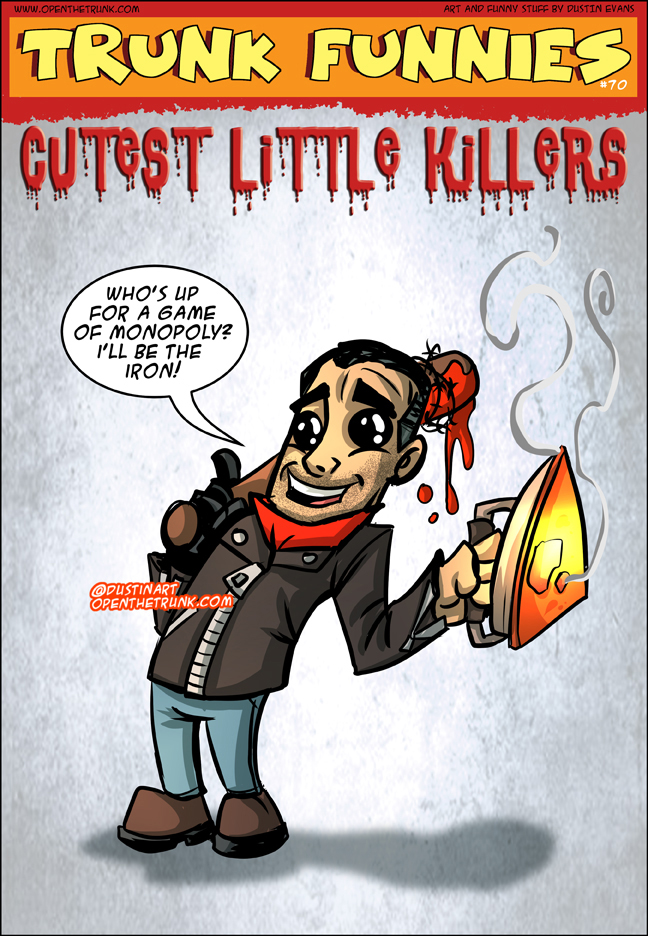
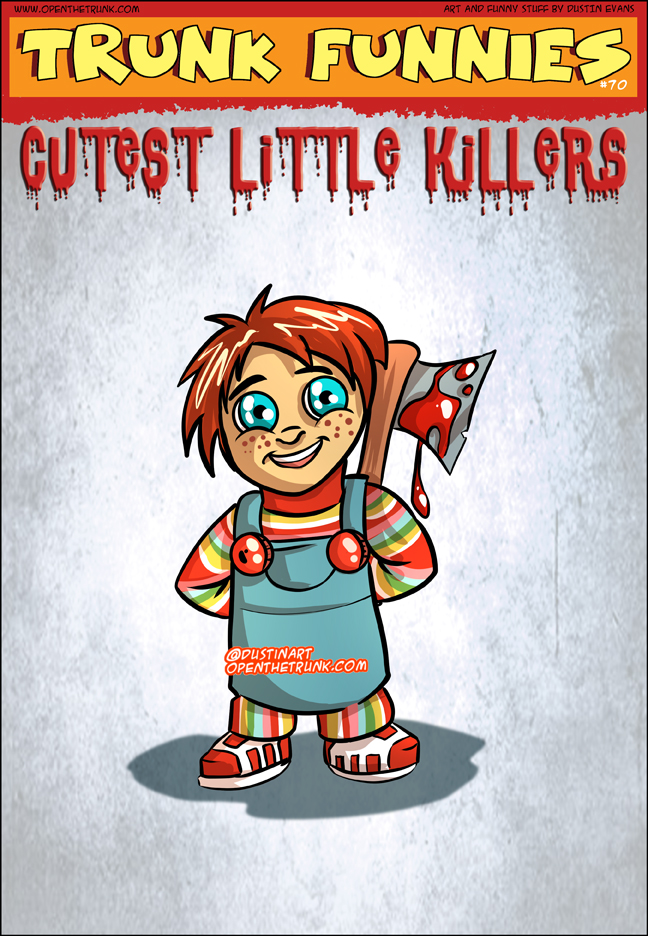
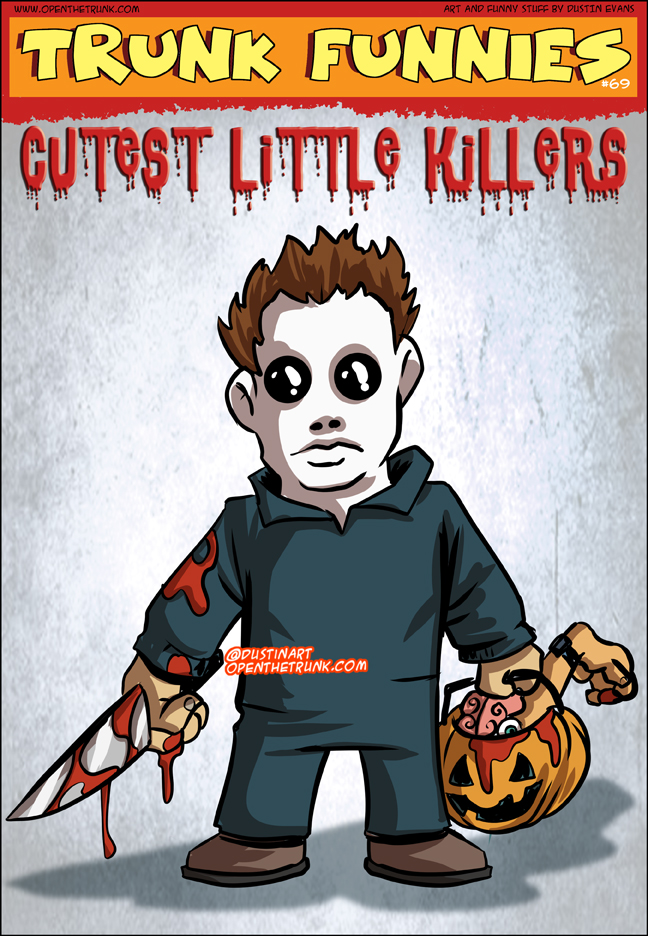
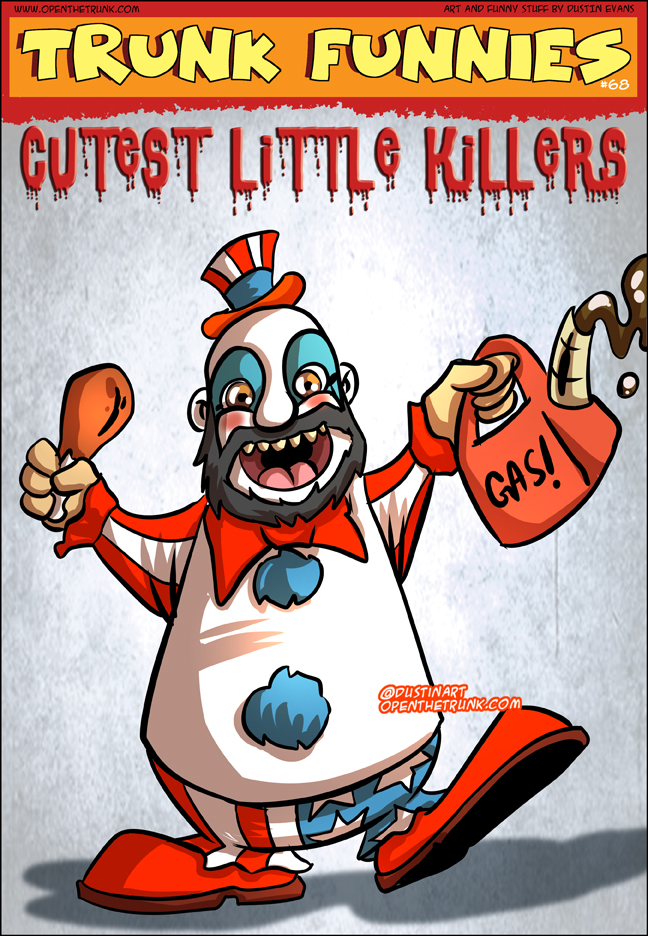
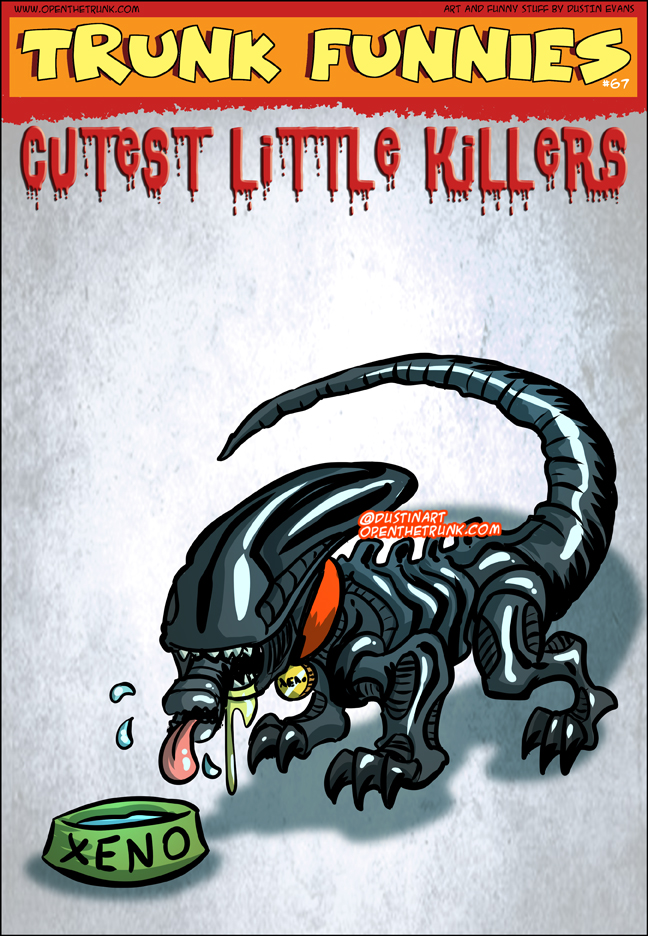
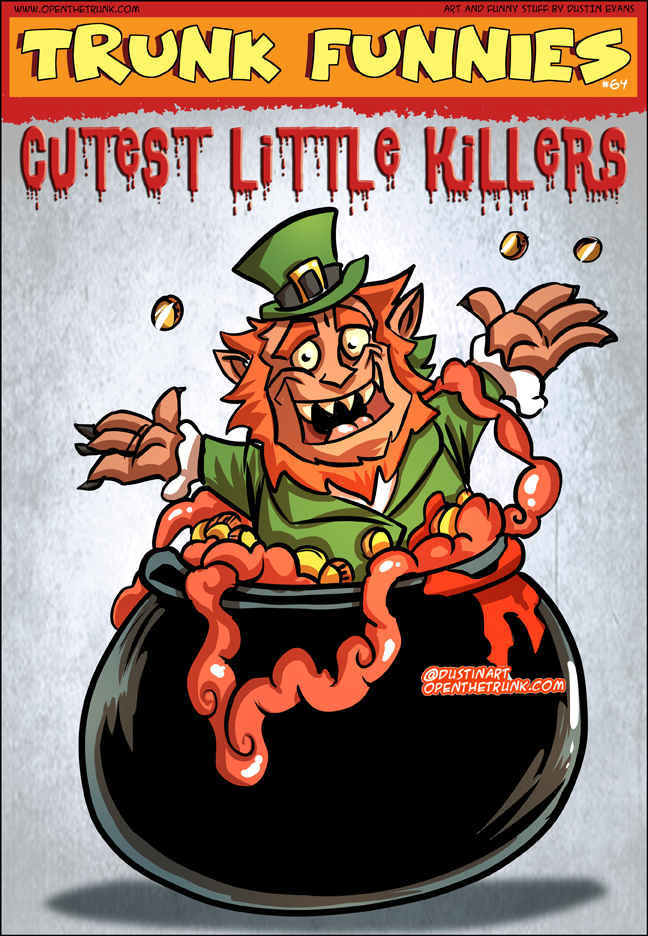
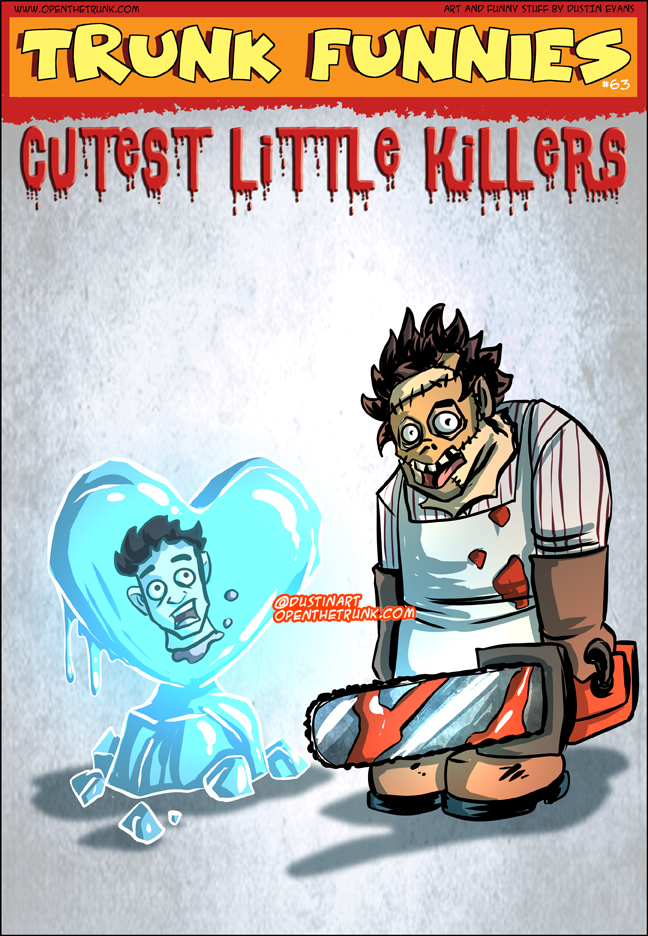
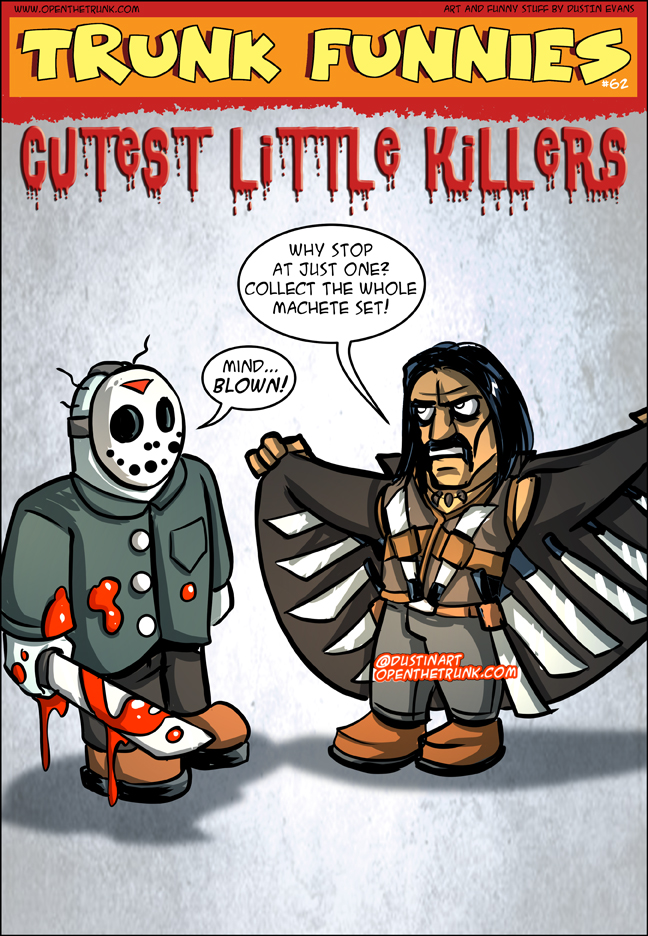
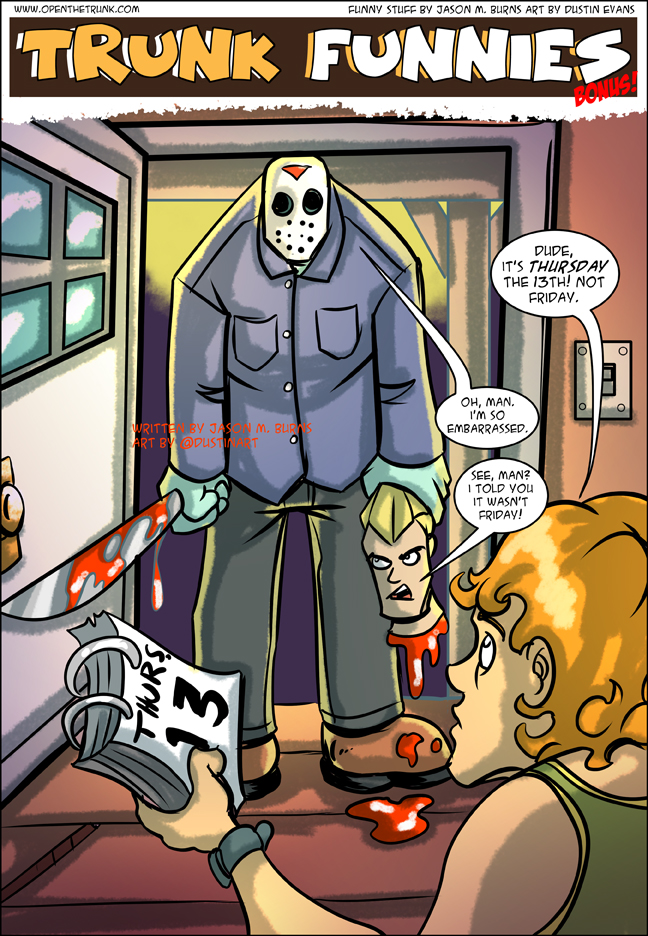
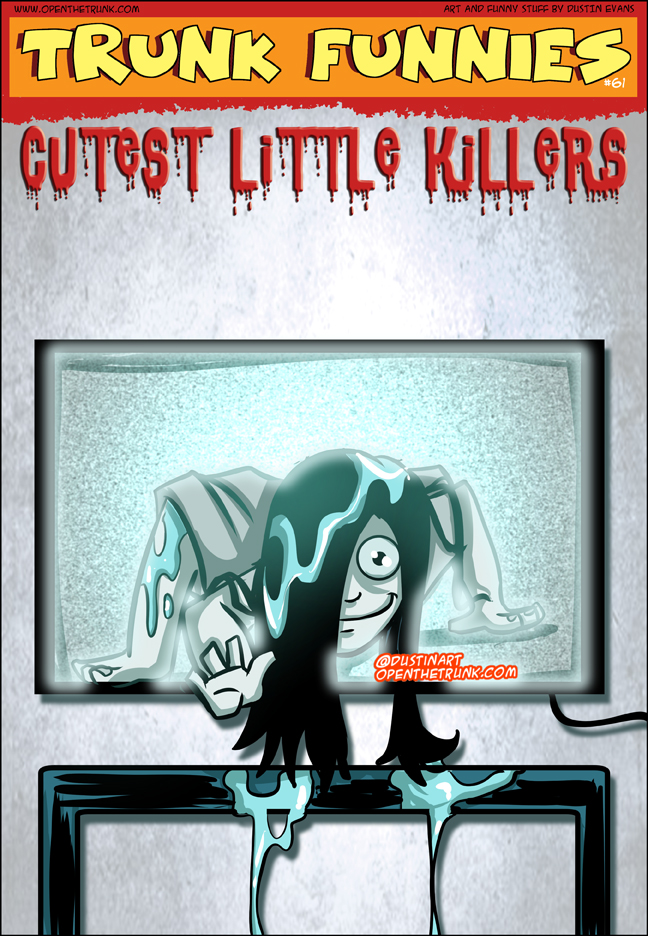
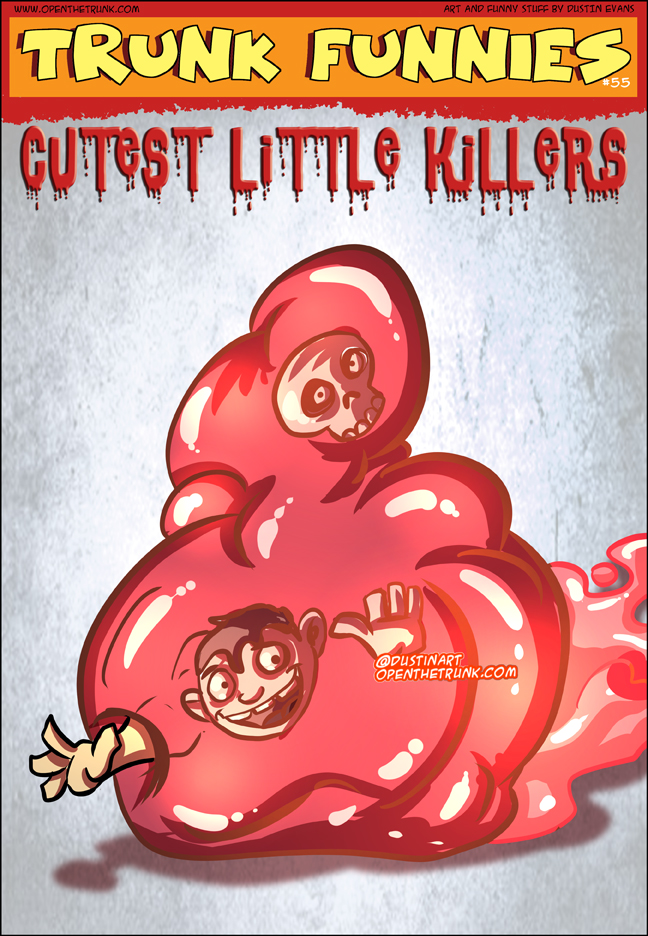
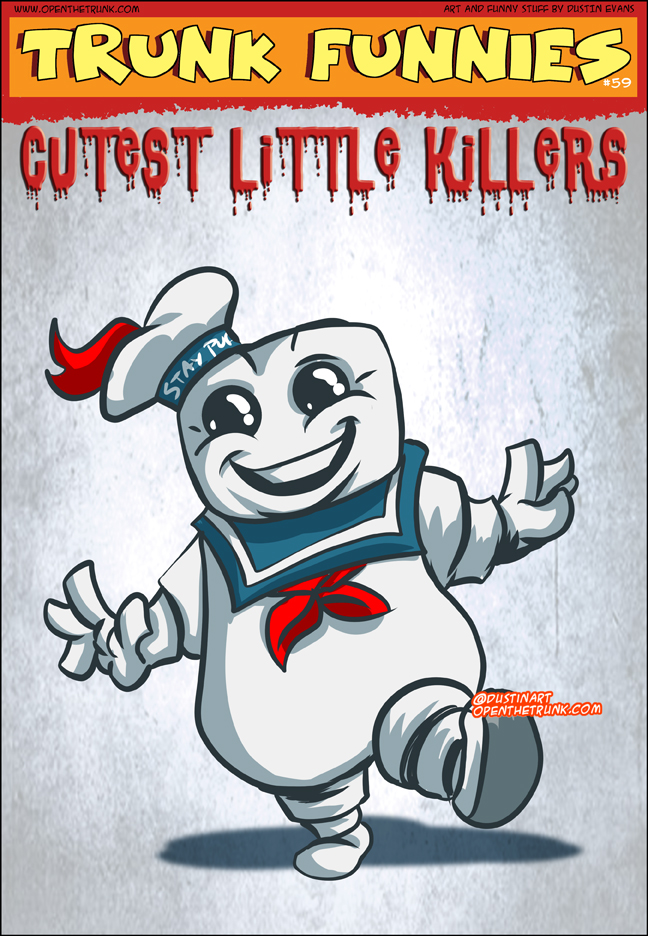
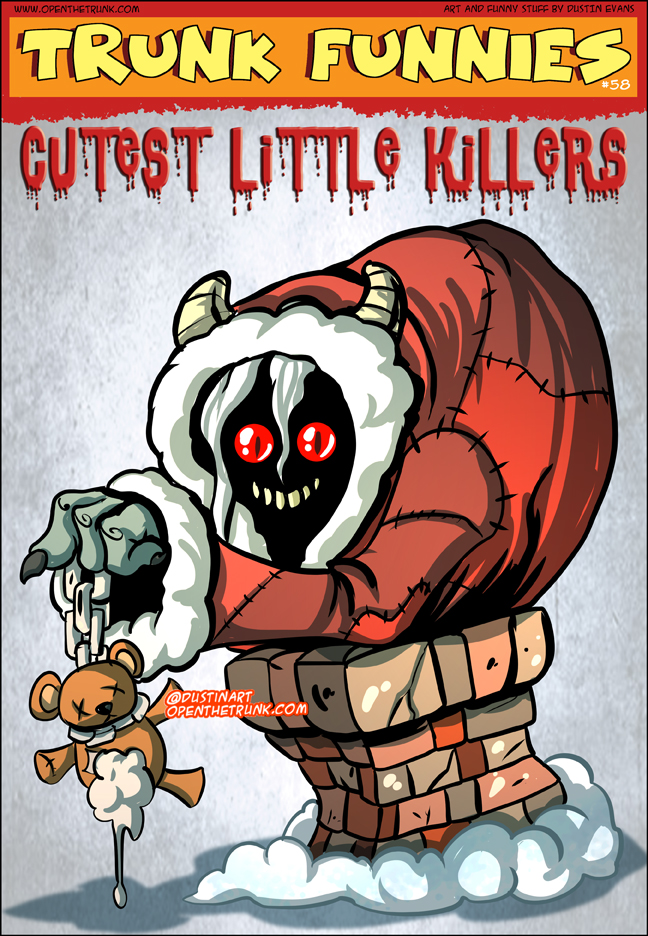
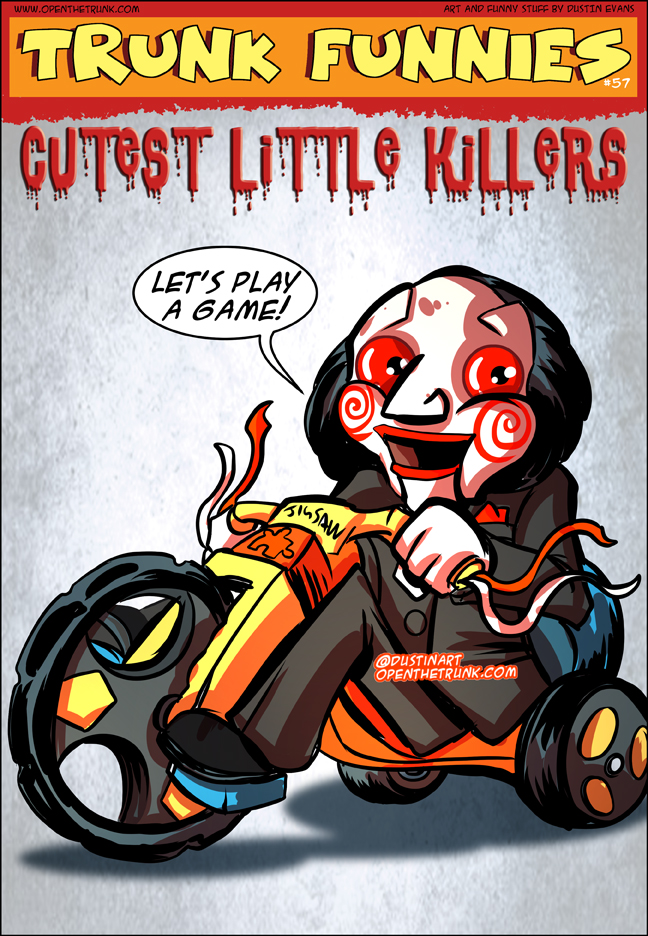
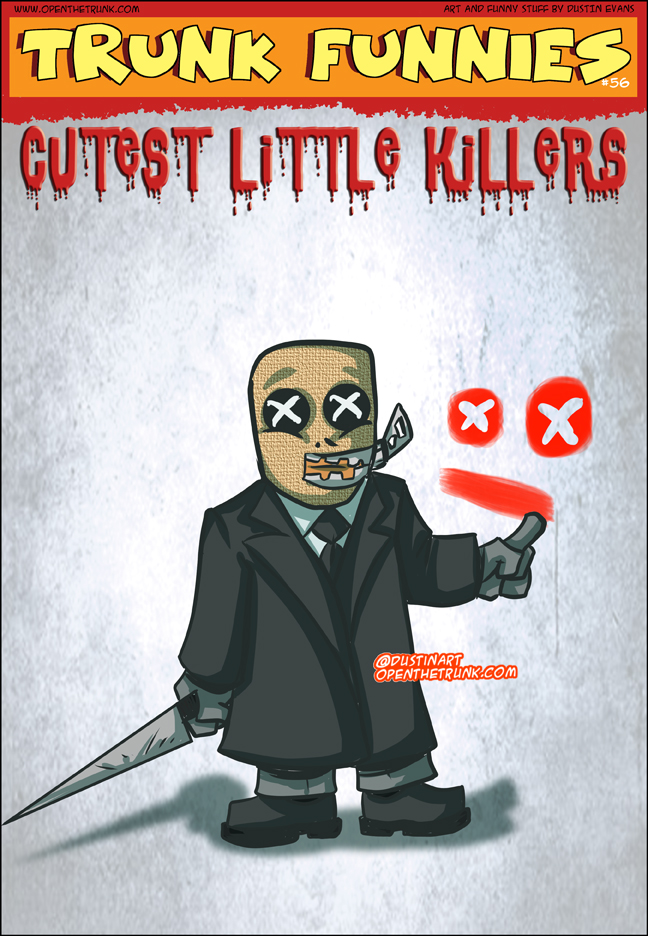
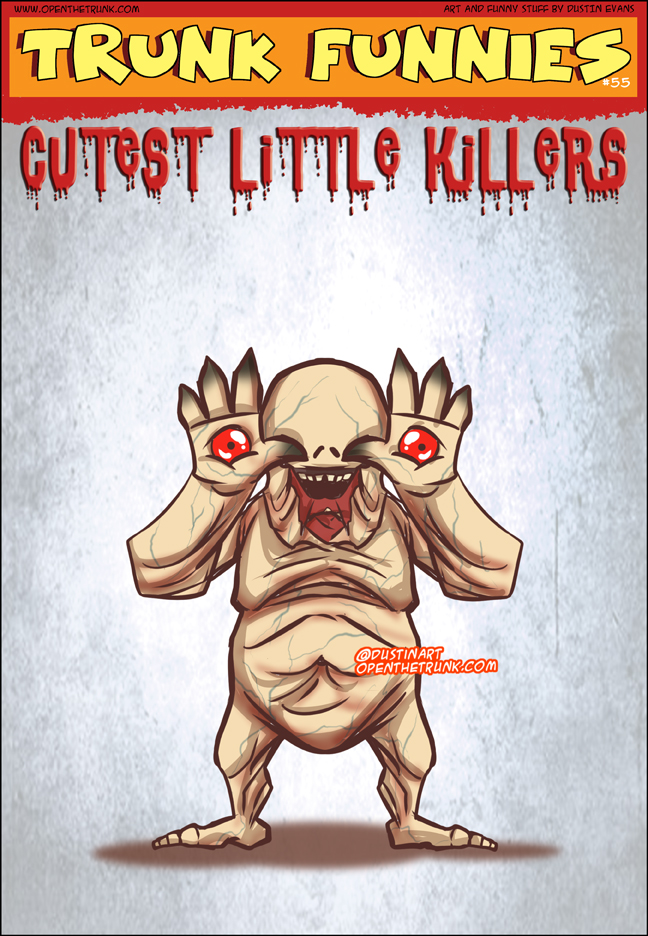
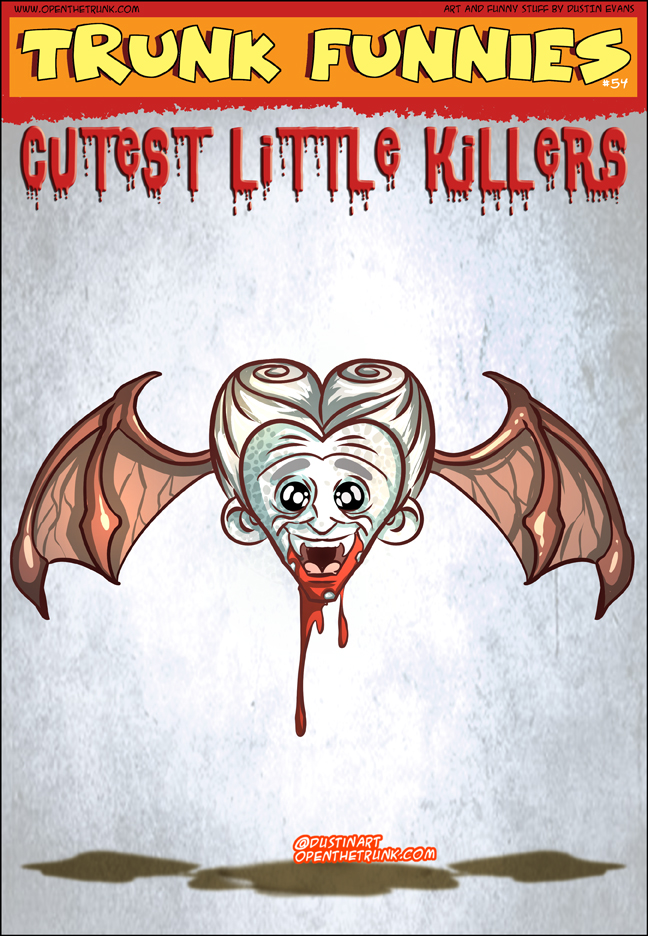
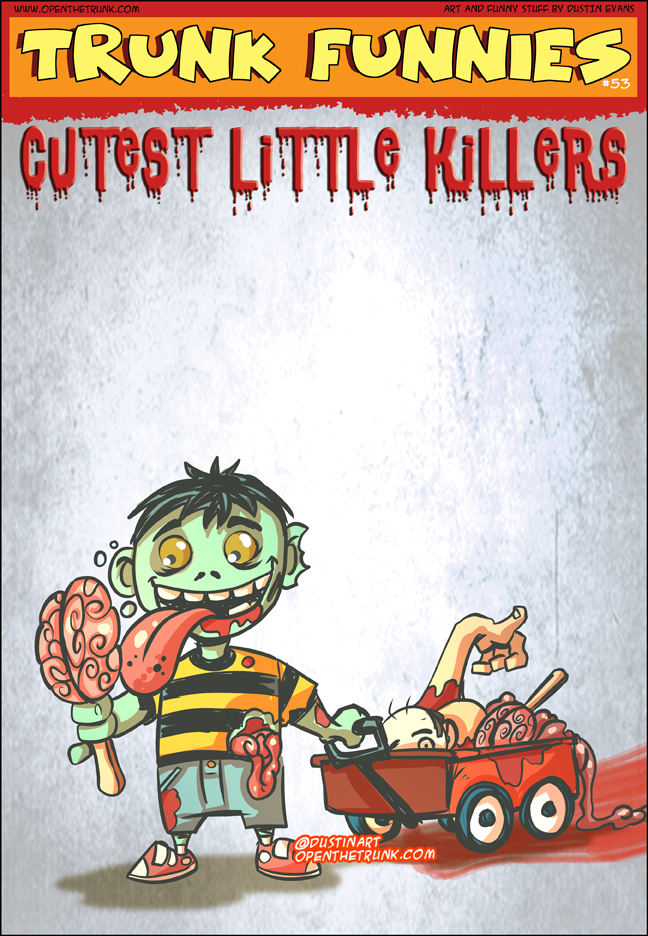
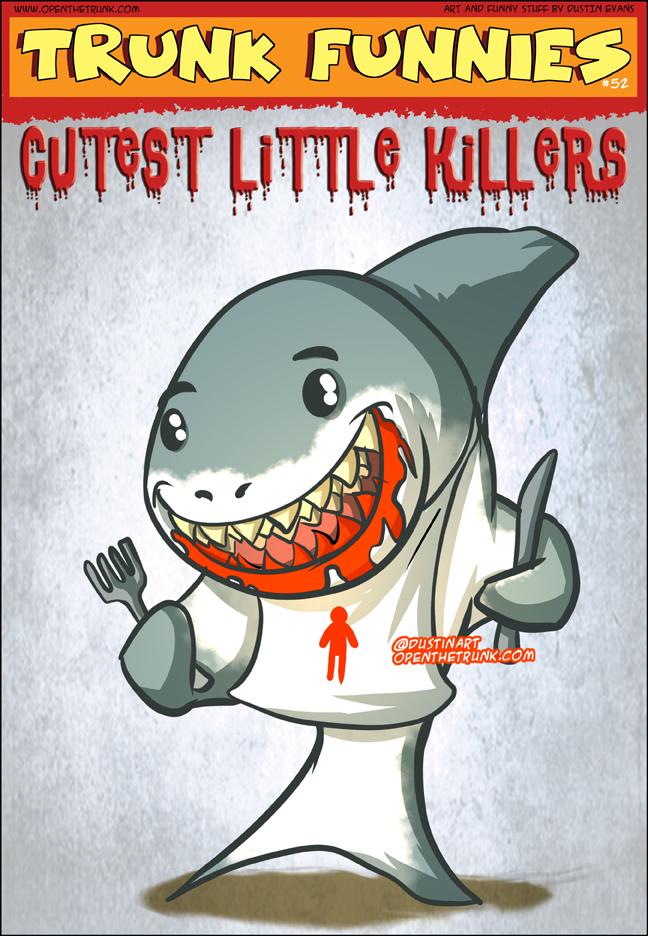
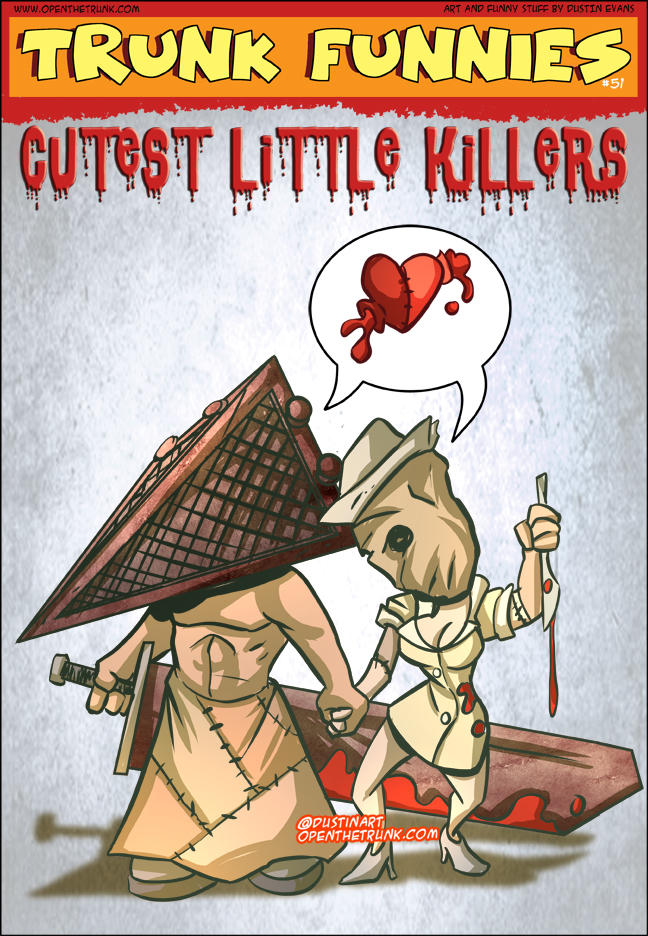
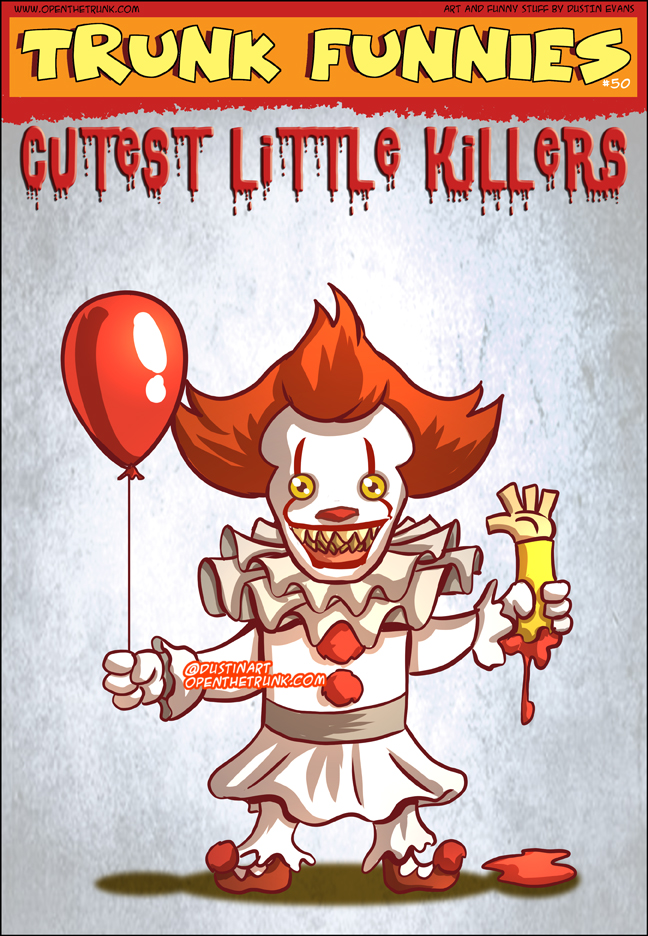
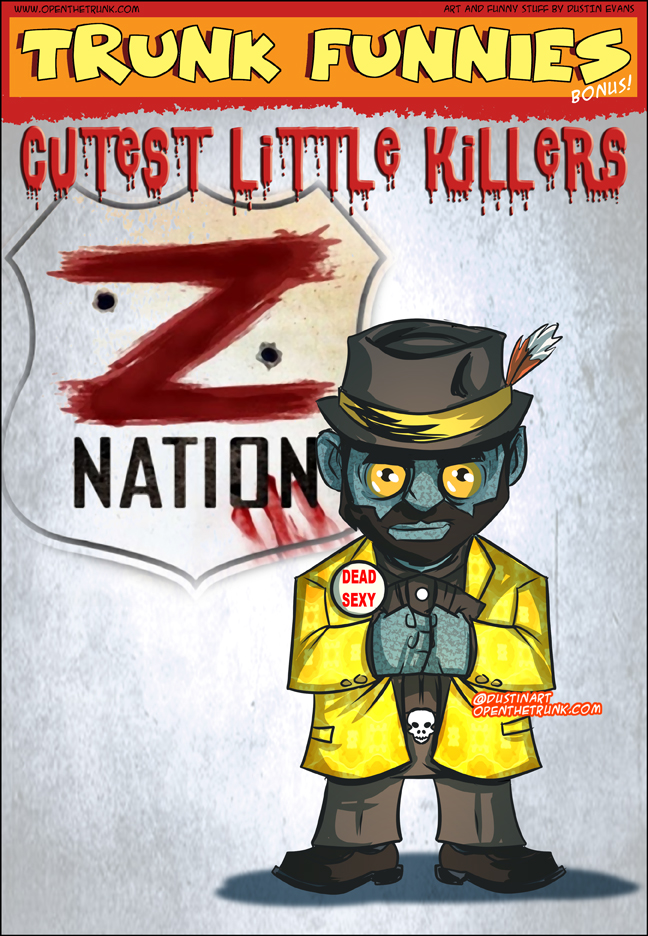
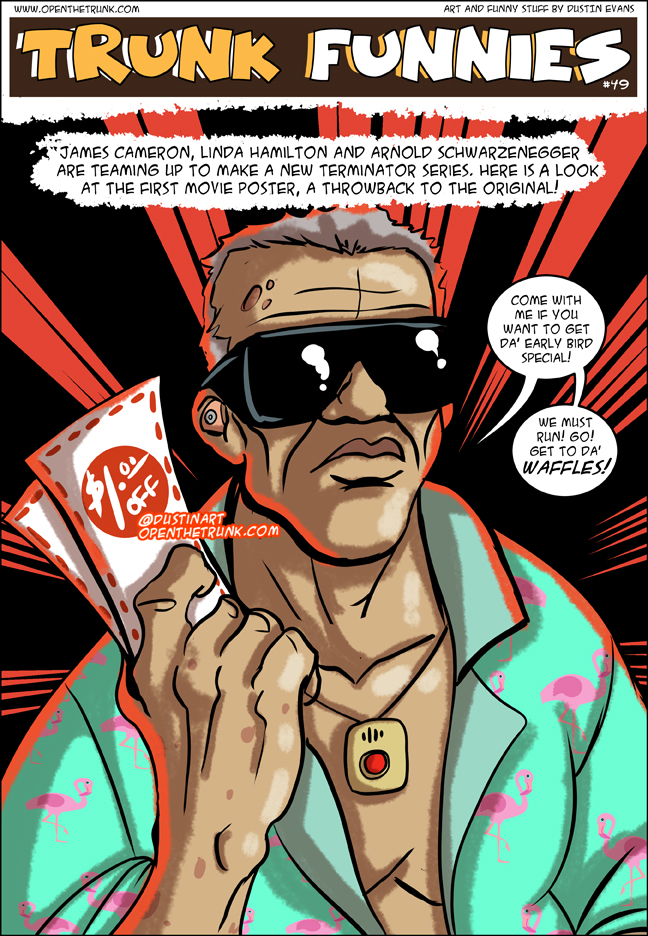
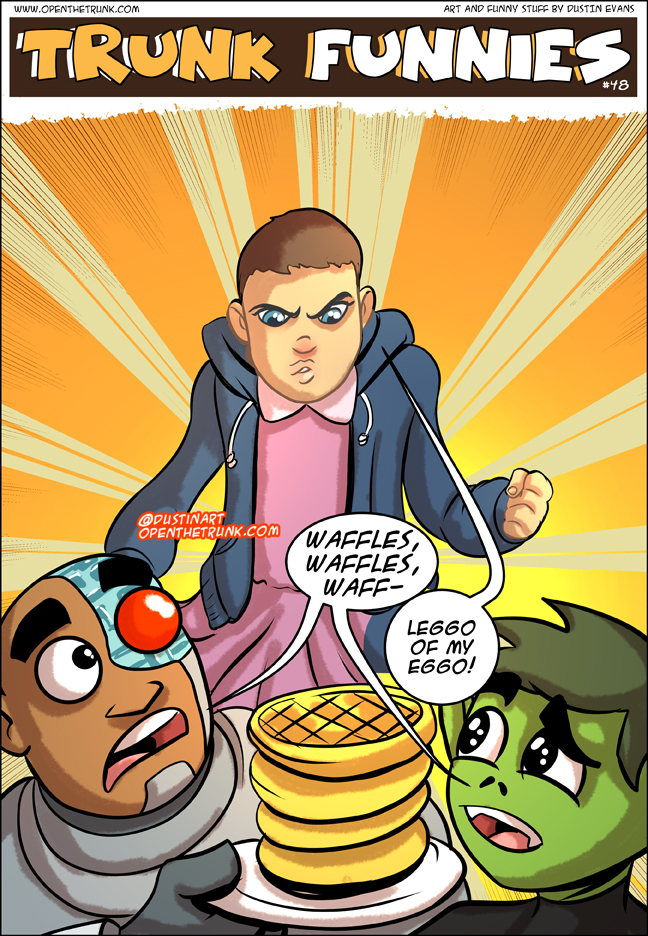
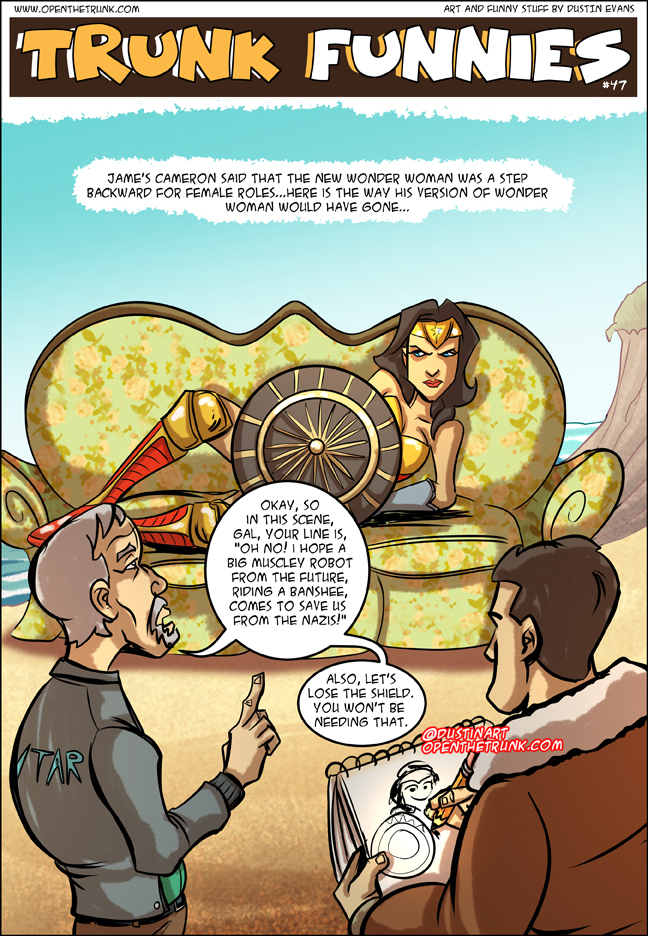
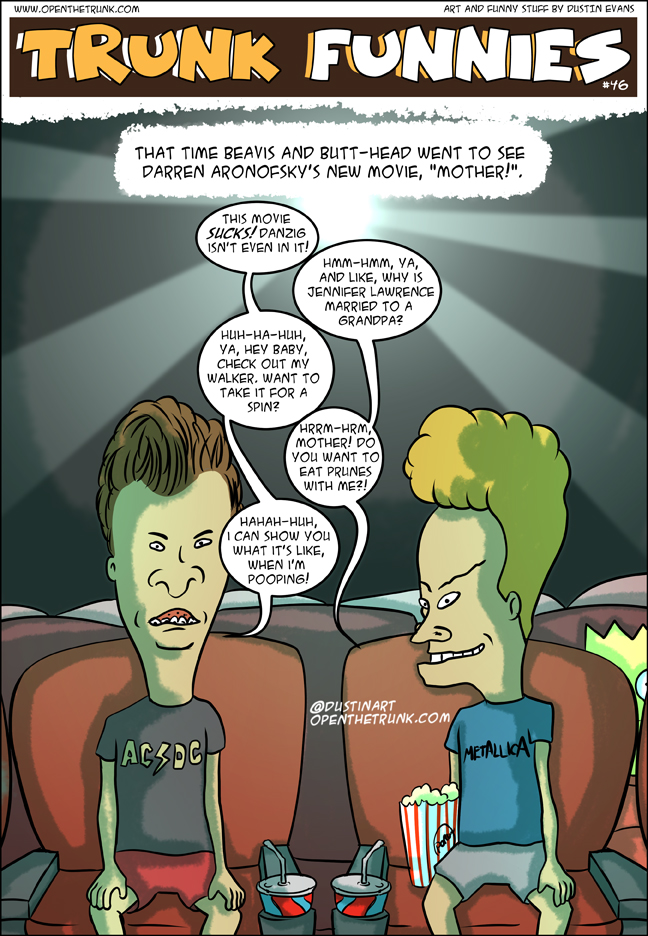
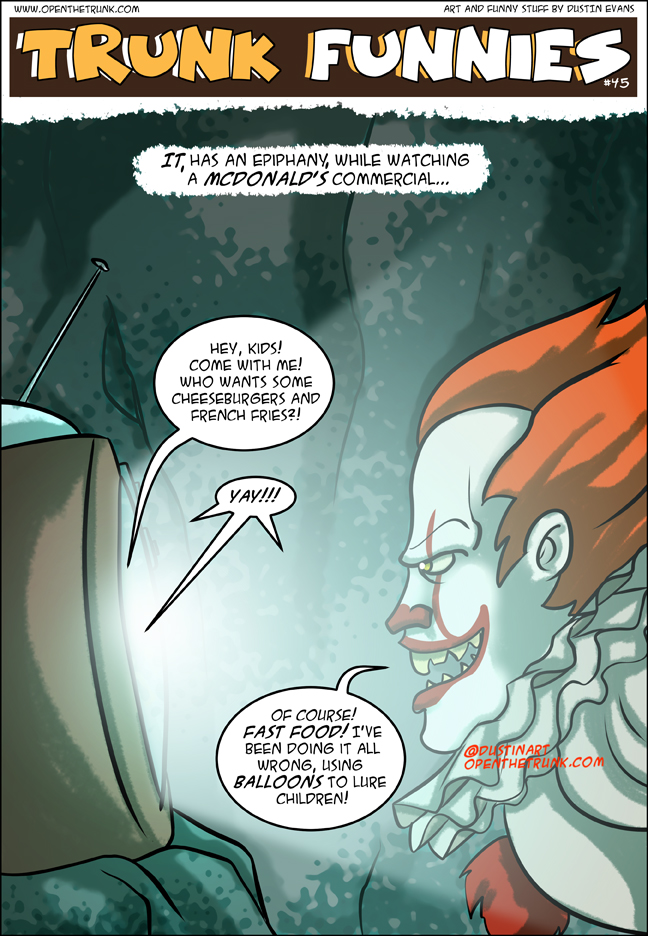
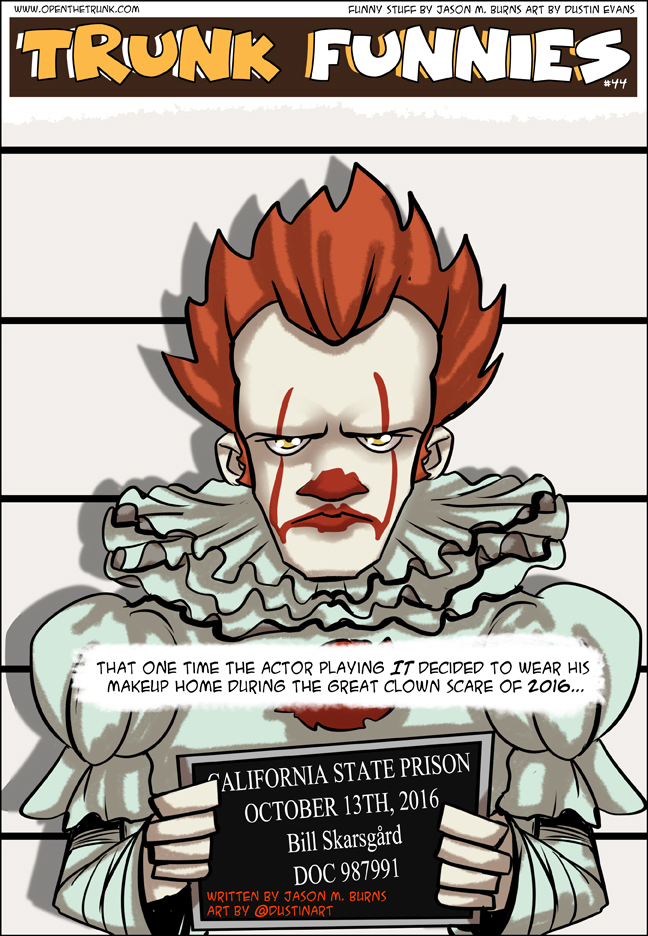
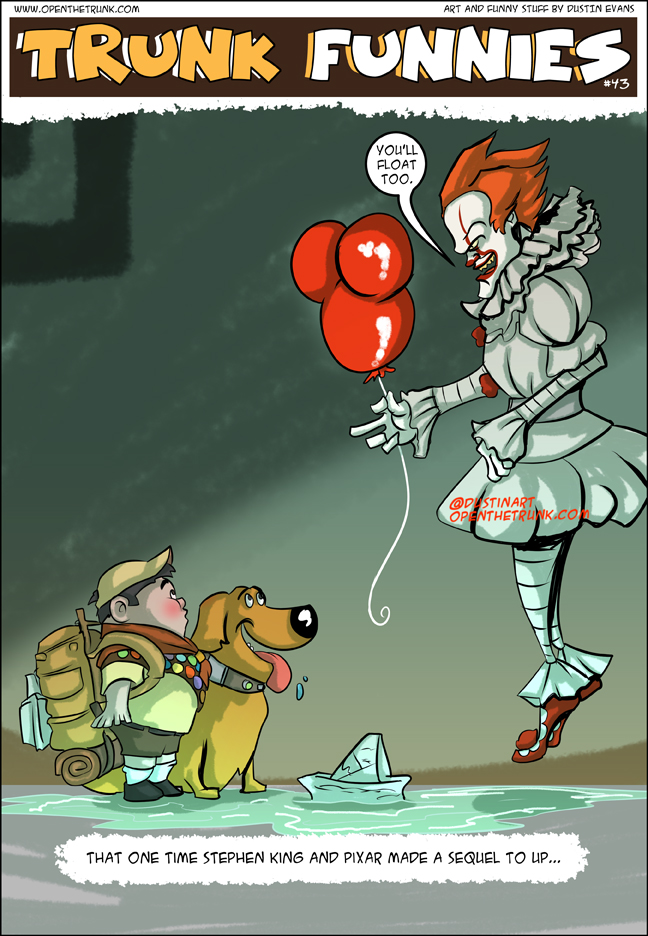
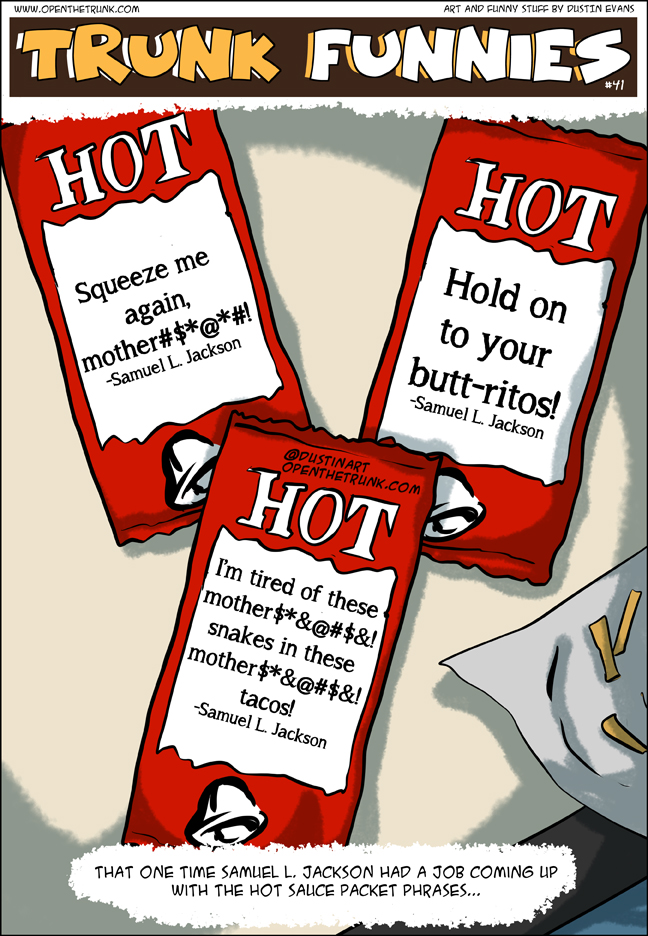
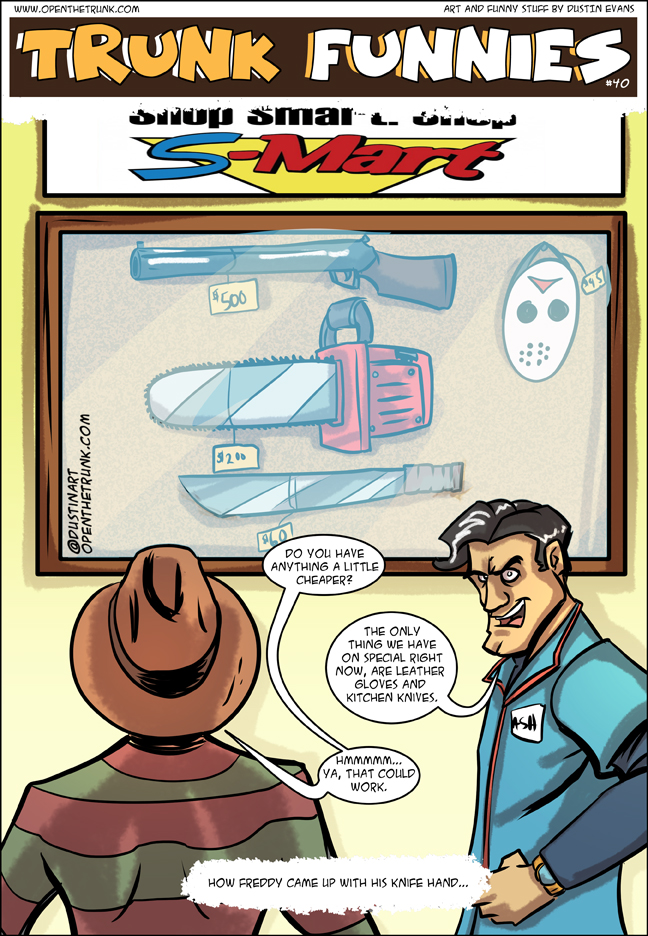
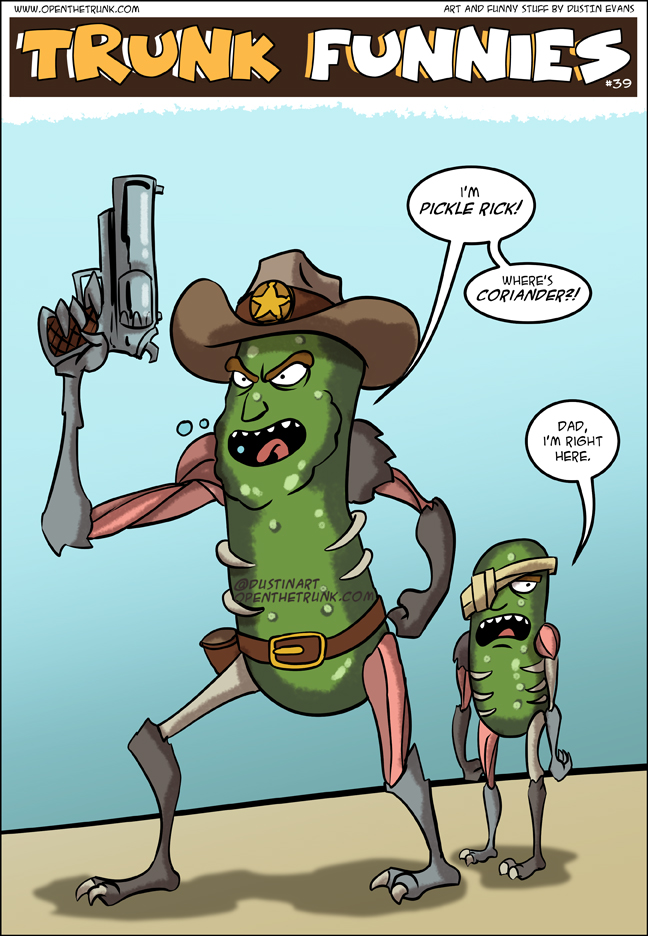
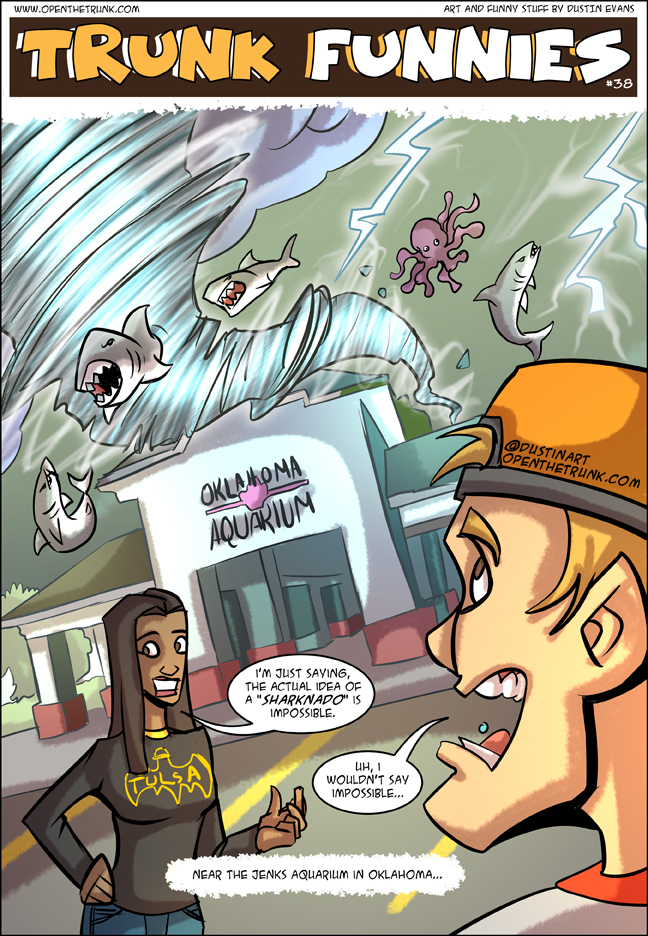
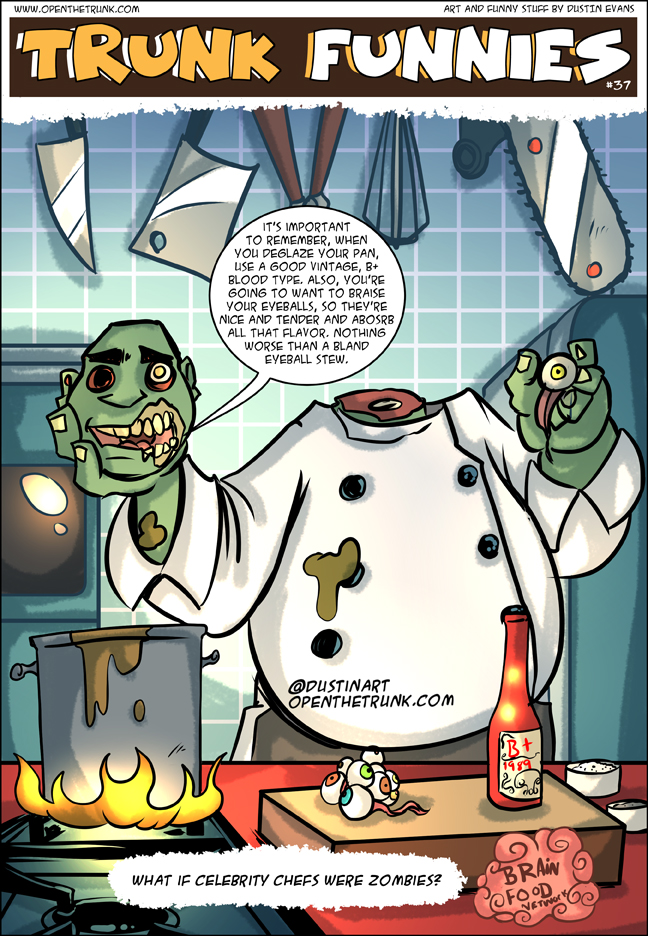
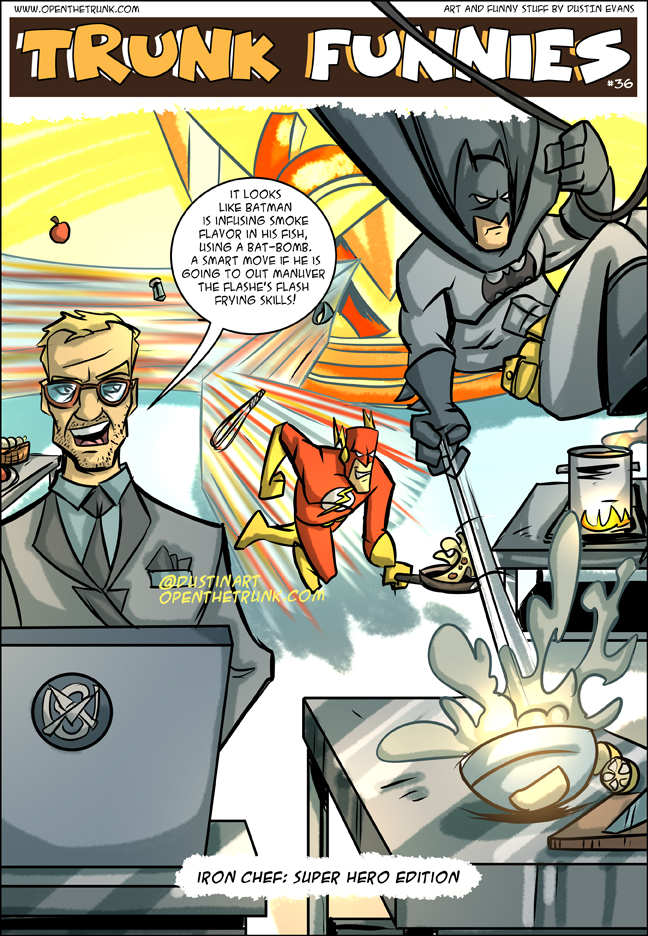
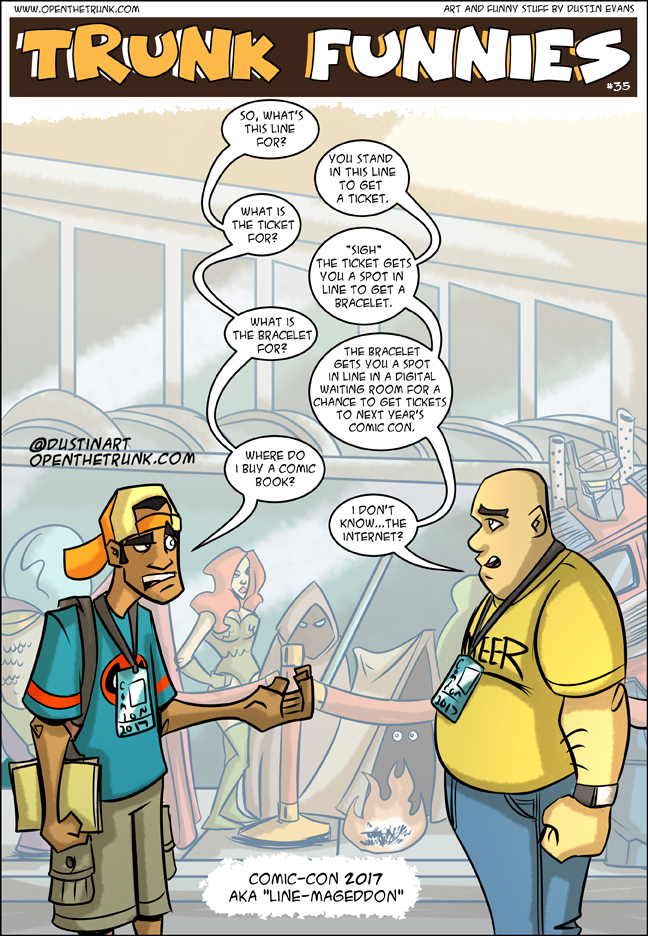
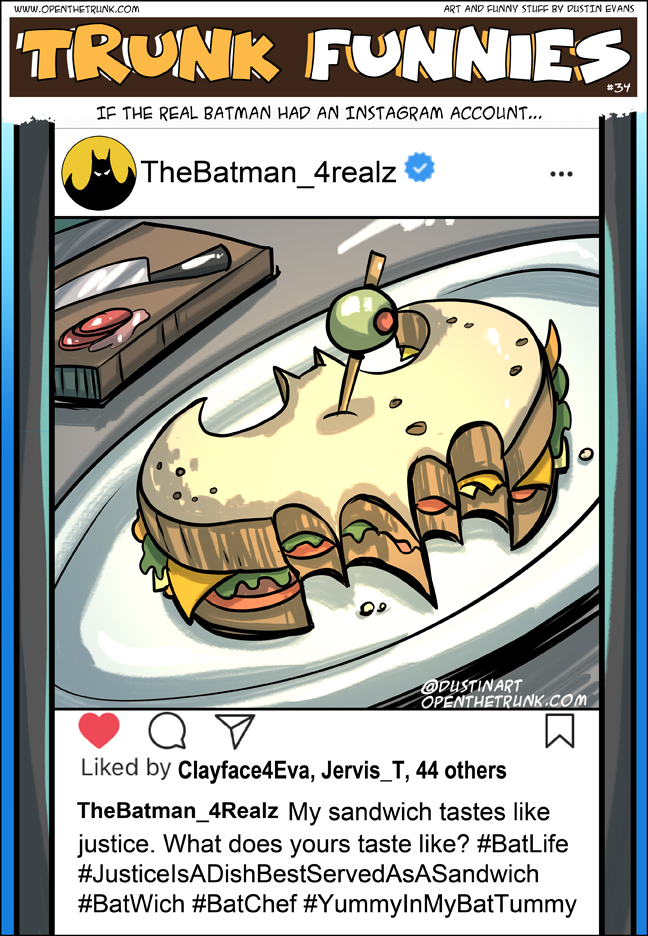
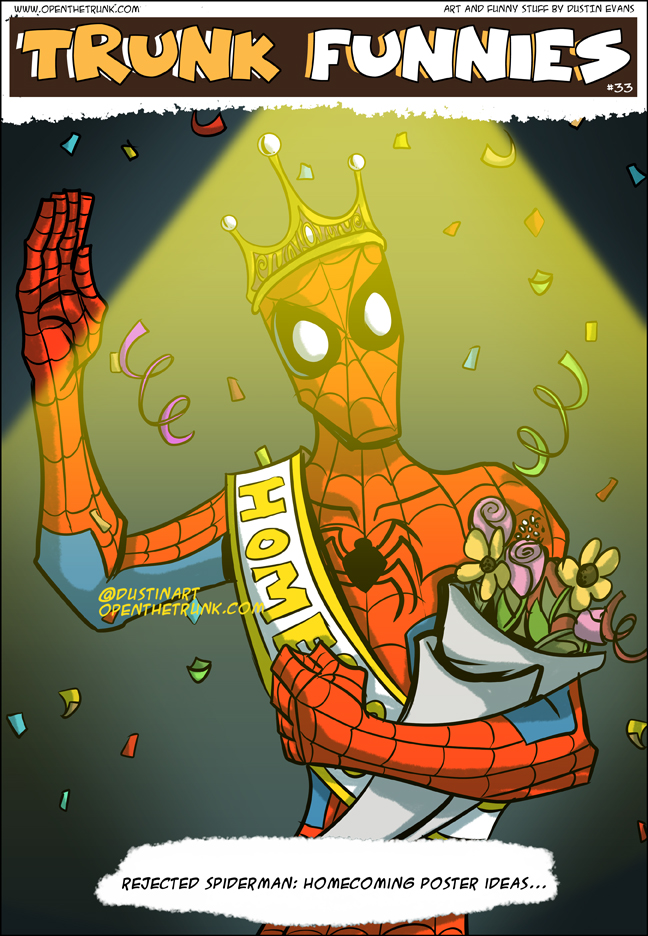
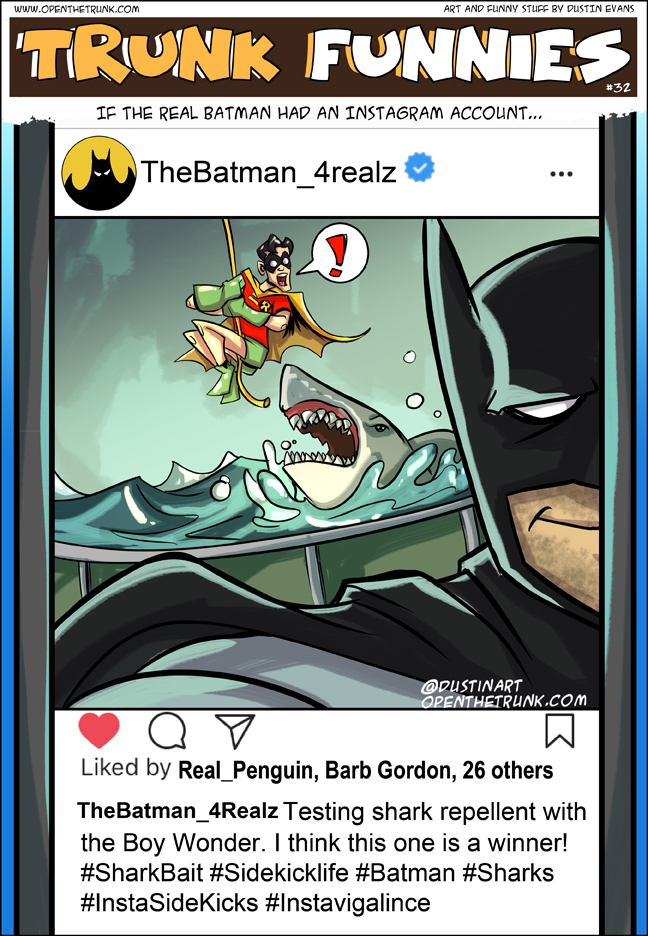
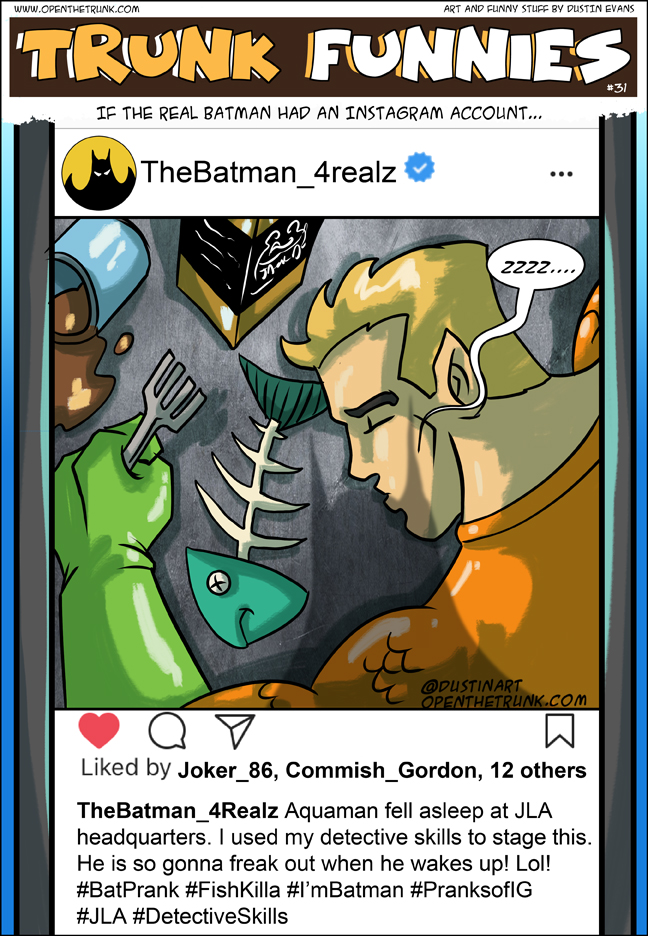
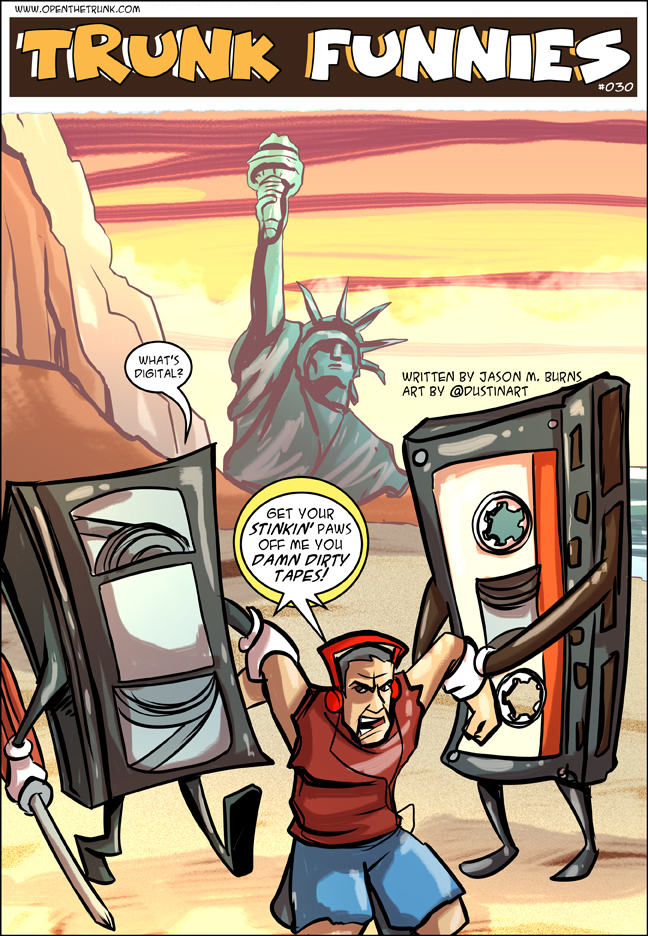
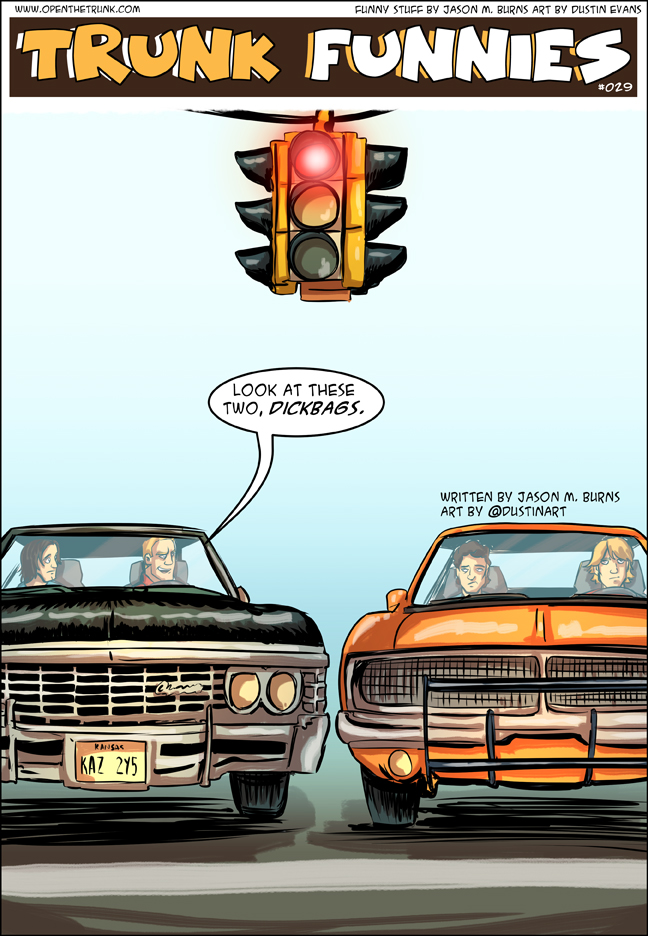
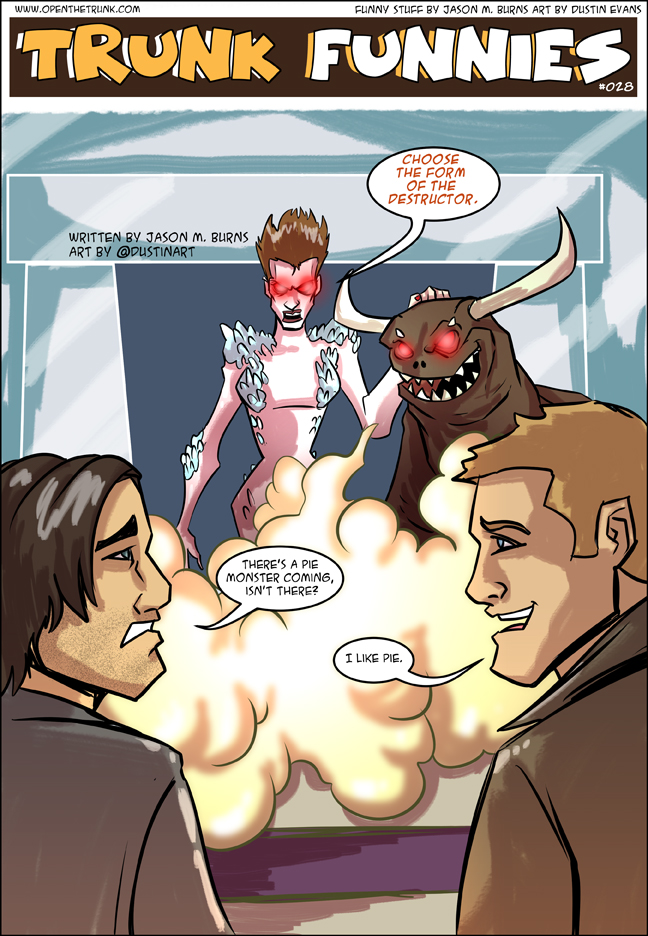
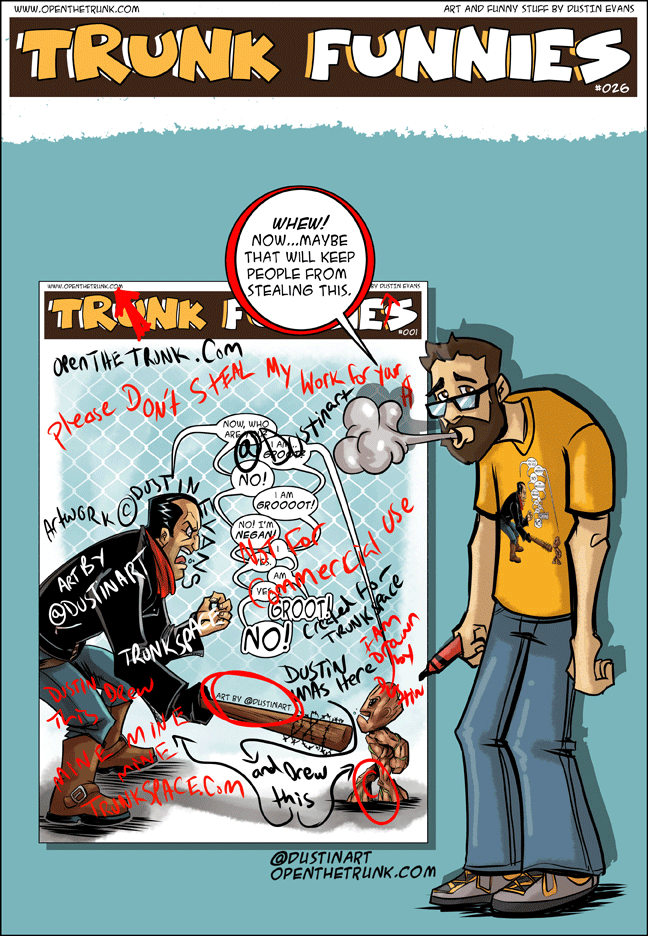
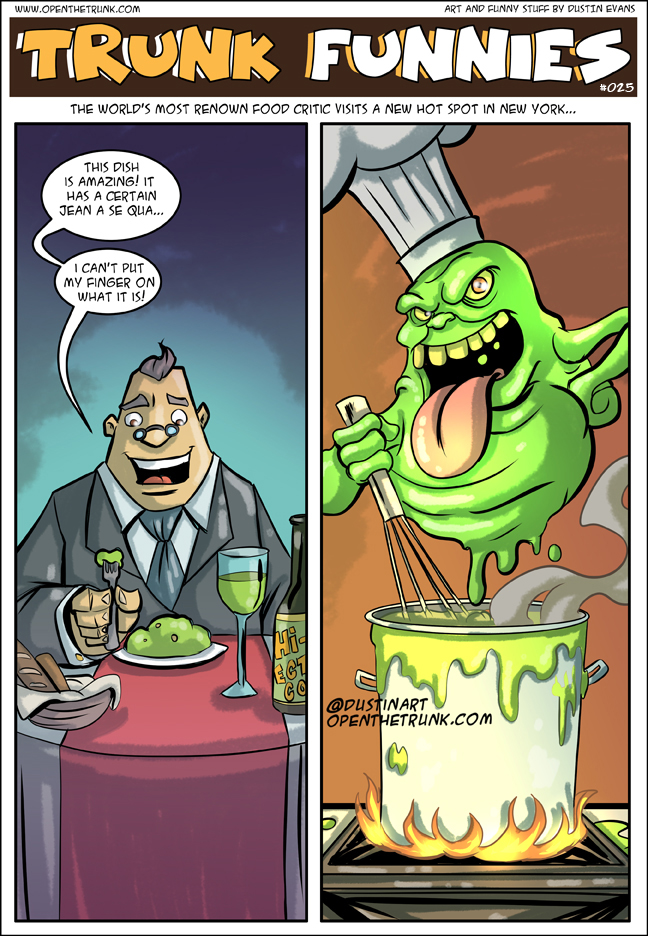
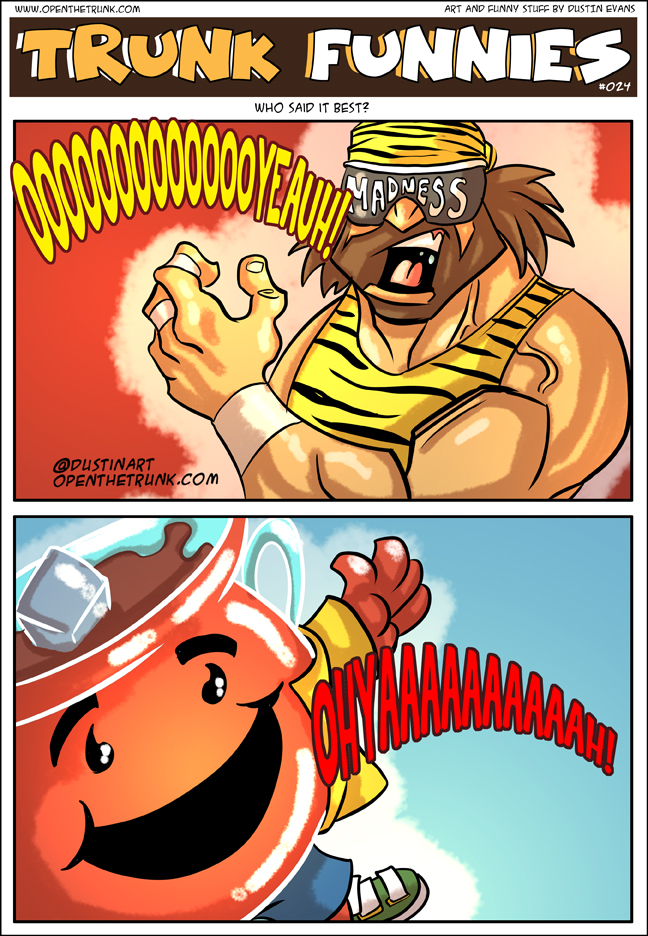
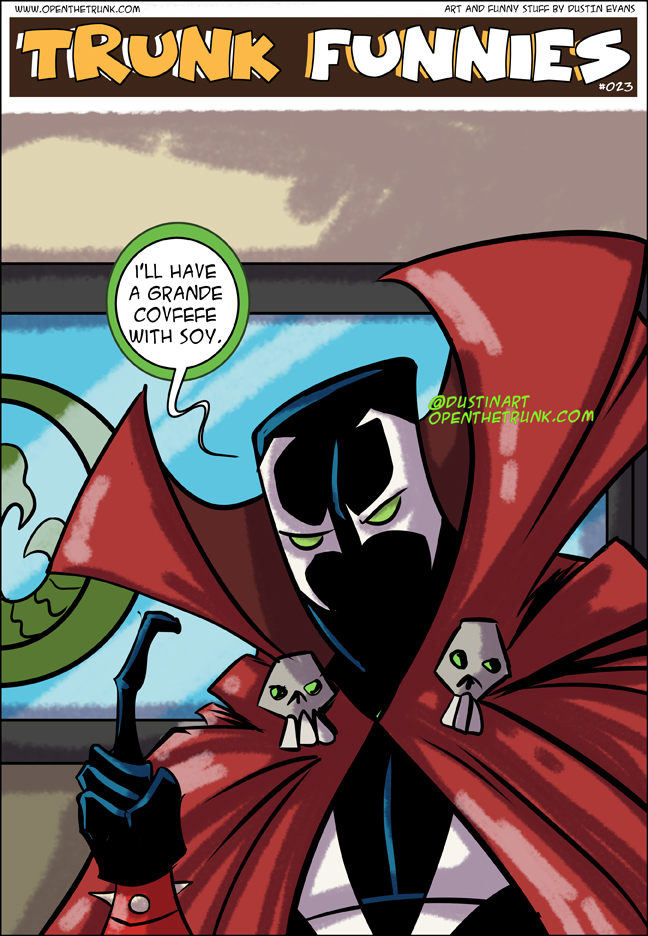
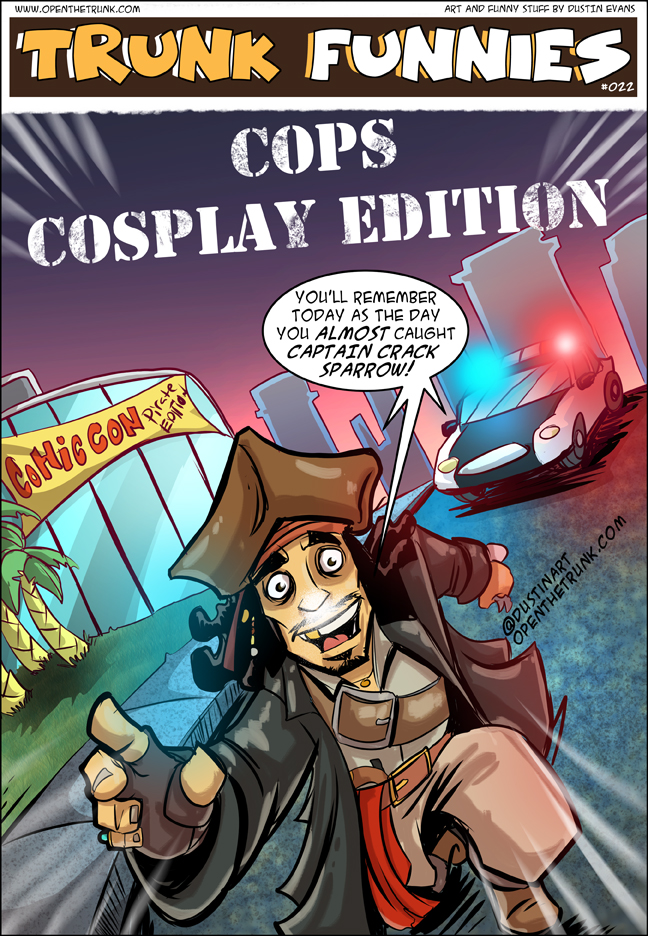
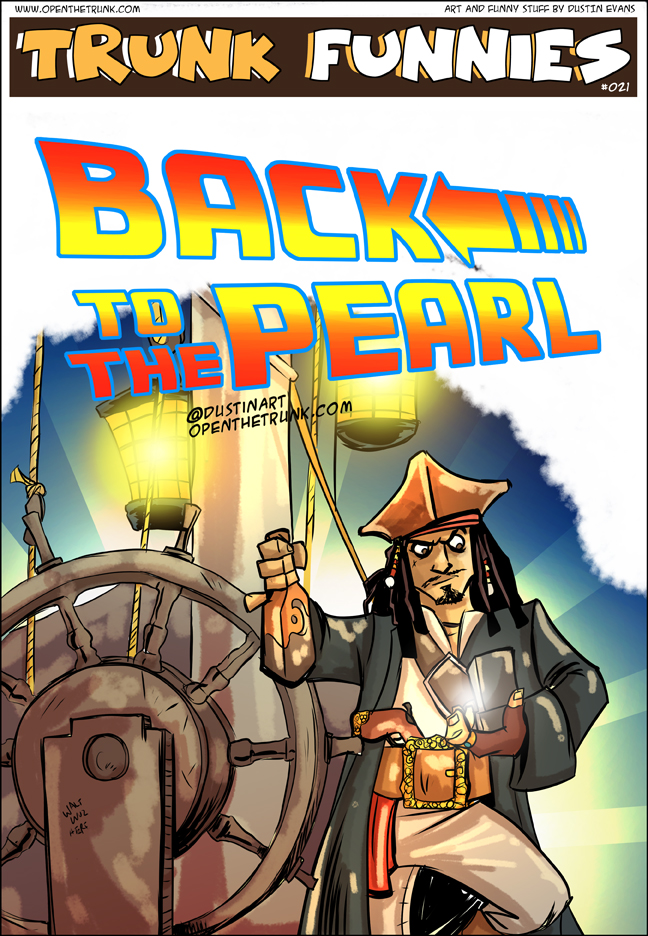
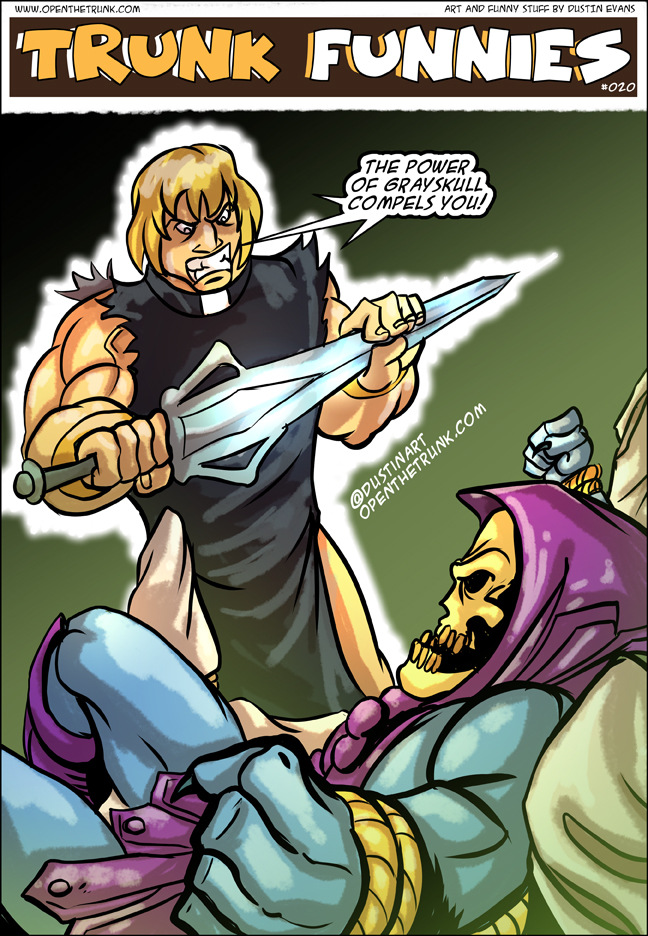
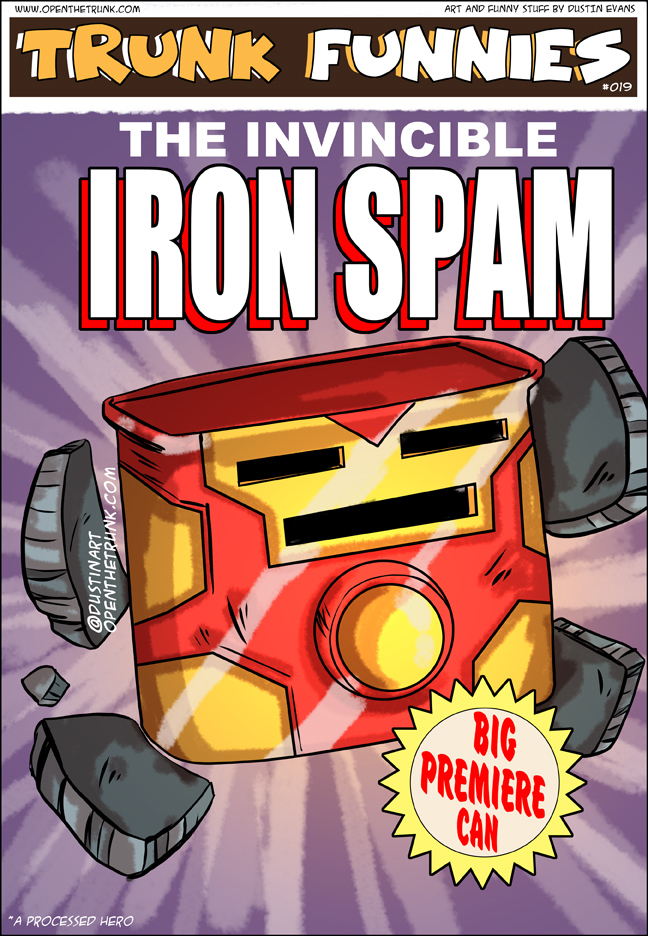
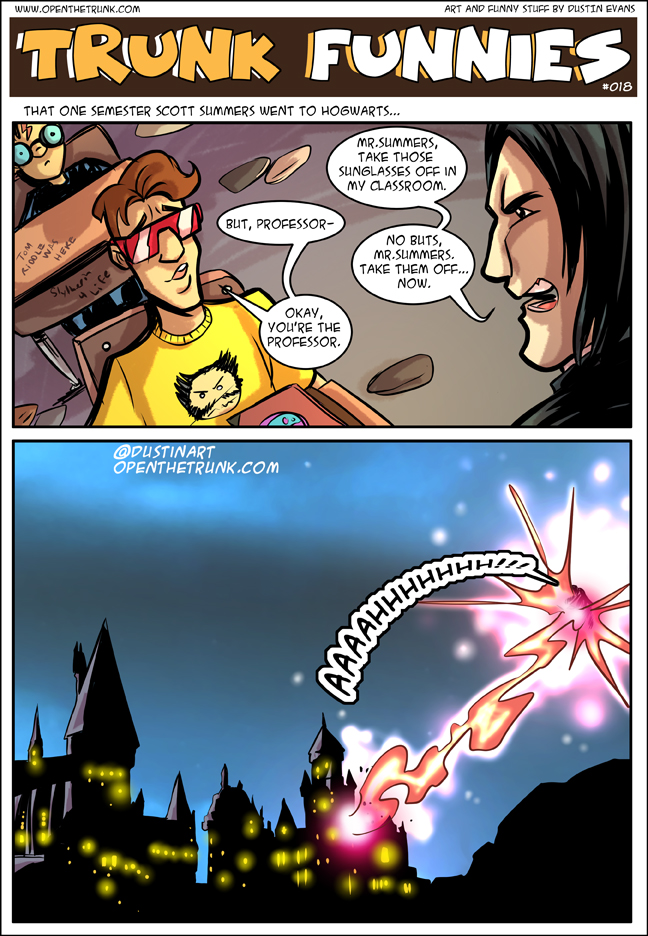
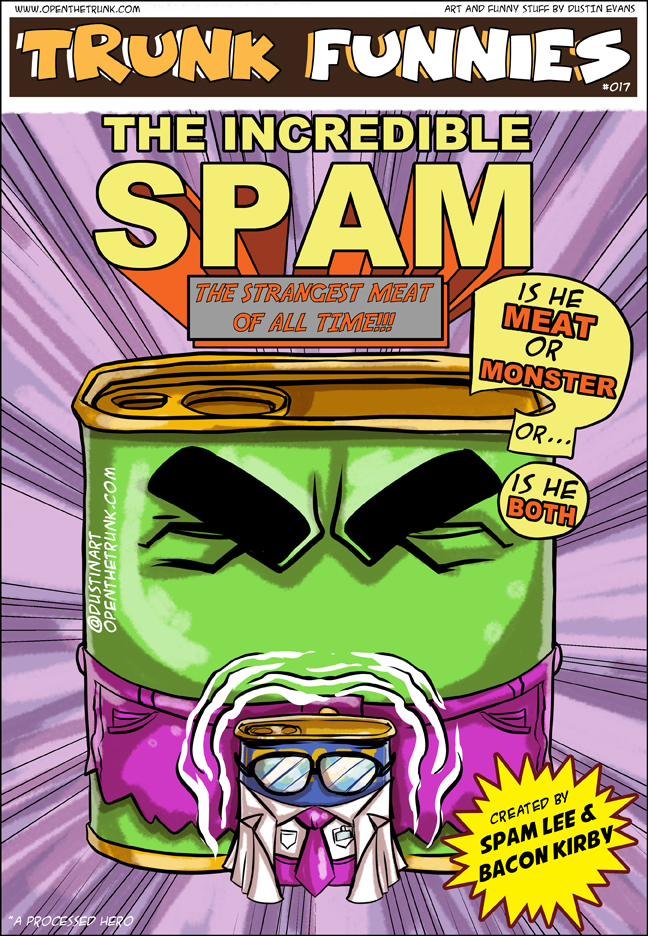
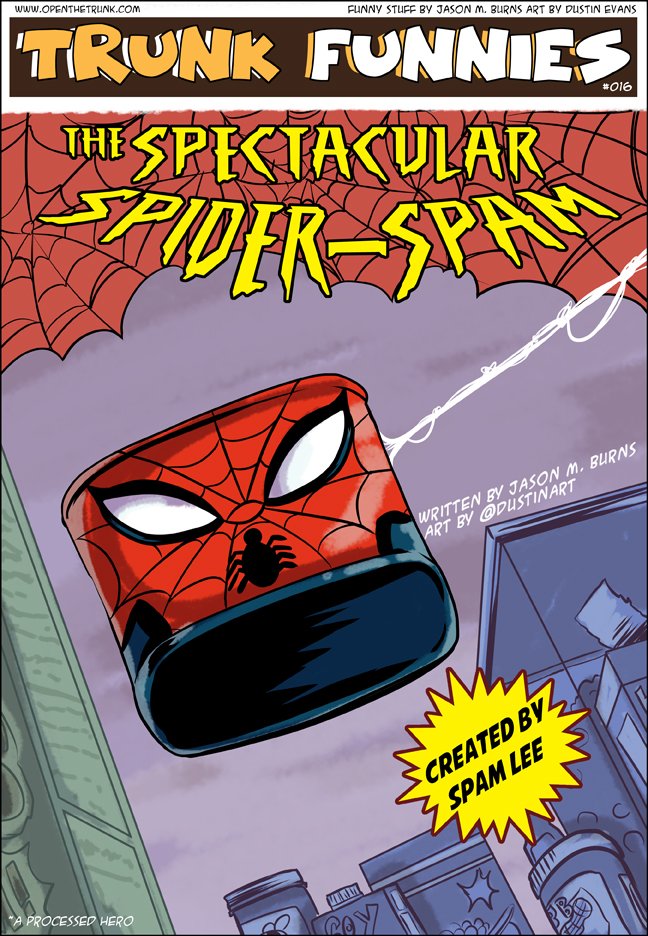
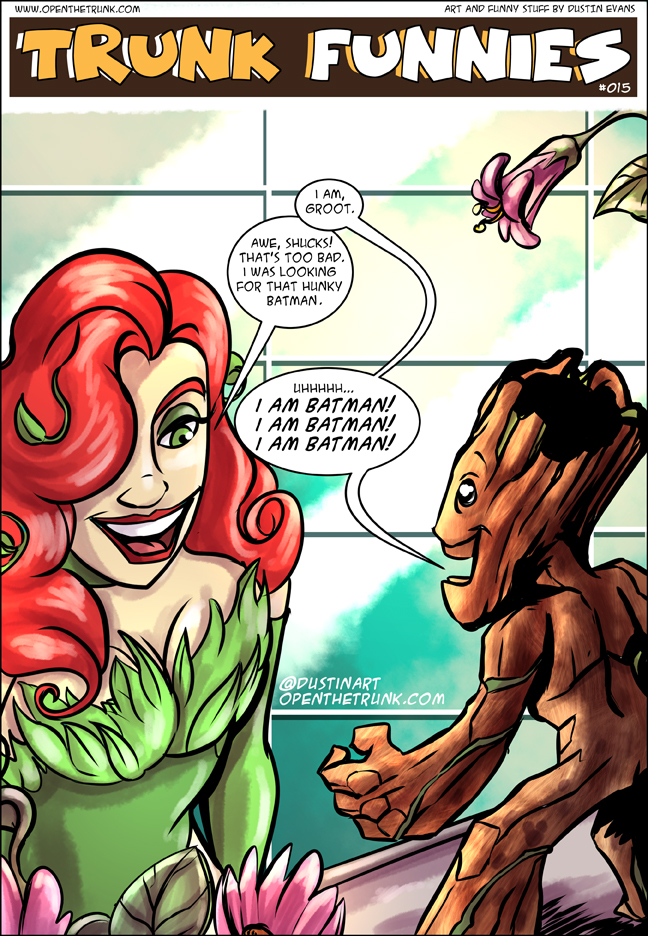
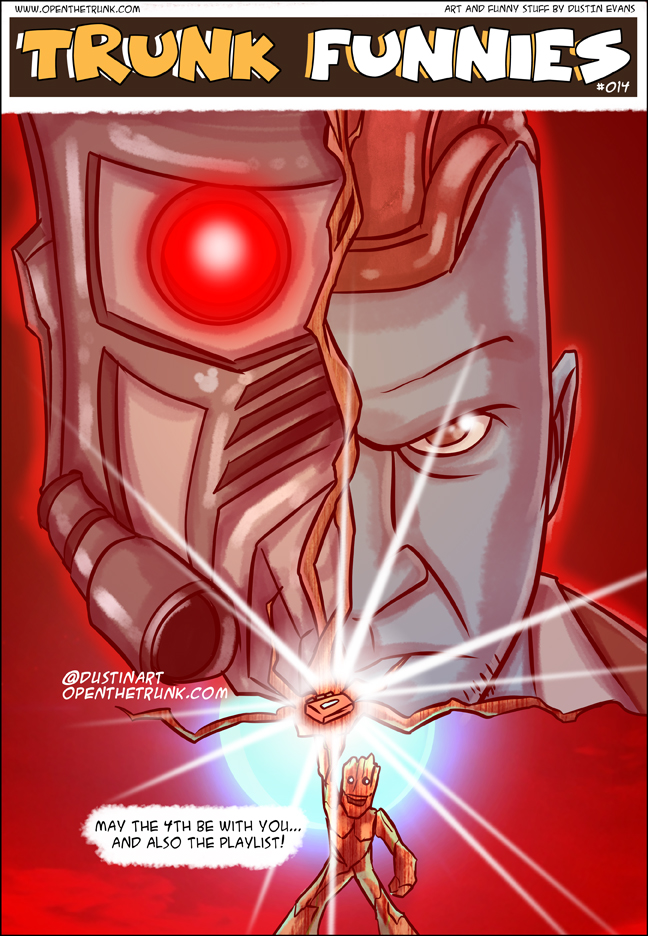
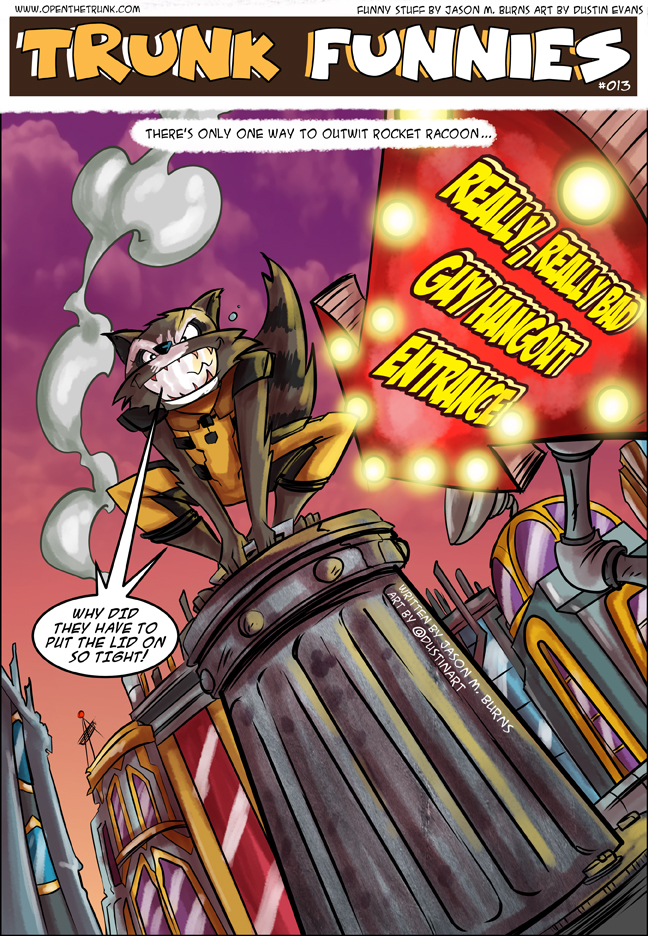
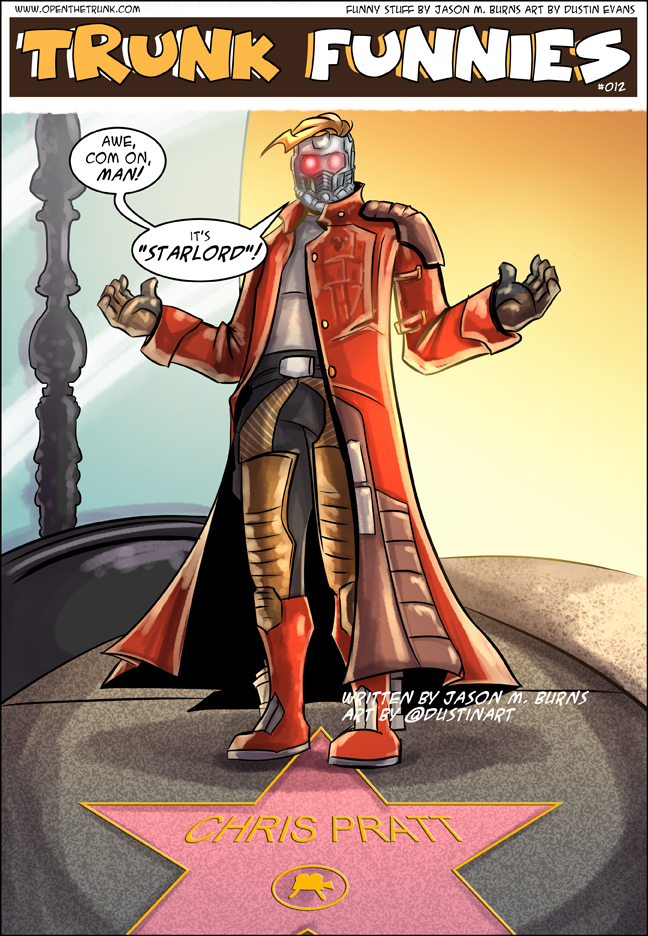
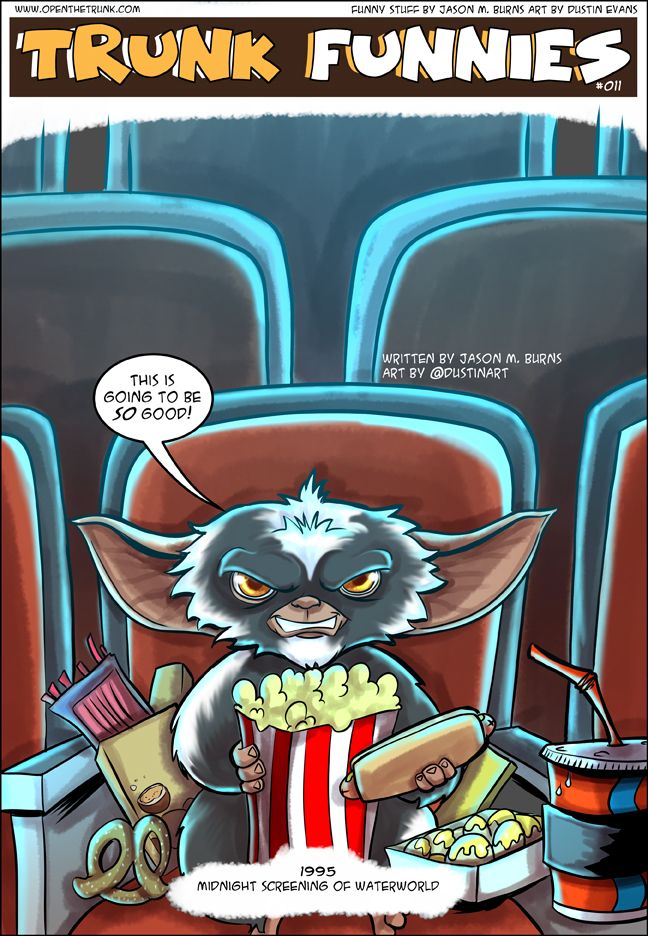
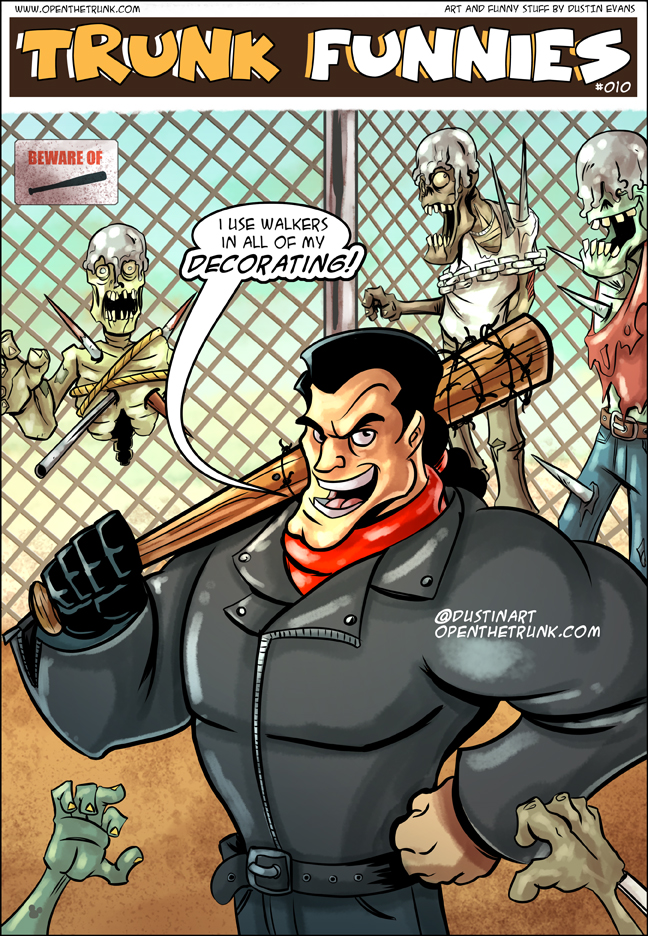
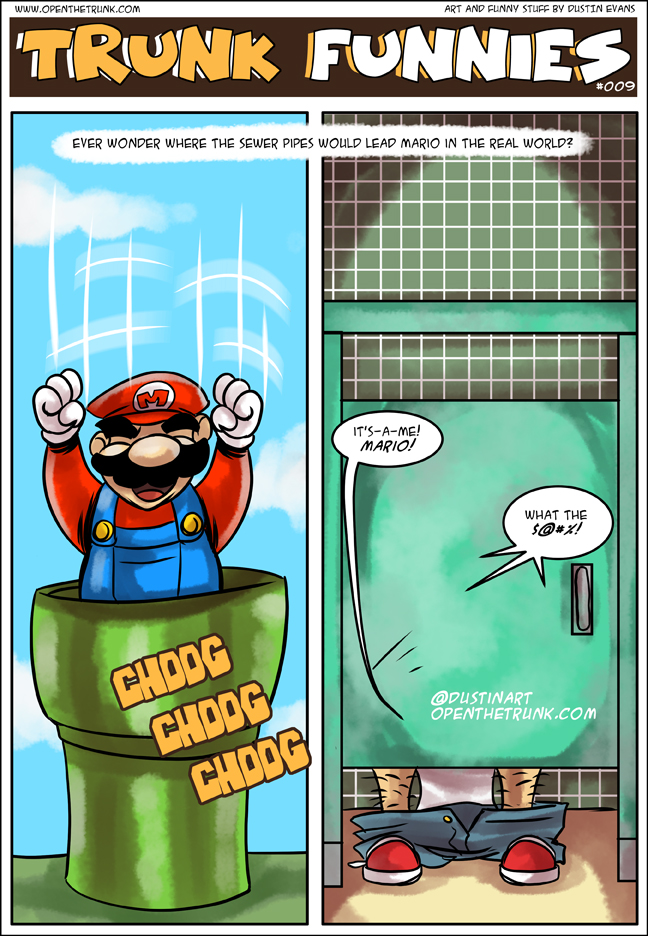
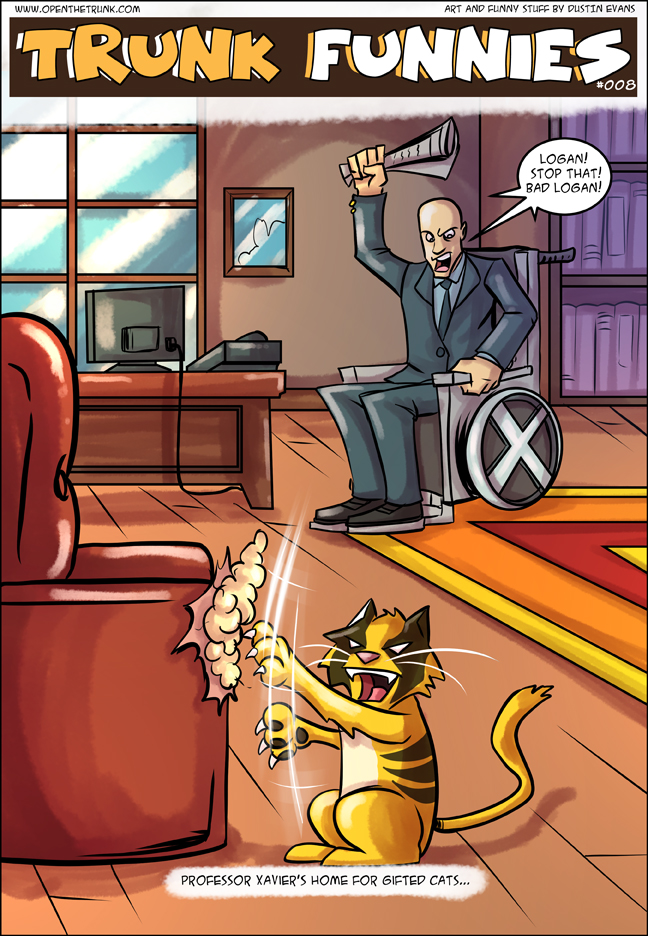
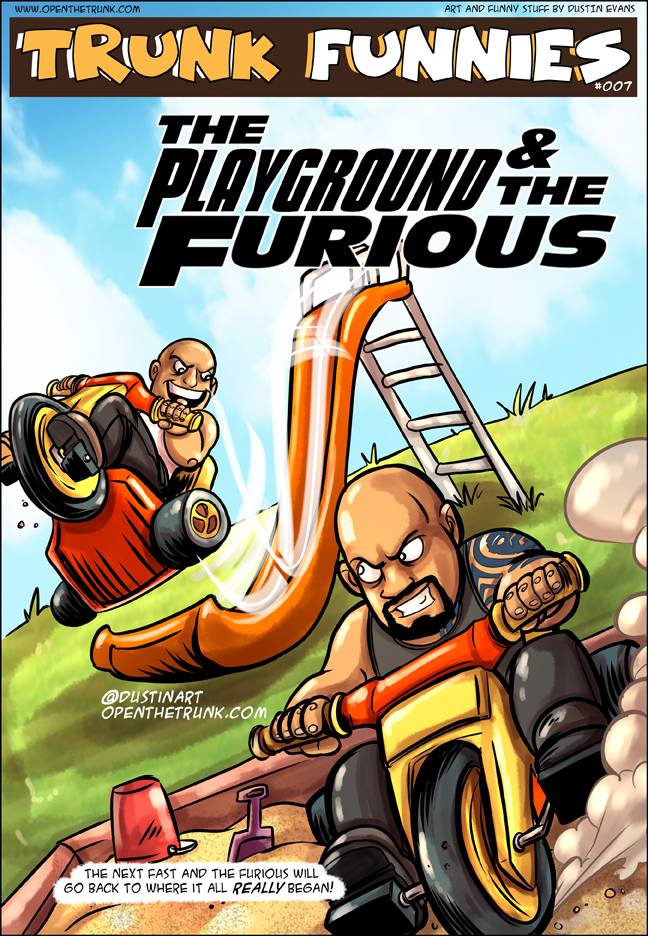
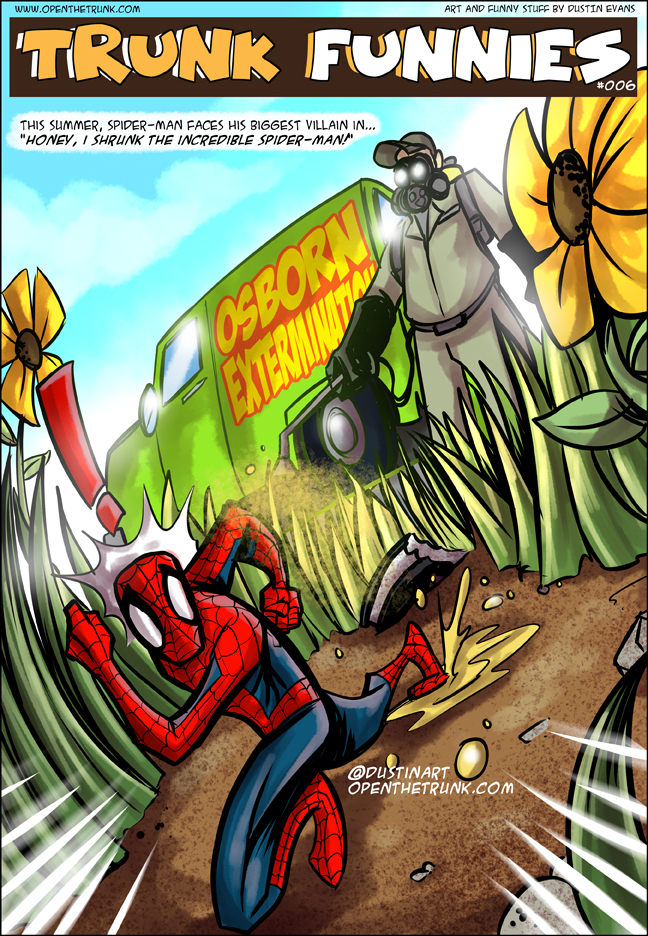
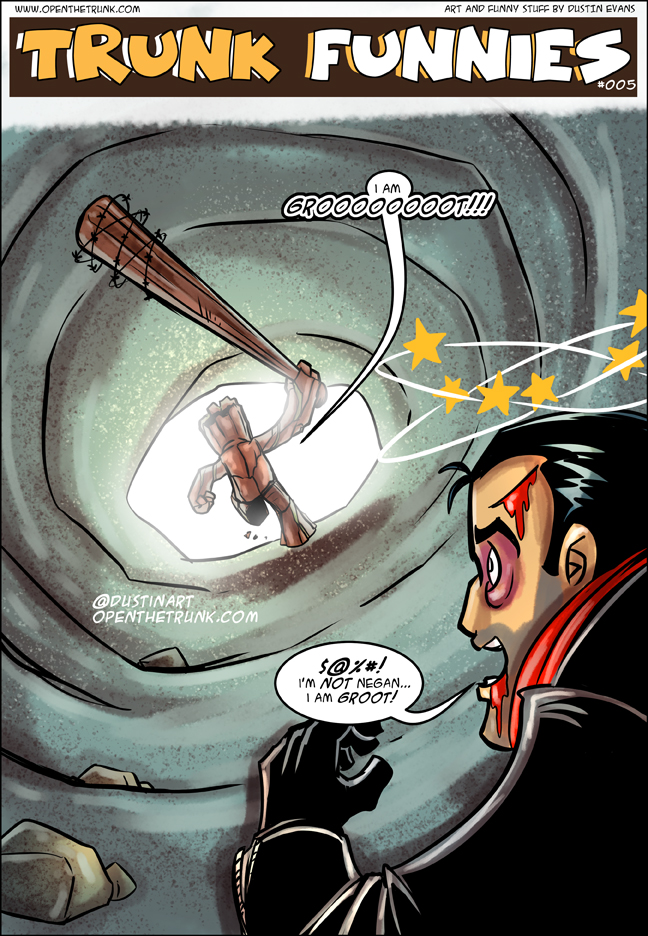
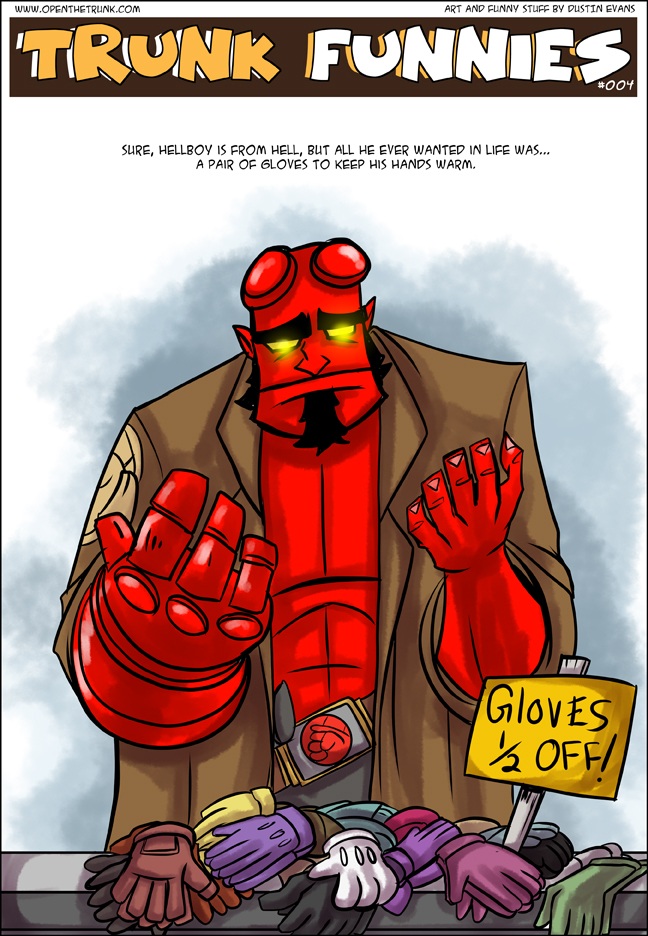
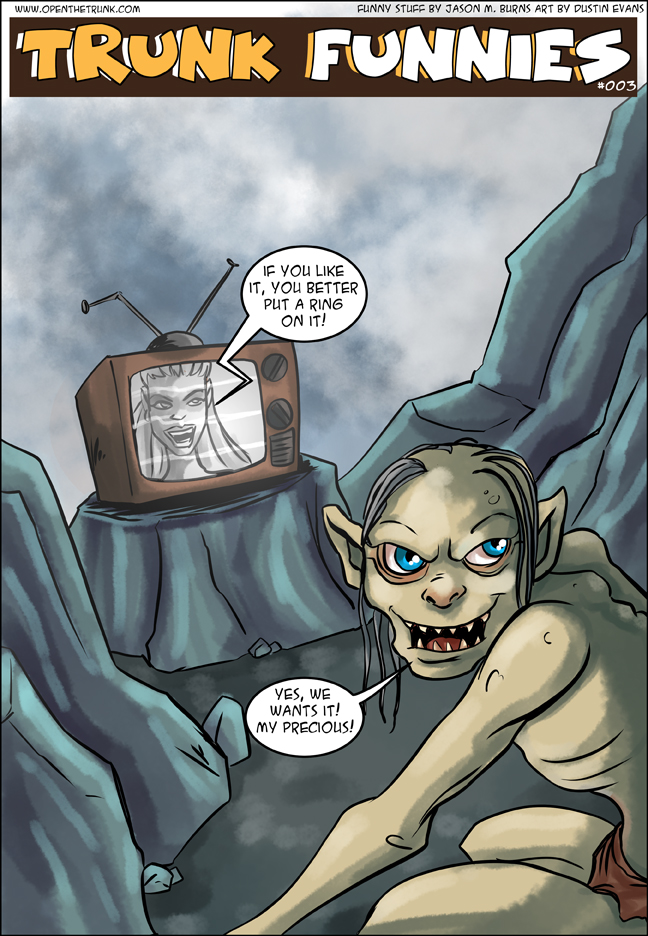
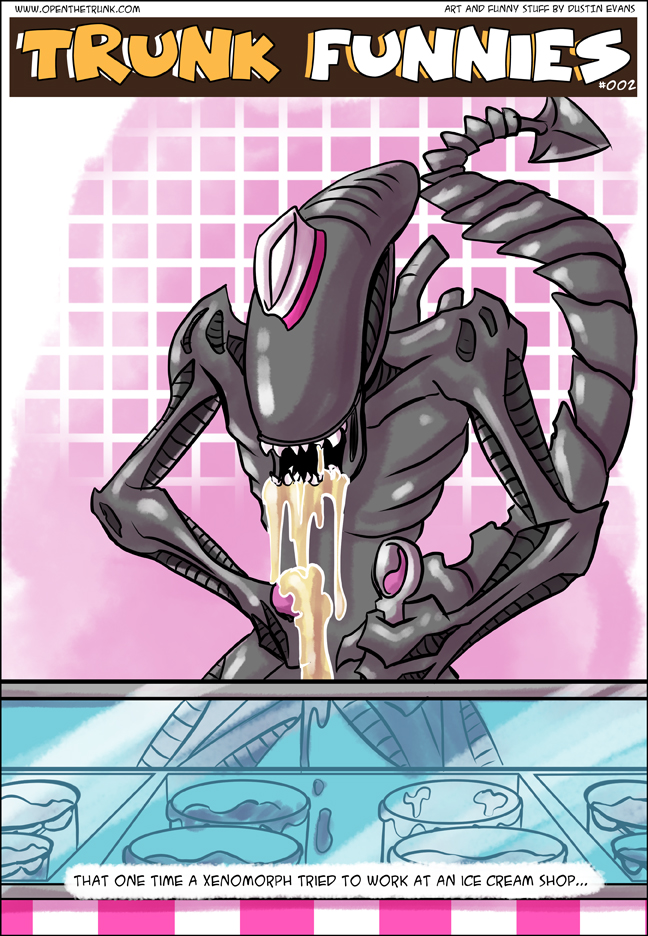
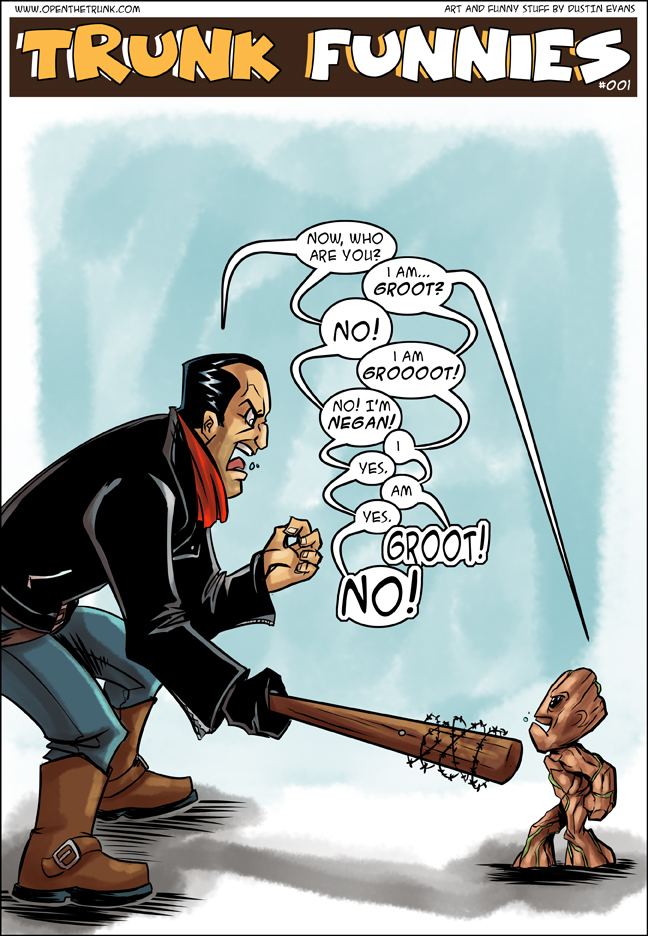
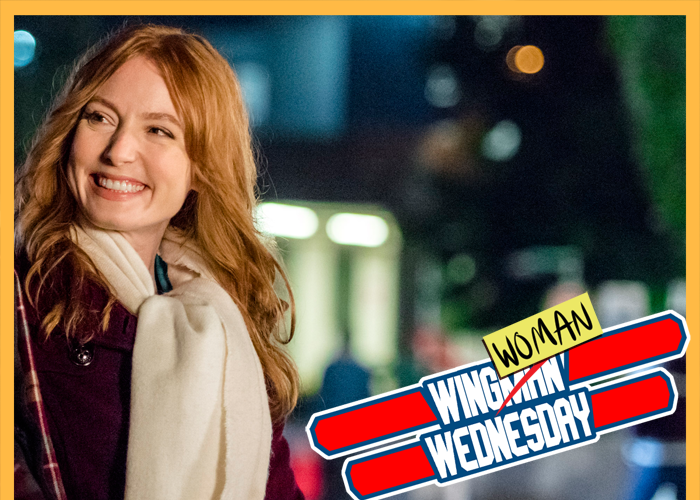
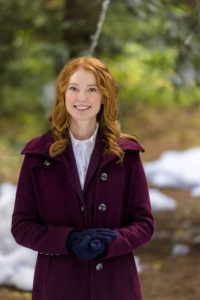
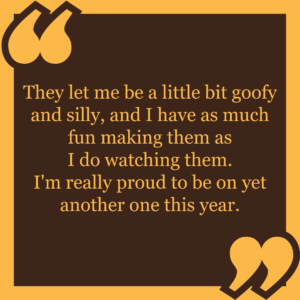 balance.
balance.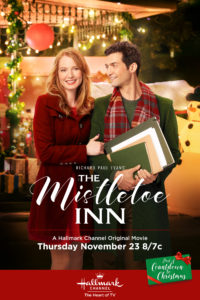


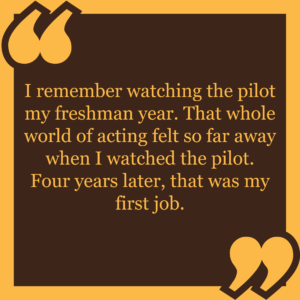
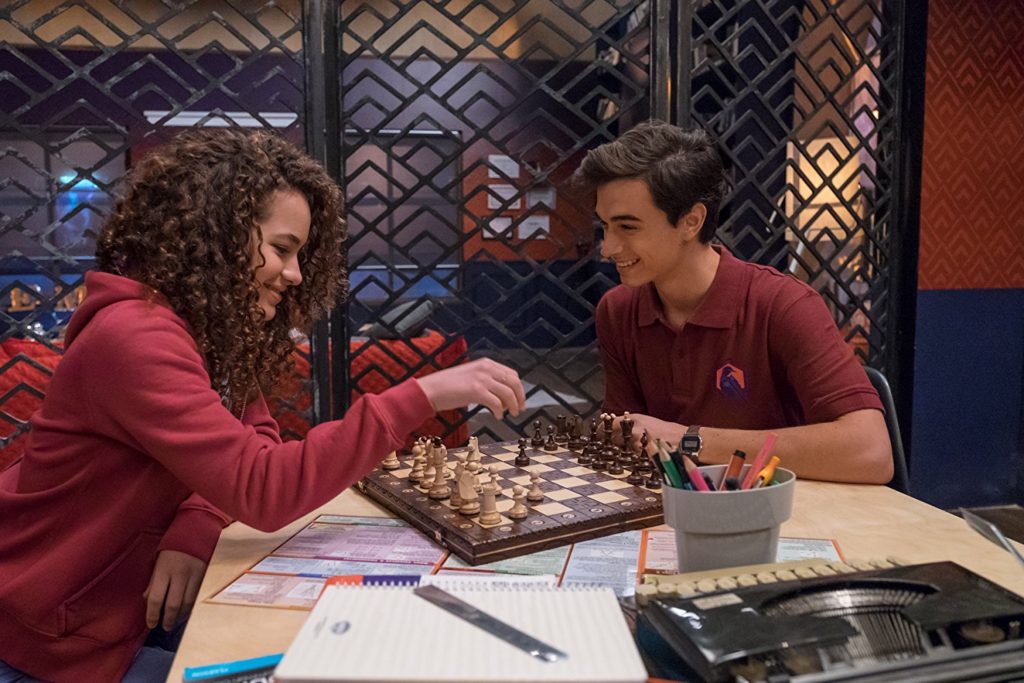

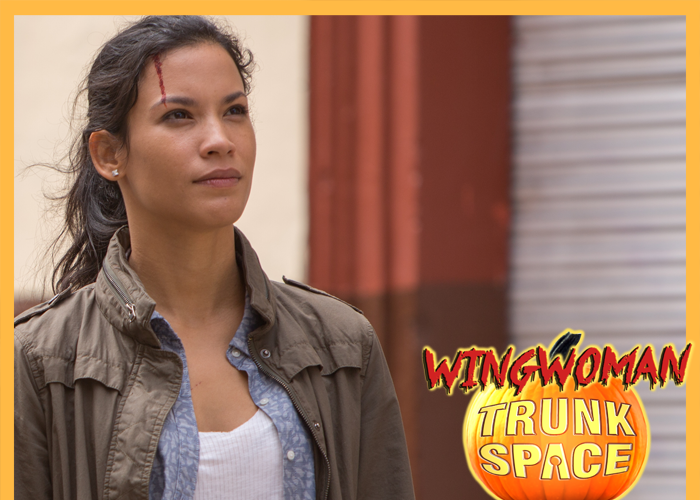
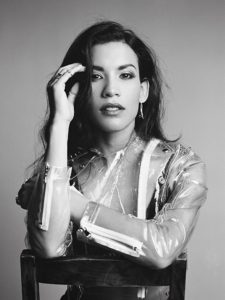
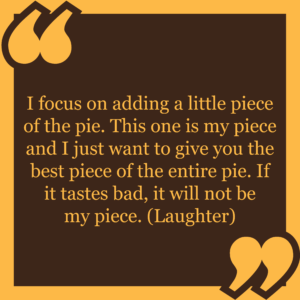 perform, but to create ahead of time with him. We would Skype and go down page-by-page, beat-by-beat, and it really helped me so much to have the freedom to let myself go and be confident.
perform, but to create ahead of time with him. We would Skype and go down page-by-page, beat-by-beat, and it really helped me so much to have the freedom to let myself go and be confident.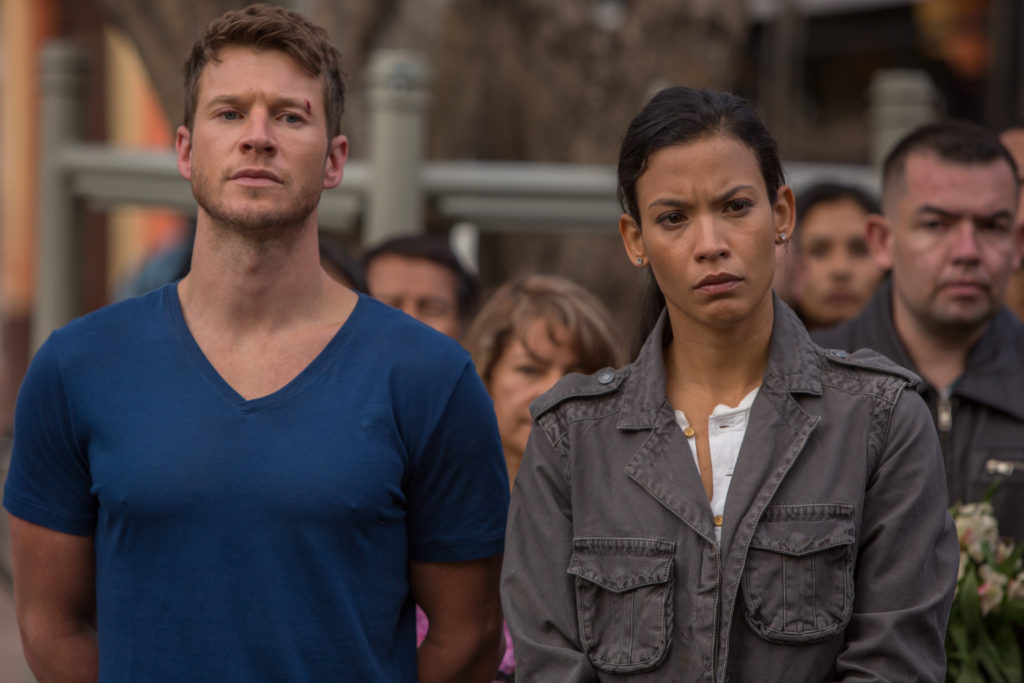
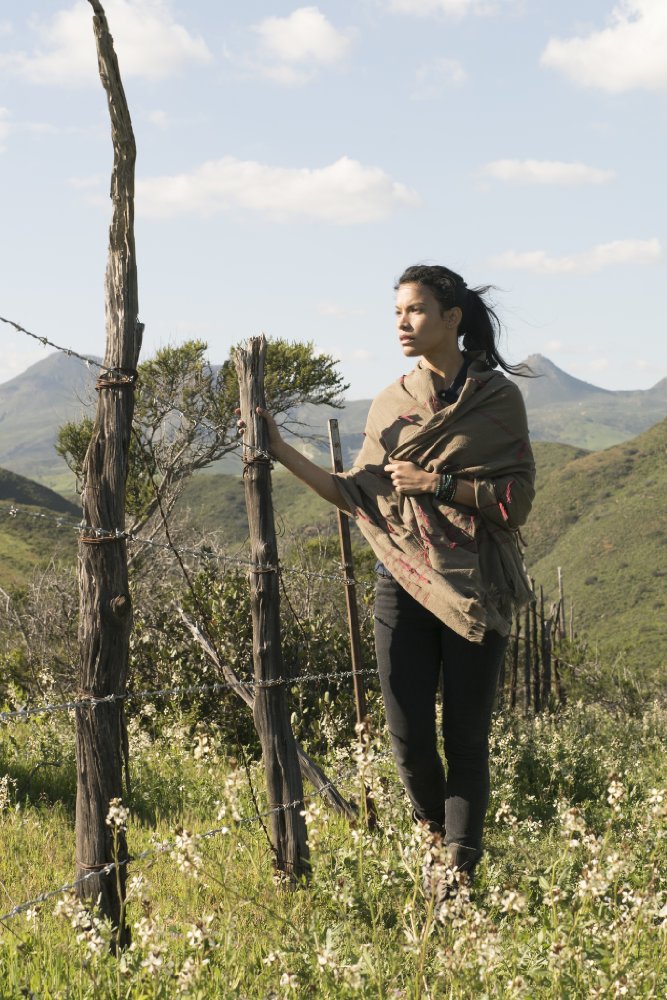
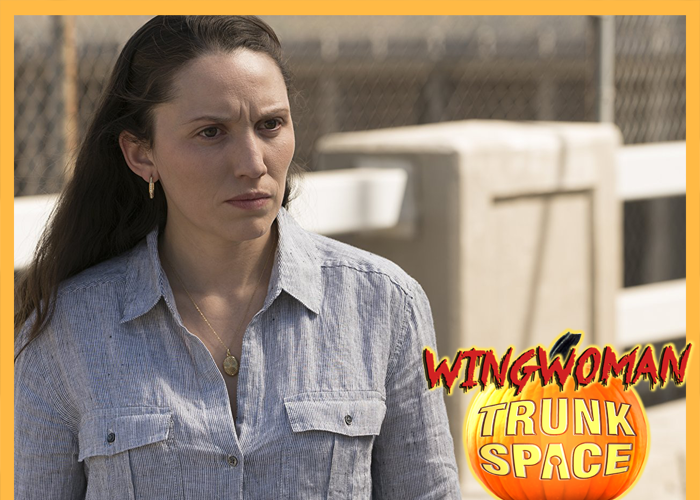
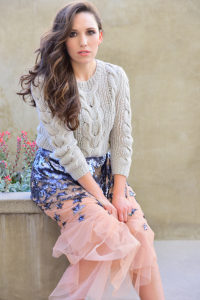
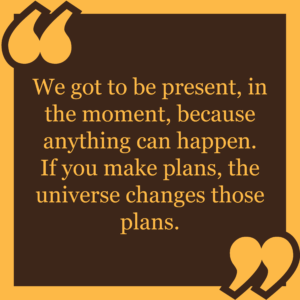 gone through the same experience?
gone through the same experience?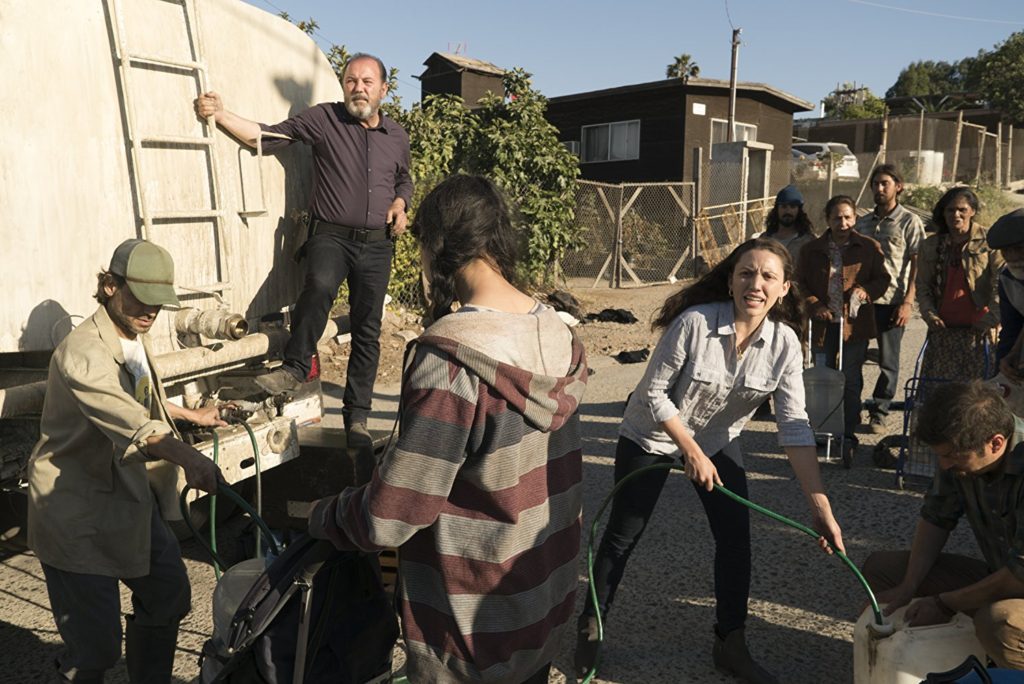
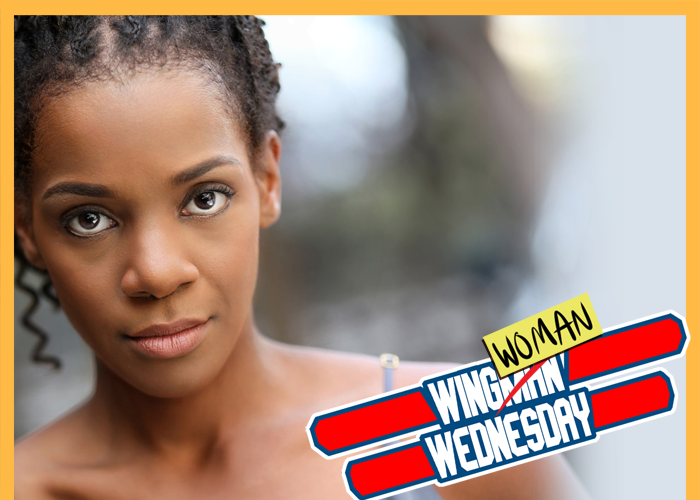
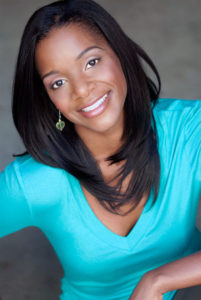 Many young people with aspirations of becoming a professional actor dream of one day having their talents recognized with an Emmy nomination. Not many of those future award ceremony scenarios involve zombies.
Many young people with aspirations of becoming a professional actor dream of one day having their talents recognized with an Emmy nomination. Not many of those future award ceremony scenarios involve zombies.